The Incredible Journey of Seth Curry

This story appears in the August 31, 2015 issue of SPORTS ILLUSTRATED. To subscribe, click here.
Seth Curry sat in a Hollywood parking lot, behind the wheel of a white GMC Yukon, unable to turn on the ignition. It was late afternoon, and traffic was building on the freeway leading back to his house in the San Fernando Valley, but for an hour he did not budge. He had already called friends and FaceTimed family. His brother and his father had told him how proud they were. But still he couldn't bring himself to drive home and celebrate. "I just sat there," Curry says. "I'm not an emotional person, but I was emotional then. I was reflecting on the whole journey I've had."
The backyard battles he couldn't win; the biased crowds he couldn't convert; the hamstring he strained when he should have been collecting scholarship offers and the shin he rehabbed when he should have been conducting draft workouts; the winters in Santa Cruz, Calif., and Erie, Pa., that wouldn't end, the calls from Europe and Asia that wouldn't stop, the 10-day contracts in Cleveland and Phoenix that weren't renewed; the night he played his first NBA game with the Grizzlies—and was waived on the bus an hour later; the night he hit his first NBA basket over James Harden—still his only bucket.
For the first 12 years of his life, he was Dell's son, and for the last 12, he was Steph's younger brother, until July 21 in that Hollywood parking lot. Vlade Divac remembered him, a shy second-grader hiding behind Dell and Steph on the Charlotte Hornets' practice court in 1997, occasionally stepping out and unleashing three-pointers. Dell hated those heaves, for fear they would mess with mechanics, but Divac appreciated the ambition. Now the general manager of the Kings, he offered Seth the chance to step out for good. A two-year guaranteed contract worth $2 million may not move the needle like a championship trophy, but it continued the Summer of Curry, and it capped an equally impressive odyssey.
SI.com's Top 100 NBA Players of 2016
Steph's story is a fairy tale. Seth's is the reality play of an undersized and underrecruited combo guard, with excellent genes and awful luck. He put up more points in a season than anybody in the history of Charlotte Christian High—including the 2015 NBA MVP. He was the top-scoring freshman in the nation at Liberty. He transferred to Duke, where he averaged 17.5 points as a senior, despite wearing a walking boot at every practice because of a stress fracture in his right shin. "He's going to be as good or better than I am," Steph predicted in '08. But 6'2", 185-pound snipers are never a sure thing, regardless of the name on the back of their jersey. Seth went undrafted in '13.
You might have seen him in this year's NBA playoffs, convulsing in the lower bowl at Smoothie King Center in New Orleans as Steph made the game-tying corner three while getting pummeled by two Pelicans; or at the MVP ceremony, pretending not to cry as Steph hailed his perseverance; or after the Warriors wrapped up the championship, rushing down to the court as Steph gave out hugs. What you didn't see were the late-night workouts at Golden State's practice facility, the early morning drills at Beverly Hills High, the trip to Cleveland during the Finals when he stole away to practice at a high school gym. "I'm so happy for Steph and what he's accomplished," says Seth, 25. "But you want it for yourself too." He incinerated the Las Vegas Summer League, as Steph watched nervously on NBATV, tuning in from the delivery room the day his second daughter, Ryan, was born. "Wife gave the approval," Steph clarifies.
• MORE NBA: NBA stars as talk show hosts? | Roundtable: Fixing the NBA
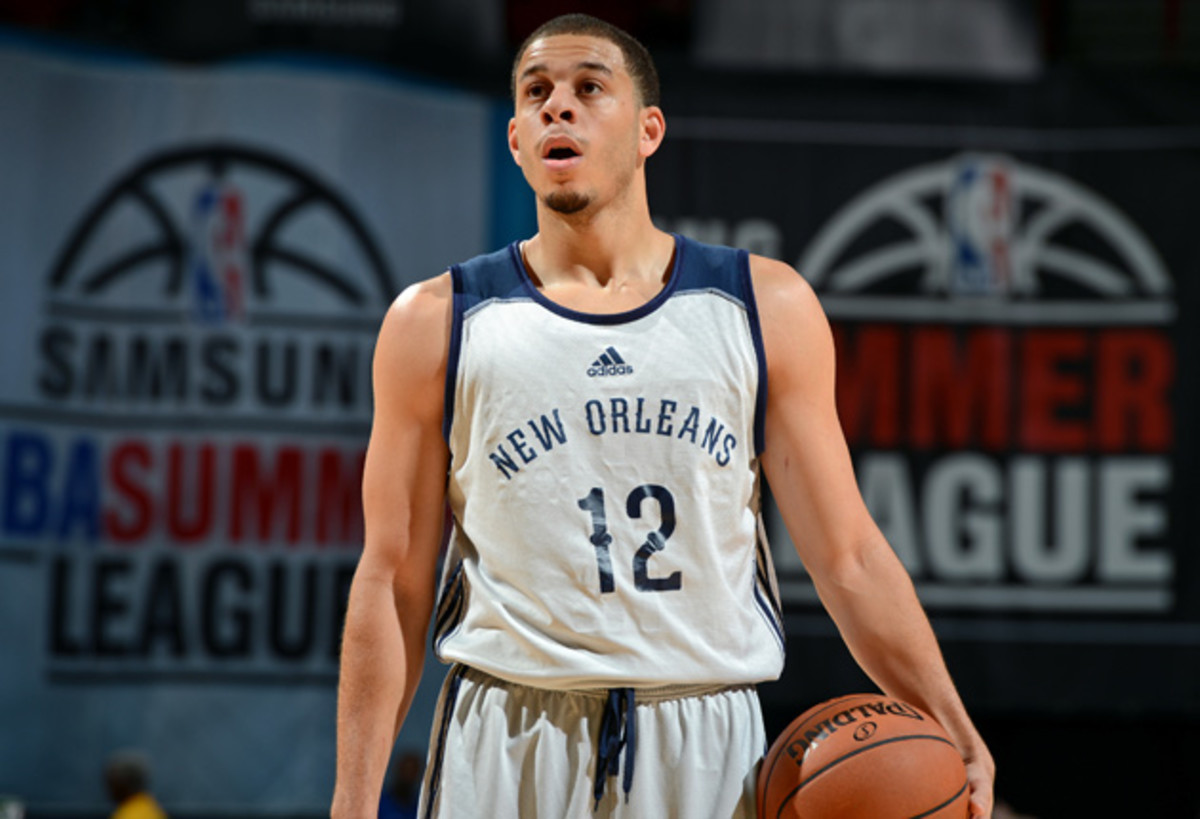
Over the past two years Seth dominated the NBA Development League, scoring 23.8 points per game last season for the Erie BayHawks and sinking 46.7% of his threes. He went on binges, like the time he reeled off 25 points against Delaware in the fourth quarter and overtime. And he shook off slumps, like the time he started 0 for 10 against Sioux Falls and emerged from the bench to nail the game-winner. He has a scoop shot and a step-back jumper, same as his brother, and he bounds around screens and finds open spaces, same as his father. But the blend is all his own. So why, given his dynamic skills and famous bloodline, did it take so long for a team to claim him? "I've heard people say I'm a Curry and that helped me get where I am," Seth says. "Sometimes I think it's the opposite."
Class Picture: Stephen Curry has it all
Lunch hour on the back patio of Vivian's Millennium Café in Studio City and Seth can see the busboy in the Dodgers cap approaching before he even orders his eggs. He knows what the kid is going to say. "Are you ... Steph Curry's brother?" Seth nods, smiles, agrees that it was a sensational year in the Bay. "Maybe I'm different," he says, when the busboy retreats. "But I don't get bothered by that. I'm proud of it."
He is used to it. As a boy, strangers asked about Dell and wondered whether his marksmanship would be passed down. "The public can talk about that kind of thing," Dell told his sons, "but we're not talking about it in our house. You are not your dad. You are your own player." When Steph emerged as a local hotshot, the message had to be repeated. "You're different people," Dell said. "There are no comparisons." While outsiders marveled at their similar frames and strokes, the Curry boys felt more like a study in contrast. "Off the court, in terms of personality, we're totally different," Seth says. Steph is animated and polished. Seth is so reserved he once went to a middle school dance and refused to leave the car. He is more outgoing now, having delivered the best man's toast at his brother's wedding four years ago, and his restraint comes across as edgy and cool. When a friend asked about his tears during the MVP speech, he deadpanned, "That was just for the ladies."
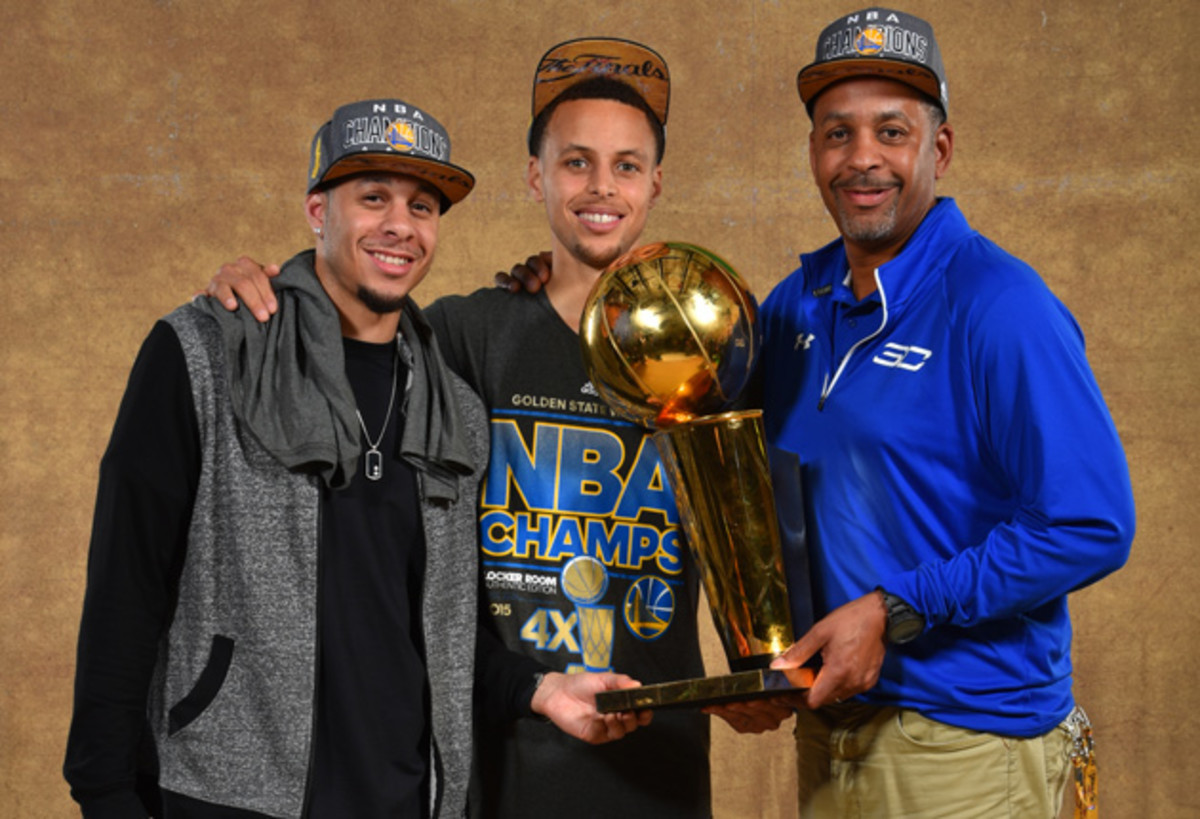
He learned his hoops by watching Dell and battling Steph. When Dell overhauled Steph's shot one summer in Charlotte, Seth silently adjusted his own, so he wouldn't have to endure the whole painful process later. When the family moved to Toronto and Dell played for the Raptors, Seth spent the first half of games in the stands at Air Canada Centre, and the second half mimicking what he'd just seen as he dueled Steph on the practice court in the arena. Because Seth was 2½ years younger, he relied on gimmicks to compete in the seven-game series they staged, quitting if he took an early lead or threatening to quit over iffy foul calls. But as he grew, and matchups shifted to the full court behind their Charlotte home, he didn't need the stunts. He won his share. Steph admired the strength with which he attacked the basket, whether he was hacked or not.
Those buckets imbued him with confidence that no AAU showcase could. When students at Charlotte Latin School chanted, You're not Stephen! Seth answered with four straight threes. "It was his fuel," says Charlotte Christian coach Shonn Brown. "His motivation." Seth was never bitter but always driven. Steph wrote DAVIDSON with a glow-in-the-dark marker on Seth's bedroom wall, hoping he'd follow in his college footsteps. But that was Steph's campus. "I didn't want to go to Davidson," Seth says. "I wanted to do my own thing." He chose Liberty, after a hamstring injury sidelined him in the summer before his senior season, costing him looks from bigger programs.
"He was better at creating his shot than anybody I've ever seen at 18 years old," says Liberty coach Ritchie McKay. Seth scored 26 points at Virginia in his third game and two weeks later put up 24 at Clemson. Opponents in the Big South doubled him, face-guarded him, ran box-and-ones against him. Weary of the junk defenses, he headed to Duke after one year, and in his first game against North Carolina scored 18 second-half points to spark a stunning comeback. He was an NBA prospect, and then he wasn't, when shin splints turned to a stress fracture the month before his senior season. He could have undergone surgery and taken a medical redshirt, but he chose to play, sitting out practices to spare his legs. He still boosted the Blue Devils to the regional final, but he required surgery in the spring, which destroyed his draft stock.
Seth's father and his agent, Alex Saratsis at Octagon, formed a plan. He would spend up to two years in the D-League, chasing the NBA carrot, and if he didn't reach it by fall 2015 he would head overseas and earn as much money as he could. Sensing more than a marketing opportunity, the Warriors signed Seth two months after the draft and sent him to their affiliate in Santa Cruz, where he scored 36 points in his first game. Because he was in the D-League, any NBA team could nab him, and Memphis came calling two months into his pro career. Seth assumed his dues were paid. Then the Grizzlies waived him the day he made his debut. They told him to stay at the Westin across from FedEx Forum while they explored trading a guard and inking him to a 10-day contract. They traded the guard, Jerryd Bayless, but they never gave him the 10-day.
The Cavaliers did, two months later, and Seth sank a corner three in his first game against the Rockets. But he didn't play another minute for Cleveland, returning to Santa Cruz, where he scored 44 points in a playoff game 10 days later. Back in the D-League he was paired in the backcourt with Mychel Thompson, brother of Golden State guard Klay Thompson. "They called us the Splash Brothers and everything," Seth says. "I hated that stuff. It was so corny. We didn't even have our own nickname."
Last season he signed with the Magic and moved to their D-League team in Erie, where he found nothing to do at night but queue up League Pass on his laptop and watch Steph light the NBA on fire. Dell rejoiced for one son and felt for the other. "That's when you have to make sure you're giving him the same amount of attention," Dell says. "We watched all of his D-League games on YouTube. We went up there to see him. We had to let him know, 'We haven't forgotten about you. Your path is going to be different. But it's just as important.'"
Seth was never discouraged by Steph's star turn. If anything, he was emboldened by it. "I played against this guy my whole life," he thought. "I can make that league."
SI.com's Top 100 NBA Players of 2016
On a road trip to play the Westchester Knicks in early December, Erie coach Bill Peterson pulled Seth aside in the hotel lobby. "You are an NBA player," he told him. "You have an NBA talent: You can score. I don't care about your brother. We have to get you to the NBA." General managers wanted to see Seth finish around the basket, so he practiced 50 floaters a day. They wanted to see him defend bigger guards, so he matched up against 6'5" wings. They wanted to see his conditioning improve, so he searched for sandwiches when other BayHawks made burger runs. "Go show 'em," Peterson urged. "Don't leave any questions. Don't leave any doubt."
But every time Seth addressed one concern, another surfaced. "Focus more on defense? O.K.," Seth says. "Score in ways other than jump shots? O.K. Shoot more free throws? O.K. There was always something. I didn't know what else I could do." Peterson stewed when he heard scouts whisper, "He doesn't do this like his brother. He doesn't do that like his brother. He's not as big as his brother." One night Peterson barked back, "There isn't anybody in the world who does it like his brother. So change the guy's name. Look at him differently."
Seth wondered whether evaluations would improve if he were a Smith. "They were comparing me to the MVP," he says, "instead of the people in the D-League, who I was pretty much dominating."
Offers from clubs in Europe and Asia poured into the Octagon offices. "How about another $50,000," reps asked. "Another 75? Another 100?" Saratsis turned them all down. "That wasn't what I wanted," Seth says. "I want people to see what I can do. Not see what Steph can do, or my dad can do, and then assume that's what I do. I want them to actually watch me play, and then decide who they think I am." In Erie he scored 30 or more points eight times, operating on the ball and off. He drained 156 threes in 43 games. He shot 66.7% in clutch situations. He threw flames from the perimeter, but he also punished defenders who closed out too hard, driving past them for floaters and scoops. He and Steph talked regularly, sometimes about schemes and reads, but also about frustration and persistence. "He can't escape the comparisons to me and our dad," Steph says. "But he can create his own story."
Six months remained until his self-imposed deadline. Then it was off to Europe. He couldn't make $13,000 in the D-League forever. The Suns finally awarded him a 10-day contract in March but declined to renew it, saying they wanted a guard with more experience. They later signed Jerel McNeal, who had never played in the NBA before.
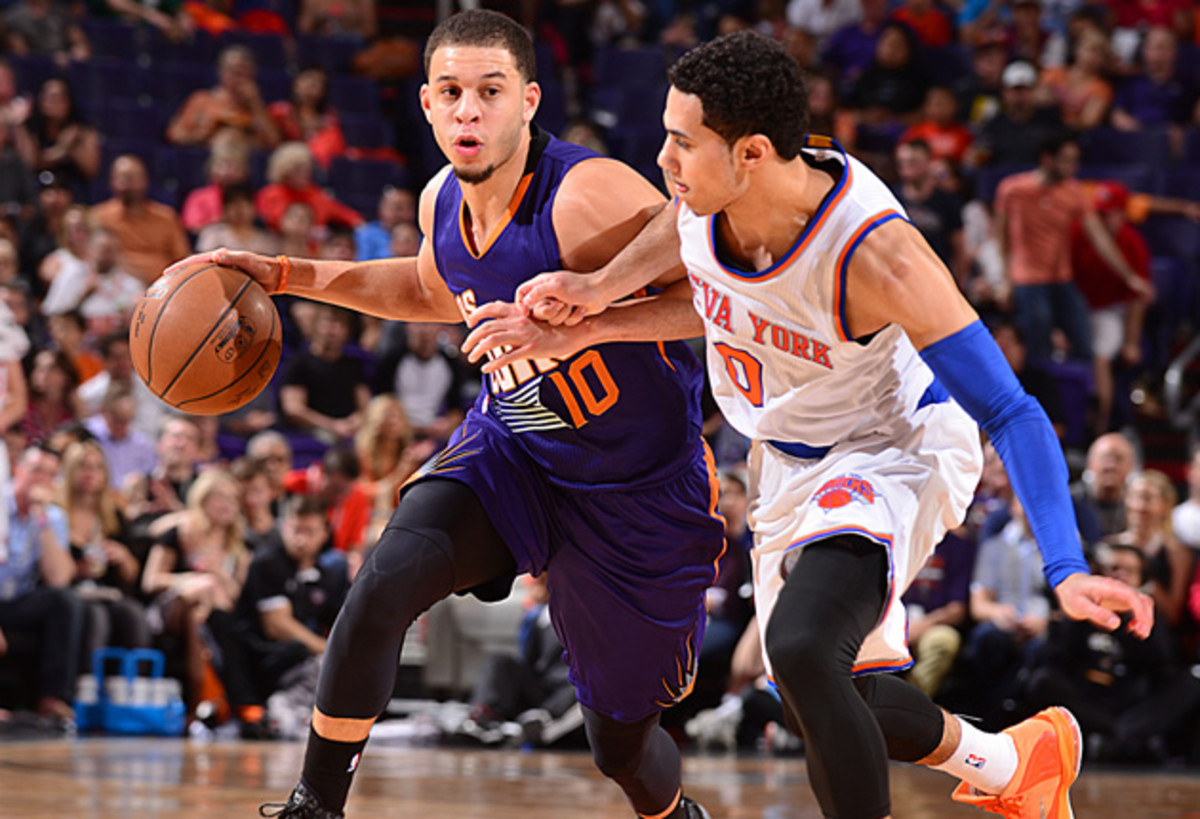
Players on 10-day contracts do not typically get many minutes in games, so they are judged in practice. "And practice has never really been Seth's thing," says Johnny Stephene, a former Liberty teammate. "We had to change the way he thought about practice." Stephene, a ballhandling coach who runs a training program called HandleLife, designed workouts for Seth that felt like games.
"I got four or five guys, former D-I players, to really defend him and trap him," Stephene says. "He had to get his shot off, find the open man, split the screen. He had to get creative." Seth spent the spring in the Bay Area, where he stayed with Steph, but he flew often to L.A. for 7 a.m. sessions with Stephene at Beverly Hills High. "He would come back and have all these stories about watching Steph in the playoffs," Stephene says. "I tried to tell him, 'Feel like you're out there—because your time is coming.'"
• MORE NBA: Warriors' title package: Commemorative book, framed cover
Stephen Curry Q&A: Golf with Obama, new goals and battling complacency
Summer League had never been kind to Seth. In 2014 he averaged only 9.8 points in Orlando, with the Magic, and 10.2 in Las Vegas, with the Suns. This July he returned to Vegas, but he was with the Pelicans, and Darren Erman was the coach. Erman, who had worked with Seth at Golden State, told him, "We're going to give you every opportunity to show what you can do." It was Seth's last chance, and his best one. Erman played him 30 minutes or more in every game, and Seth put up 24.3 points. Oddly, he shot just 22.2% from three, proving once and for all that he could do more than let fly from the wing. Erman challenged him during timeouts. Can you guard this guy? Can you score in that situation? "Without question," Seth replied. It became a mantra.
The Kings made the strongest offer on July 21—the day after Summer League ended—but not the only one. The Pelicans, Hornets and Warriors jumped in as well. "I didn't want to go to Golden State," Seth says. "I didn't want to go back in Steph's shadow." He will come off the bench in Sacramento, as a backup to point guards Rajon Rondo and Darren Collison, and a complement to both in smaller lineups. Seth and Rondo could form a particularly intriguing pair, since Seth can space the floor with his shooting and Rondo cannot. "I know that people compared him to Steph, and that may have hurt him before, but I will not do that," Divac says. "I'm just looking for Seth. He is my guy."
He will wear number 30, like his father and brother, the emblem of basketball's first family. "It feels right," Seth says. He has been the victim of unreasonable expectations and the beneficiary of invaluable experiences. Drills with Dell at Charlotte Coliseum. H-O-R-S-E games with Steph that lasted two hours. Late-night calls that encouraged and inspired. Whatever the price attached to that name and number, it was clearly worth paying. He received optimal training without preferential treatment.
He earned the right to make his own splash.
GALLERY: Top 100 NBA Players of 2016
Top 100 NBA Players of 2016
#100 — Giannis Antetokounmpo
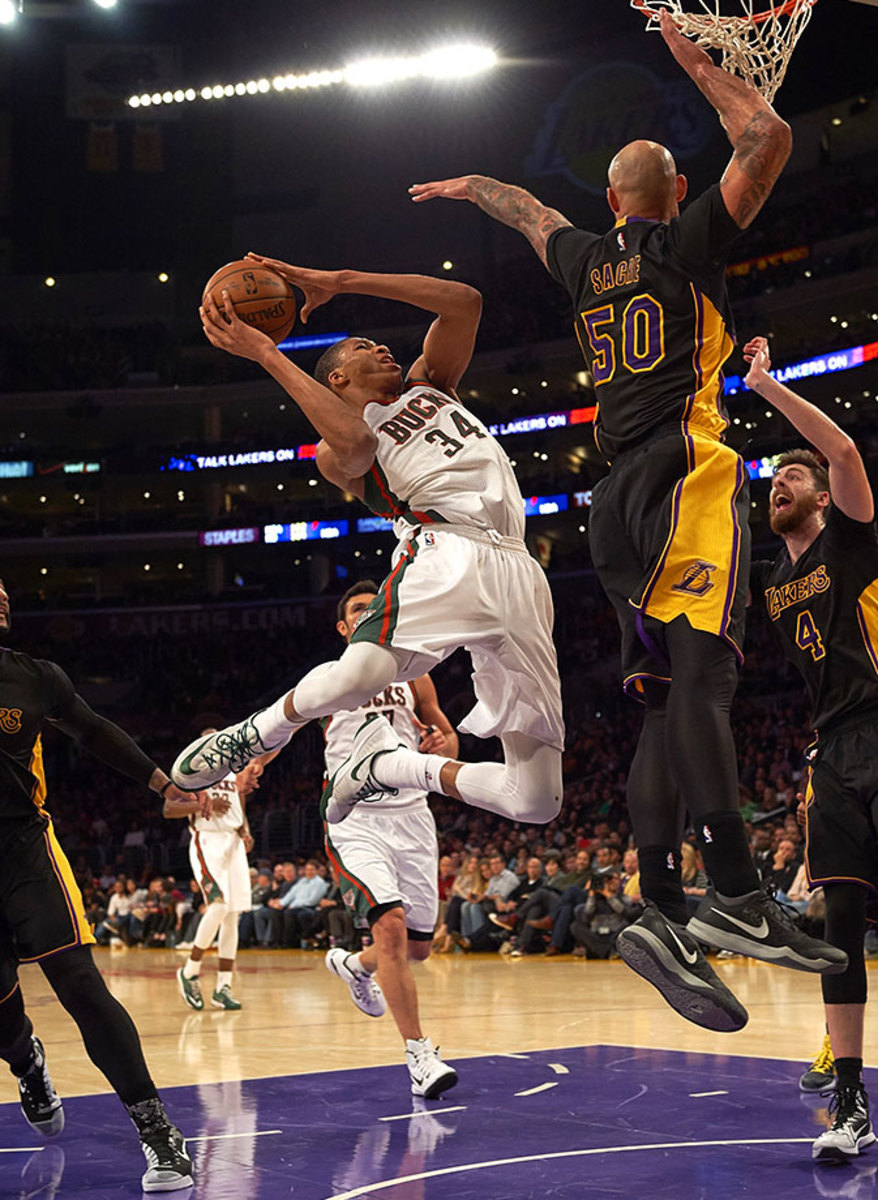
Bucks | Forward | Last year: —
#99 — Wesley Matthews
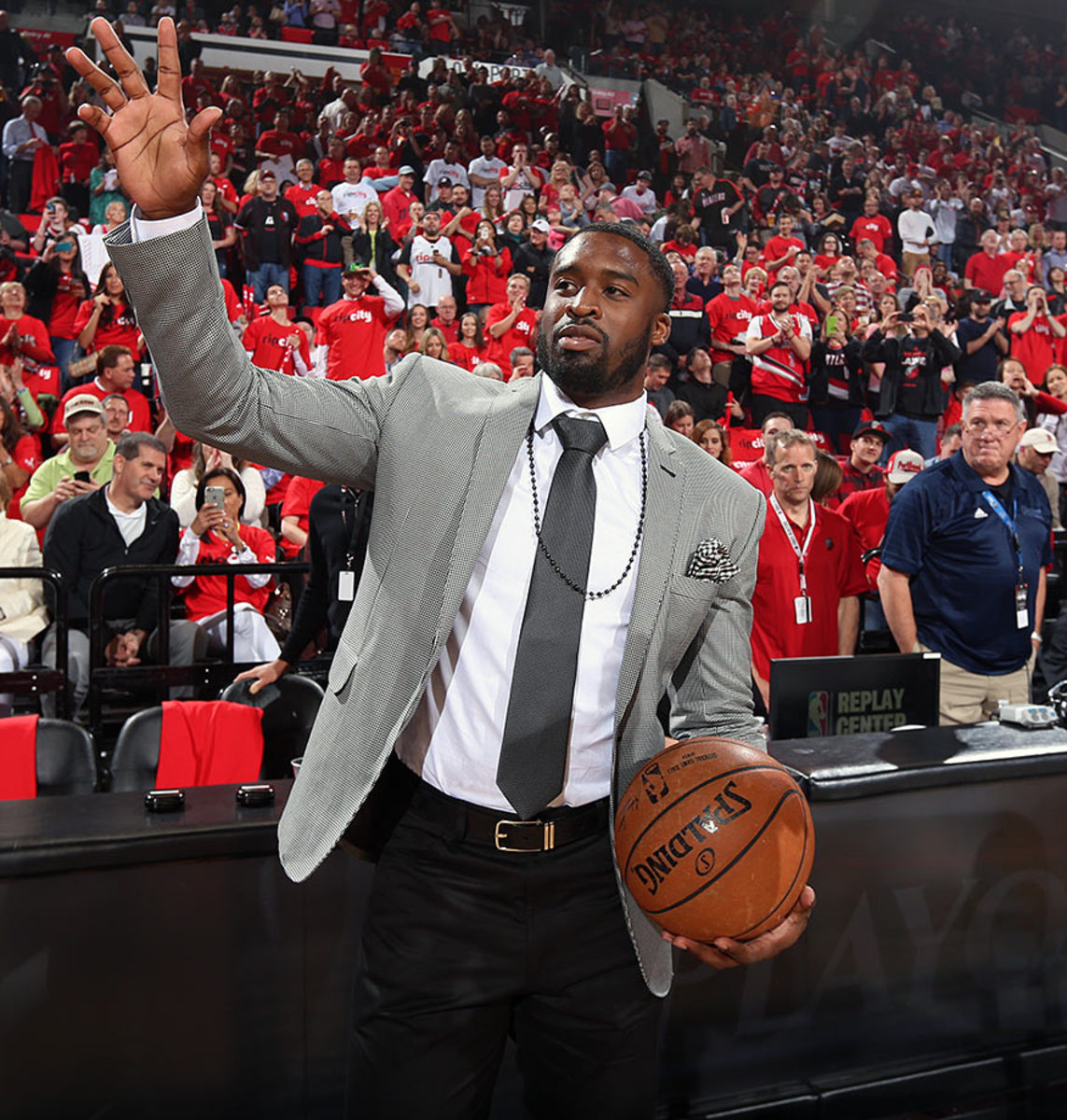
Mavericks | Guard | Last year: 72
#98 — Donatas Motiejunas
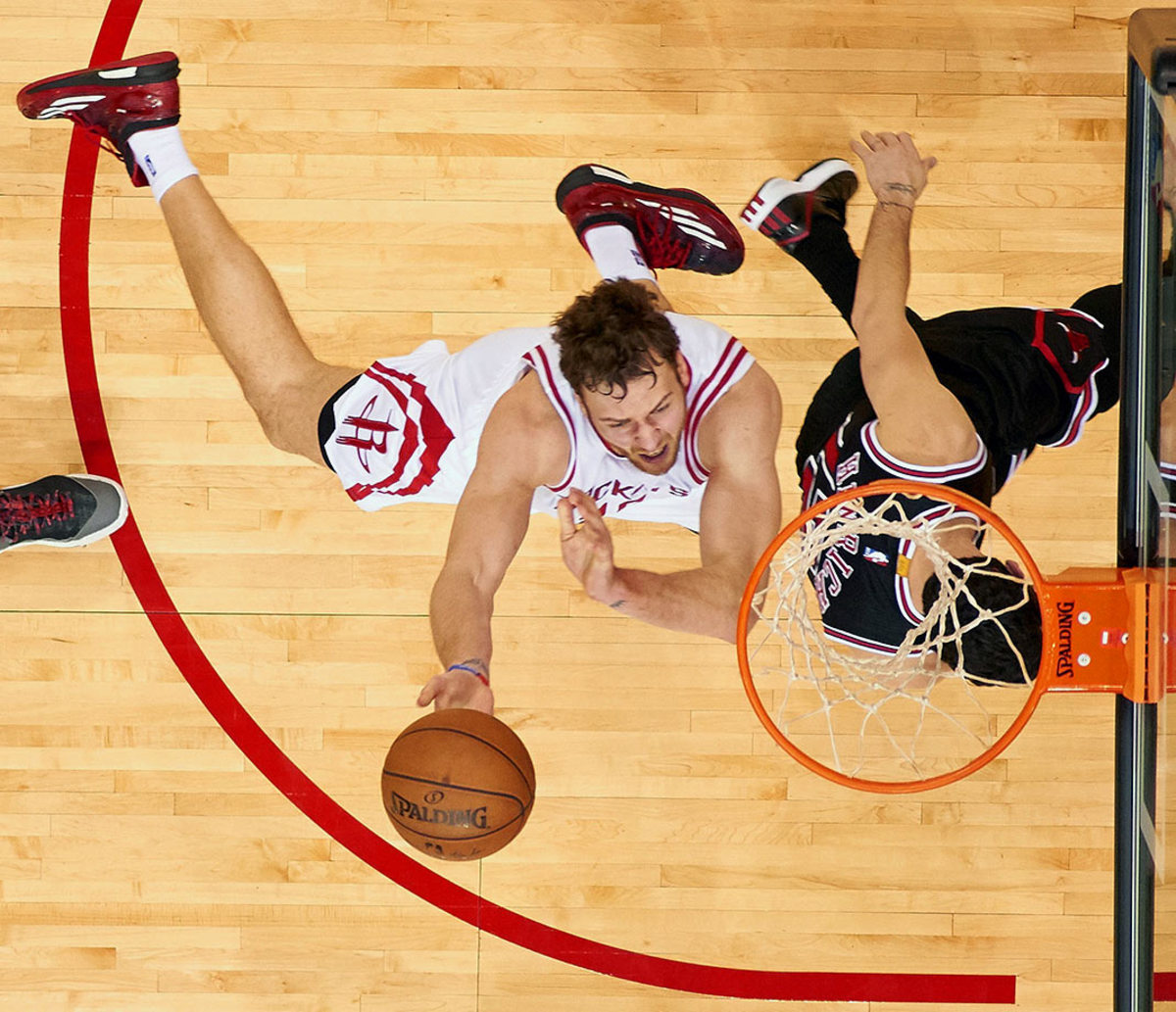
Rockets | Forward | Last year: —
#97 — Nerlens Noel
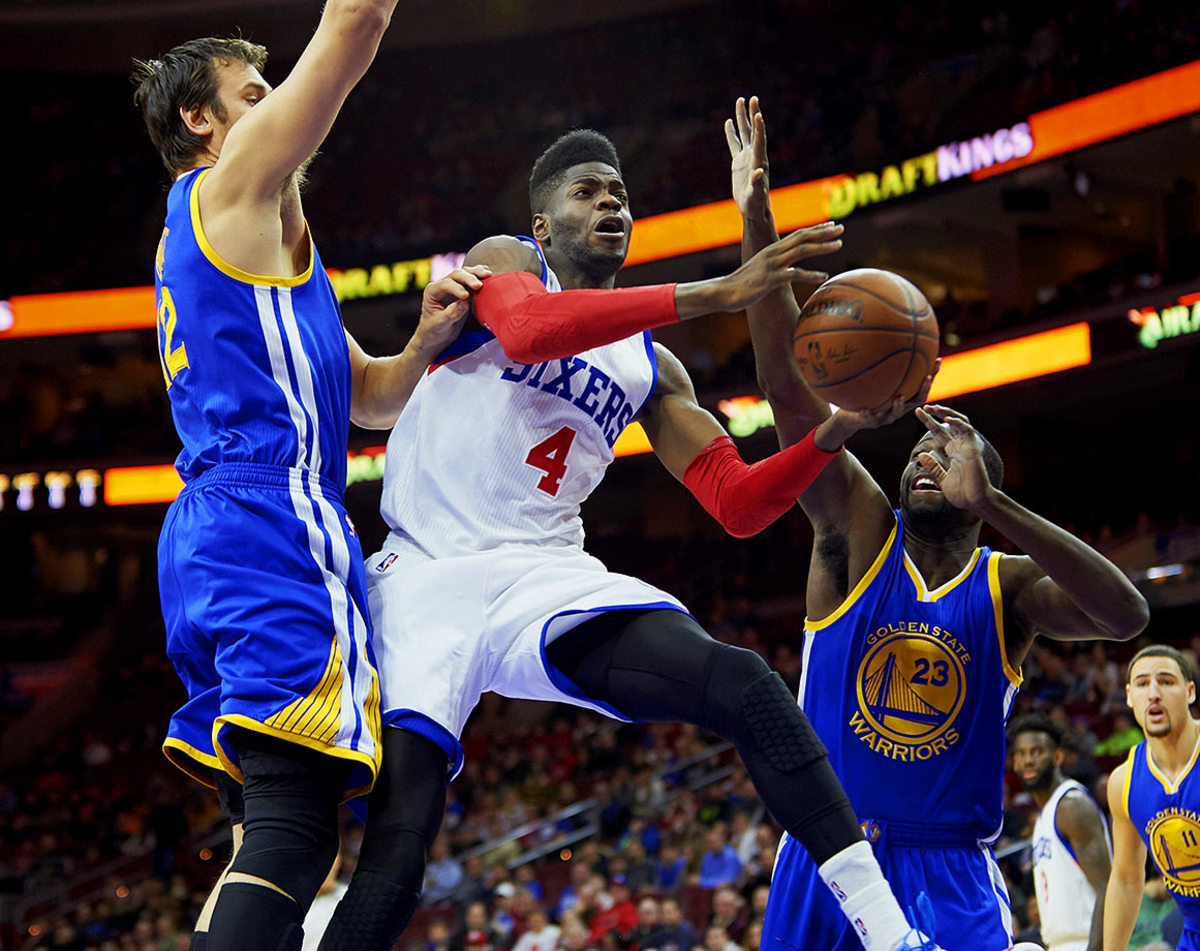
76ers | Forward | Last year: —
#96 — Josh Smith
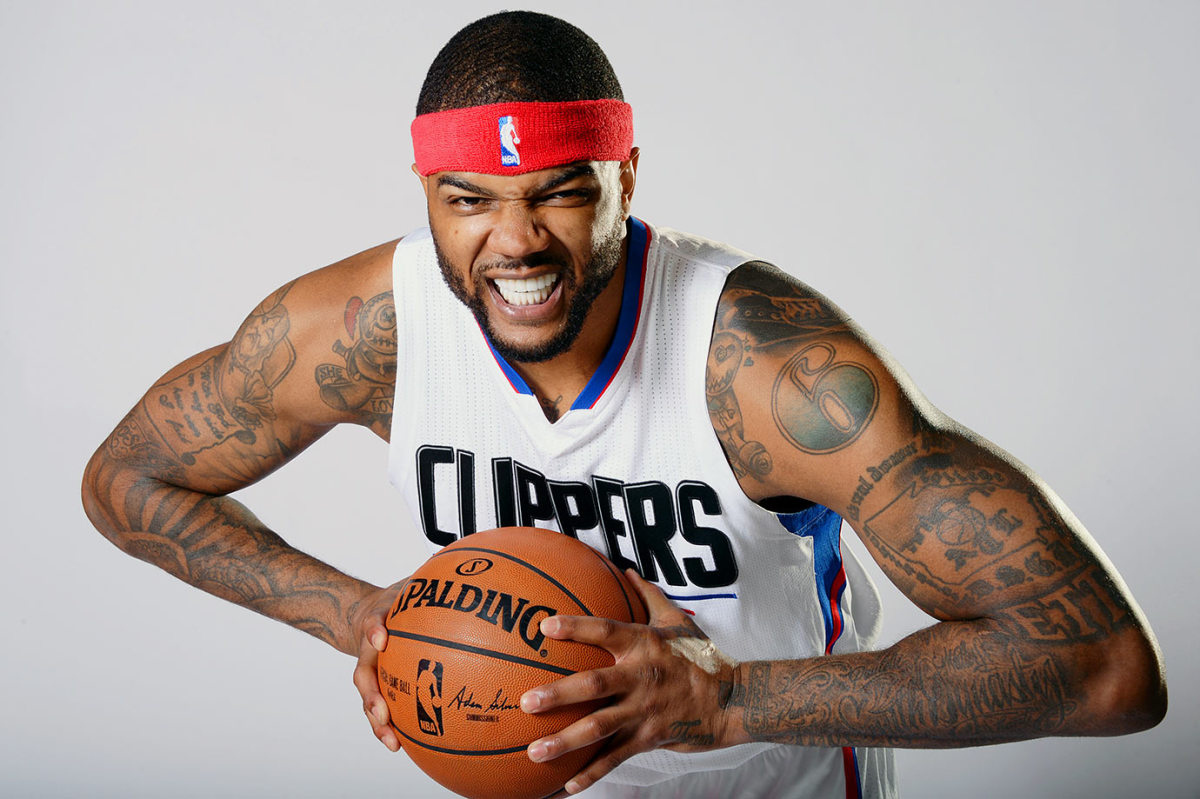
Clippers | Forward | Last year: 53
#95 — Roy Hibbert
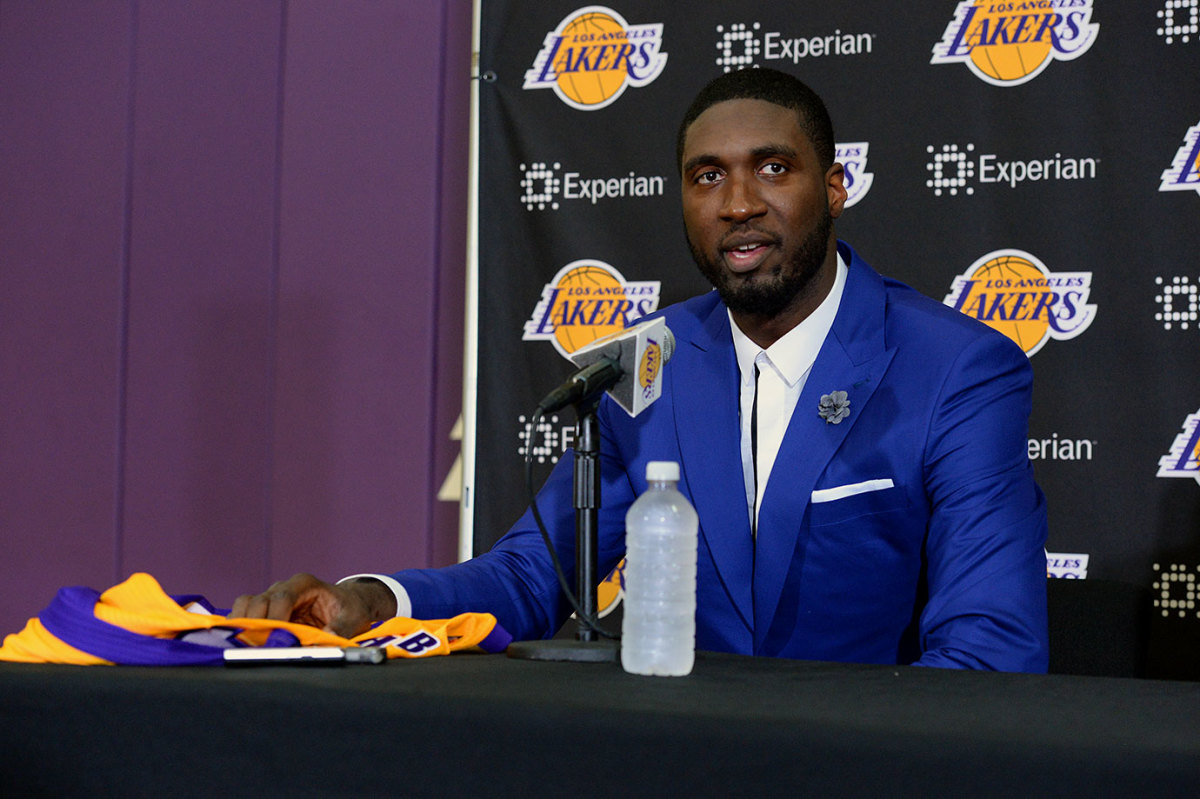
Lakers | Center | Last year: 52
#94 — Reggie Jackson
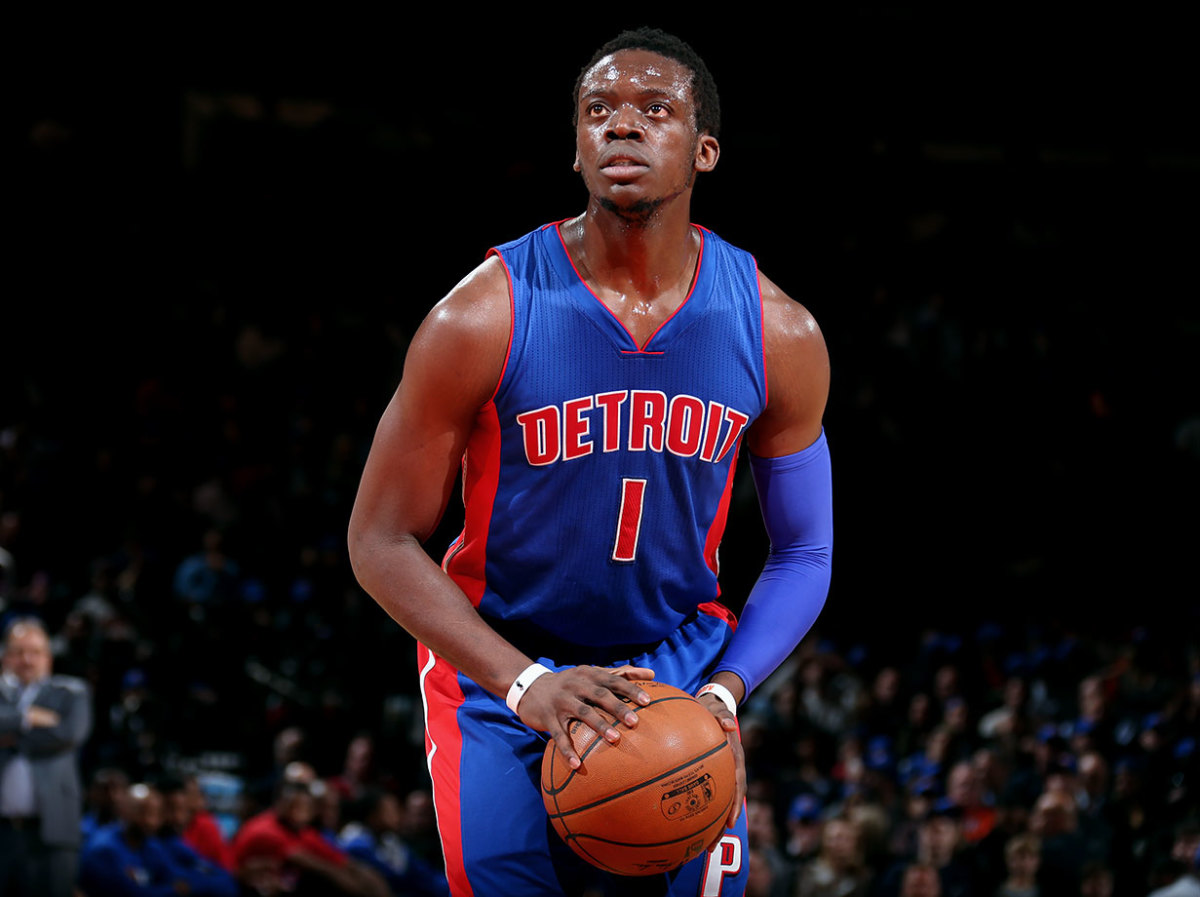
Pistons | Guard | Last year: —
#93 — J.J. Redick
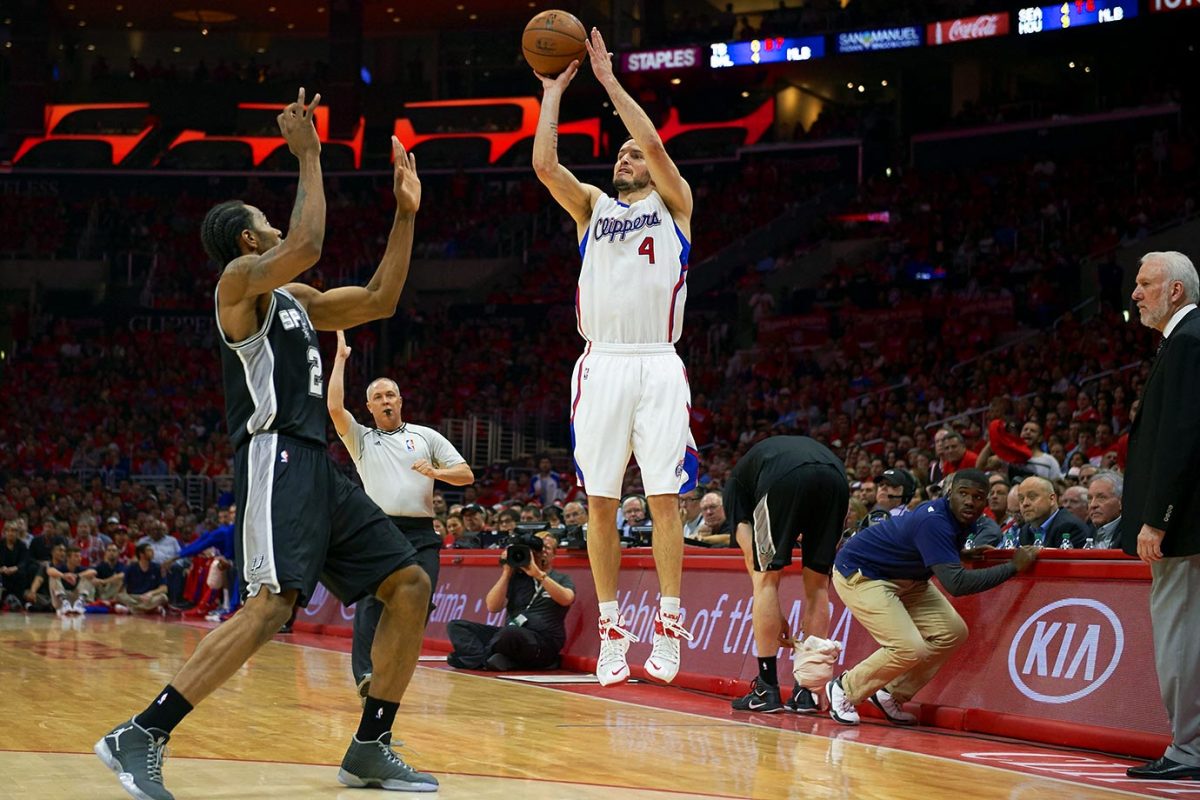
Clippers | Guard | Last year: 93
#92 — Lou Williams
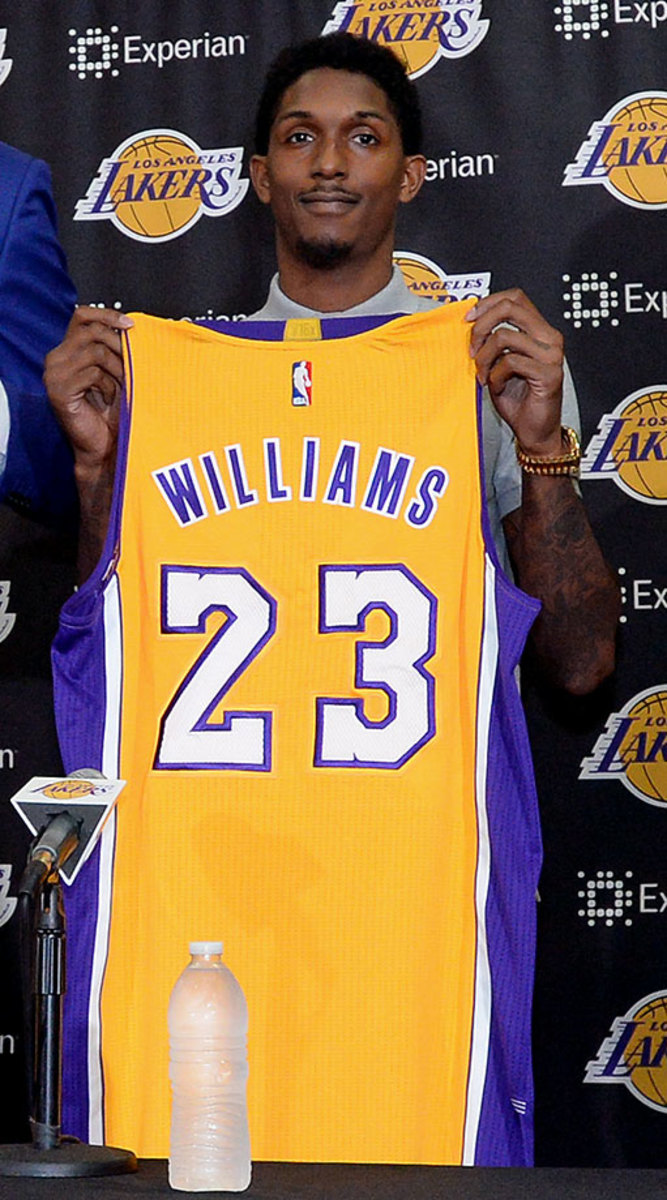
Lakers | Guard | Last year: —
#91 — Andrew Wiggins
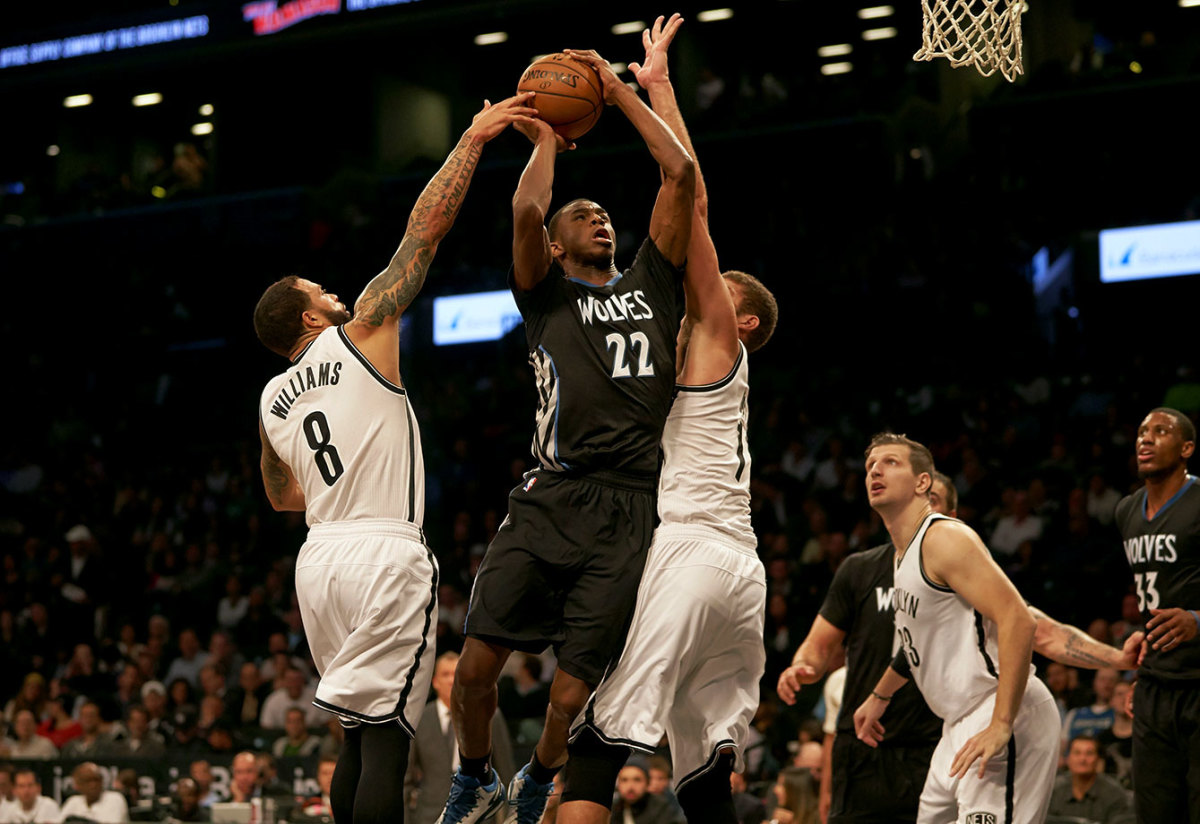
Timberwolves | Forward | Last year: —
#90 — Taj Gibson
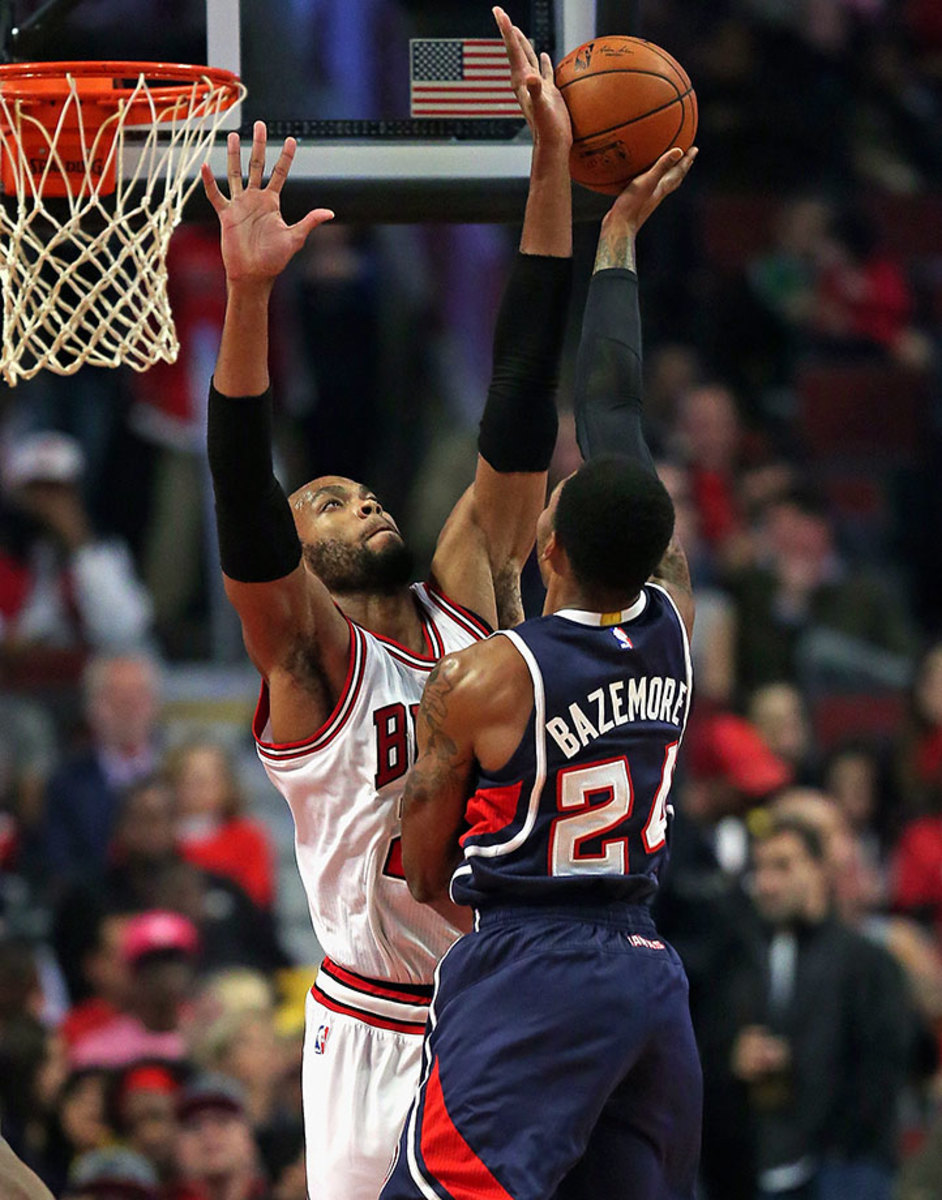
Bulls | Forward | Last year: 75
#89 — Amir Johnson
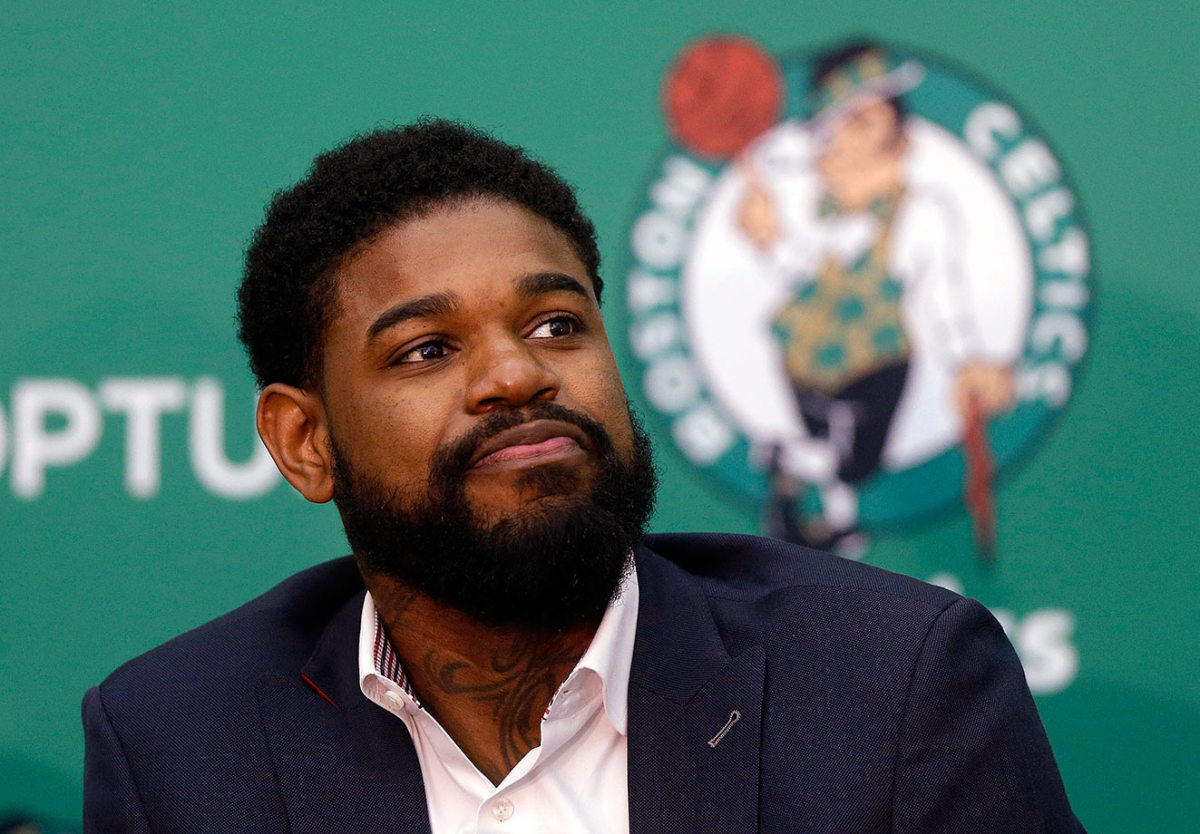
Celtics | Forward | Last year: 71
#88 — Isaiah Thomas
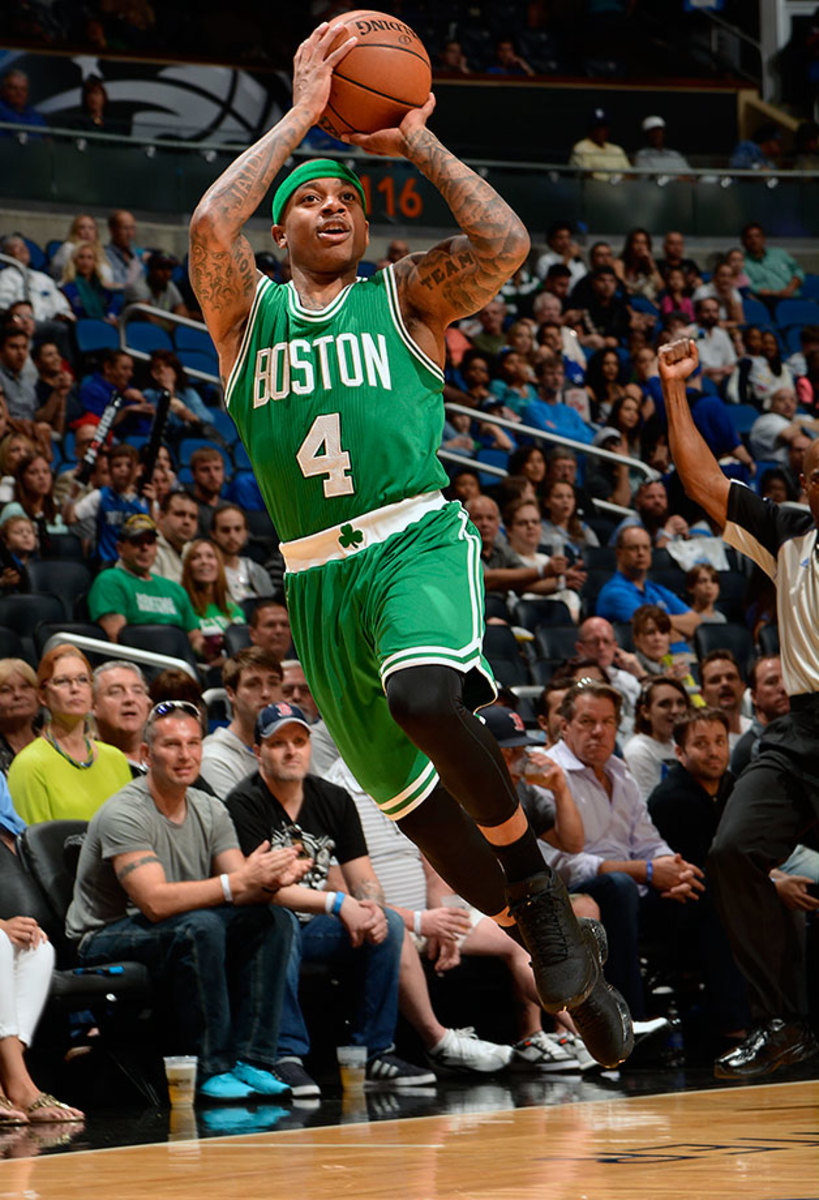
Celtics | Guard | Last year: 90
#87 — Ricky Rubio
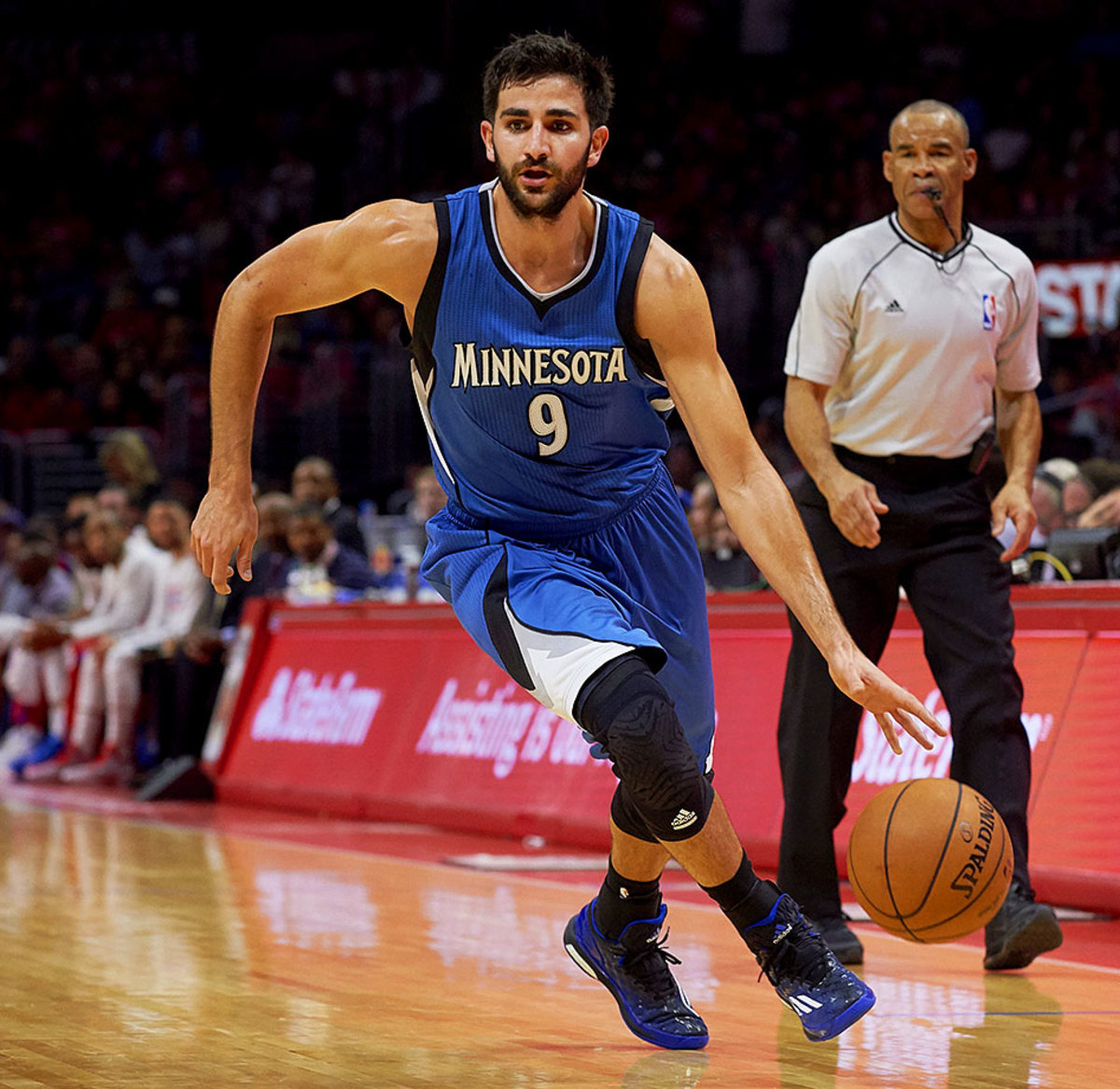
Timberwolves | Guard | Last year: 87
#86 — Kenneth Faried
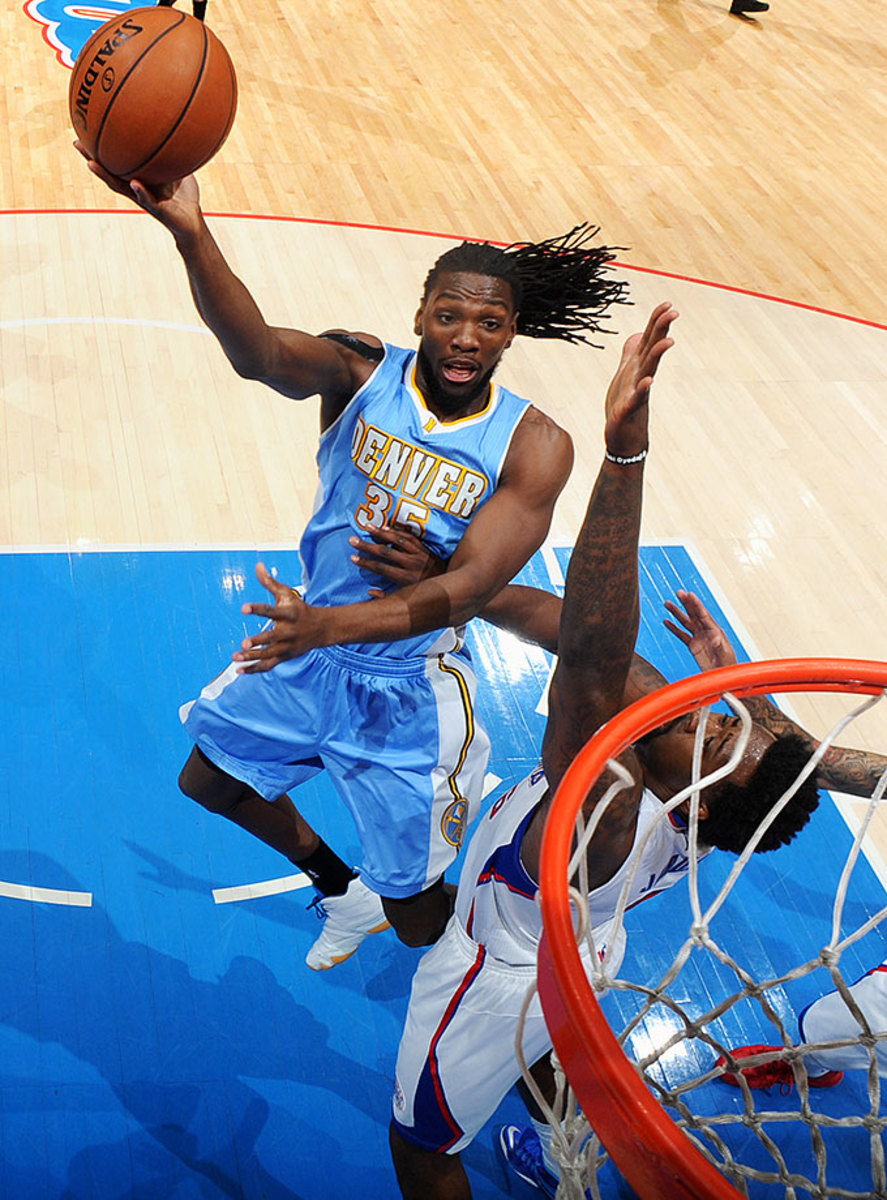
Nuggets | Forward | Last year: 77
#85 — Michael Kidd-Gilchrist
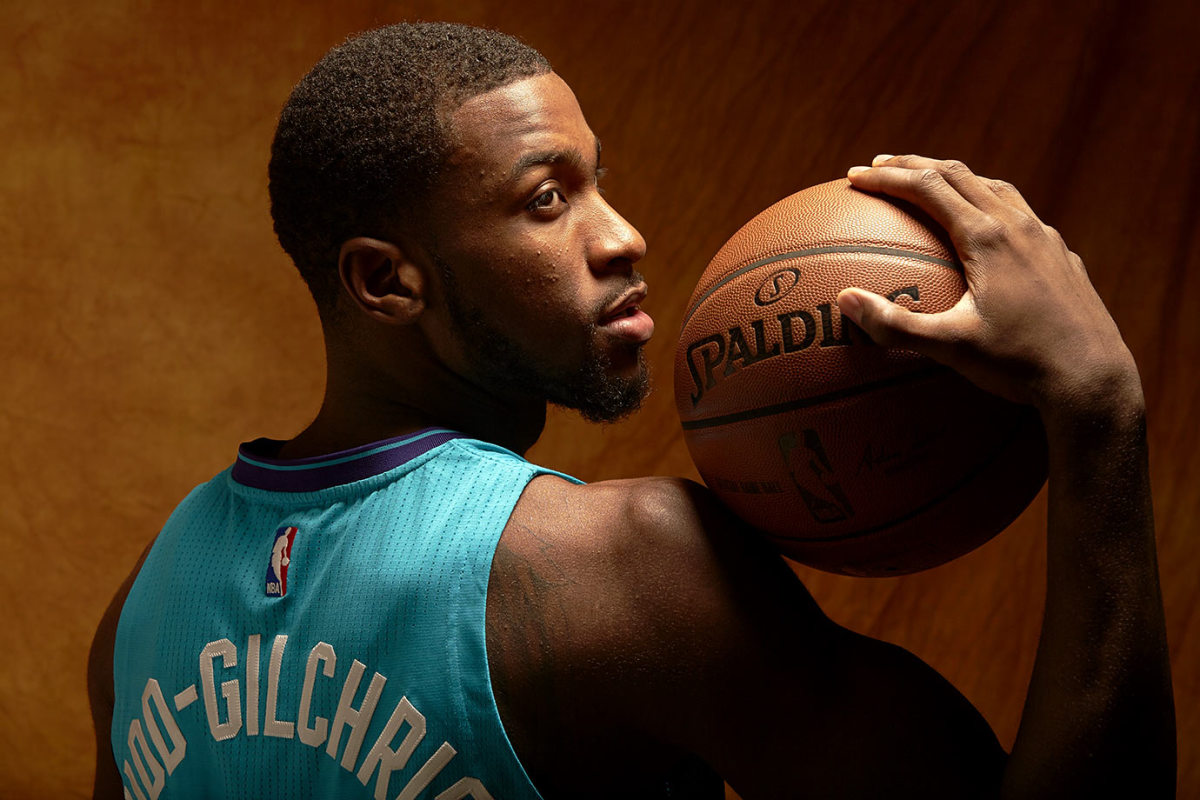
Hornets | Forward | Last year: —
#84 — Robin Lopez
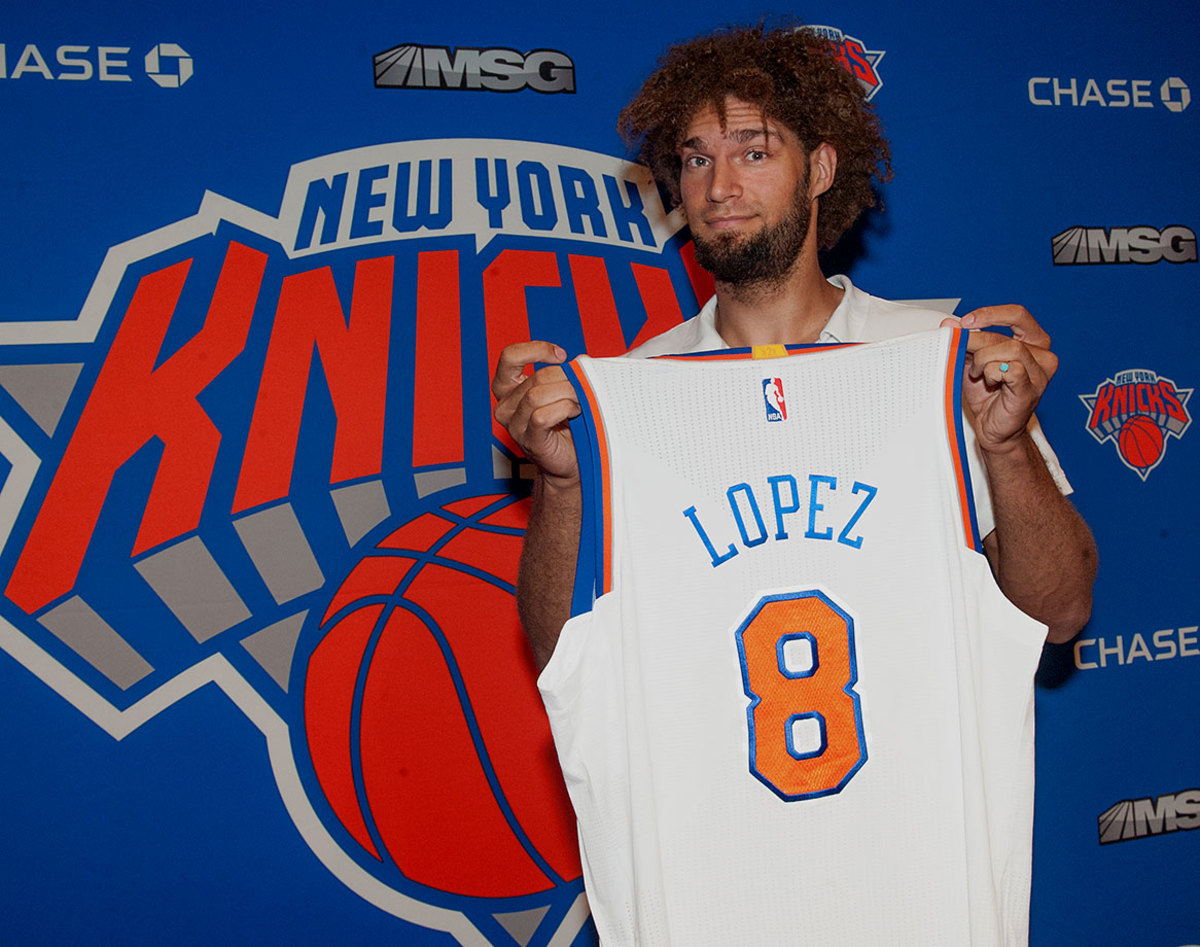
Knicks | Center | Last year: 82
#83 — Deron Williams
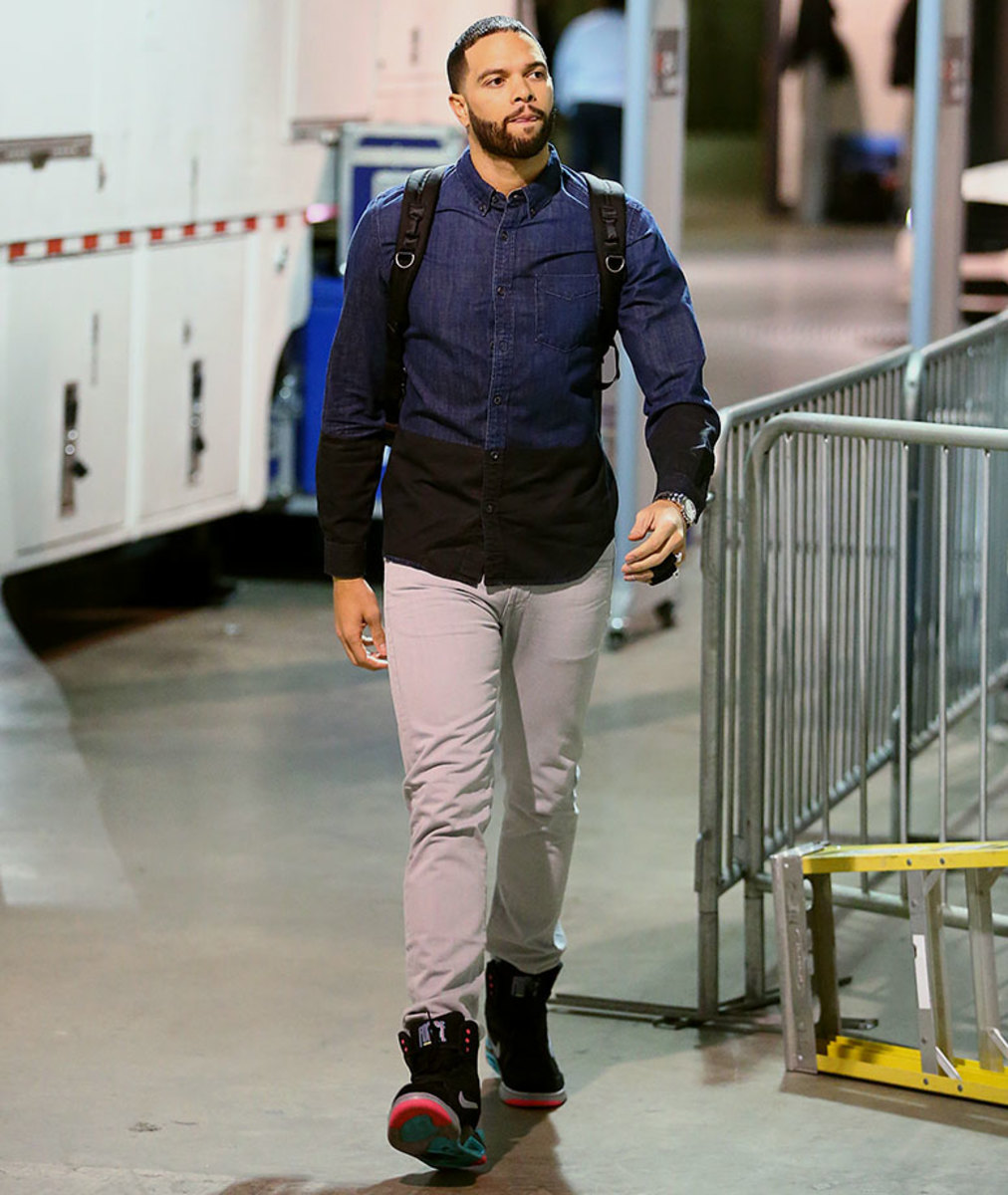
Mavericks | Guard | Last year: 45
#82 — Joe Johnson
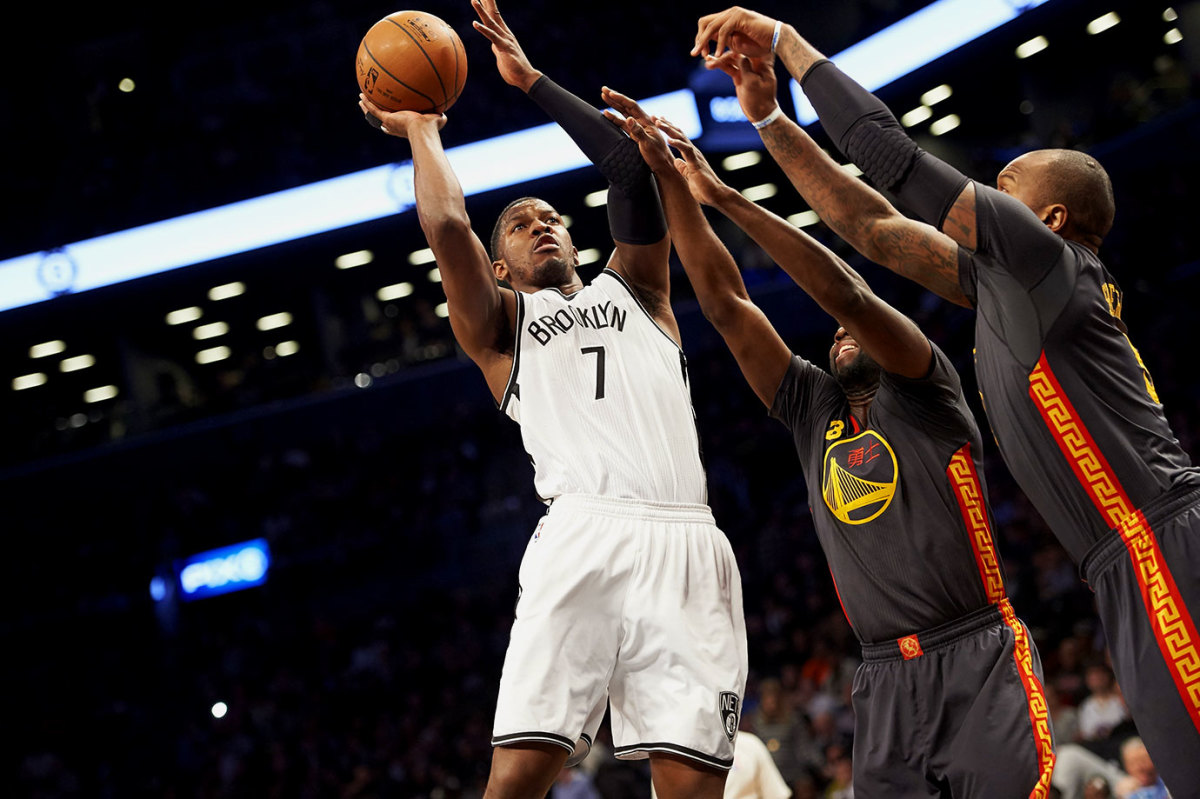
Nets | Guard | Last year: 51
#81 — DeMarre Carroll
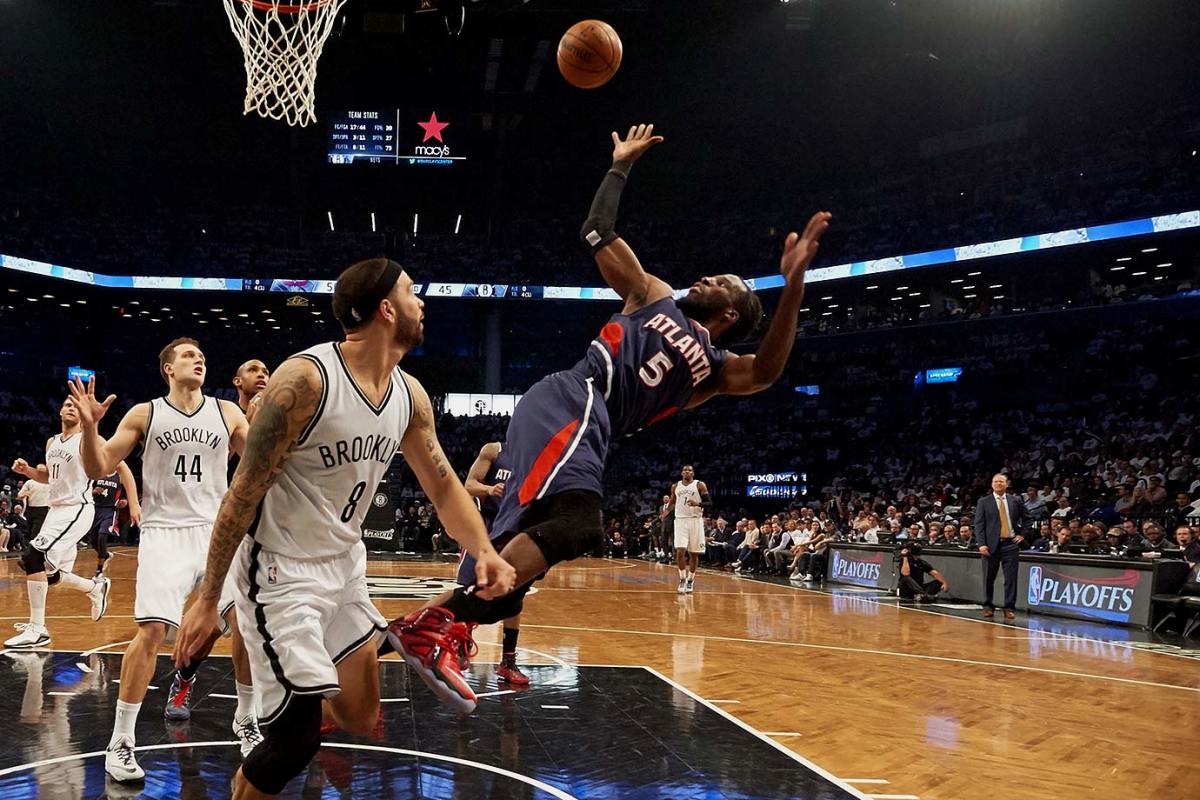
Raptors | Forward | Last year: —
#80 — George Hill
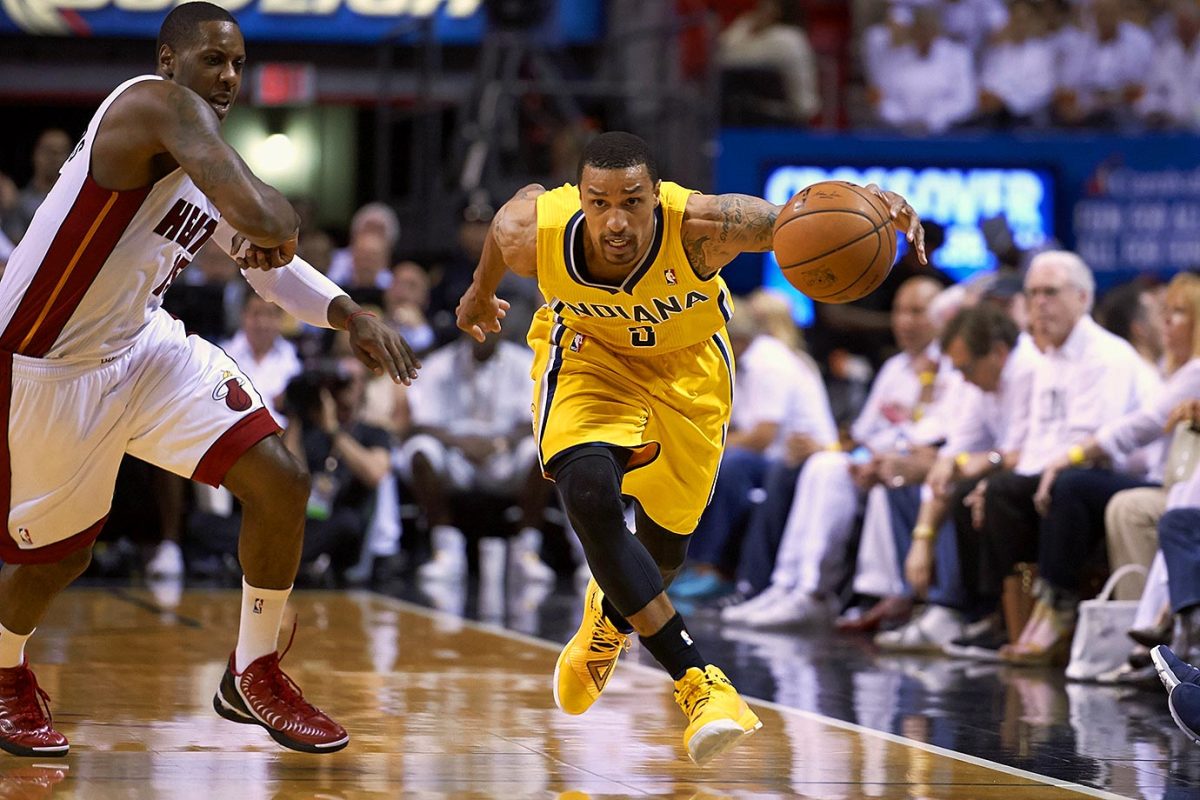
Pacers | Guard | Last year: —
#79 — Brandon Knight
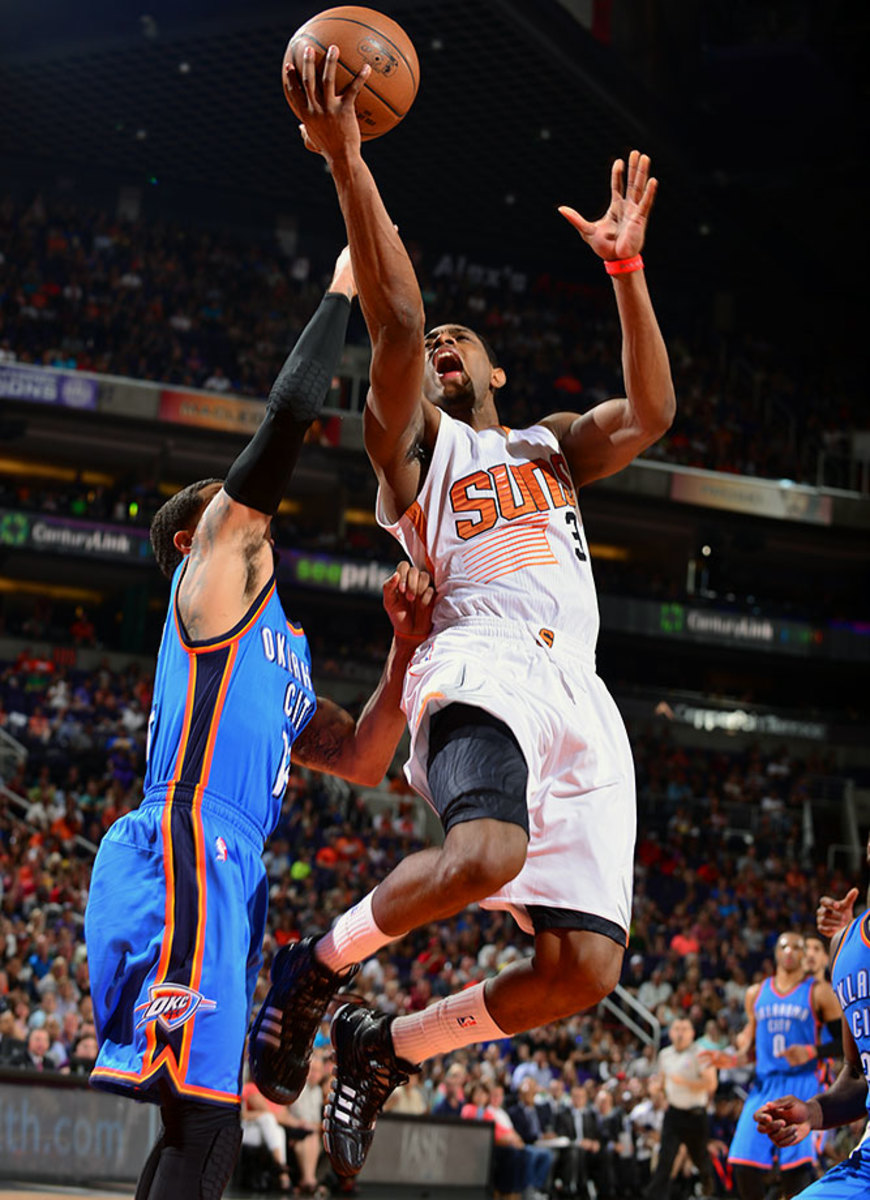
Suns | Guard | Last year: —
#78 — Tobias Harris
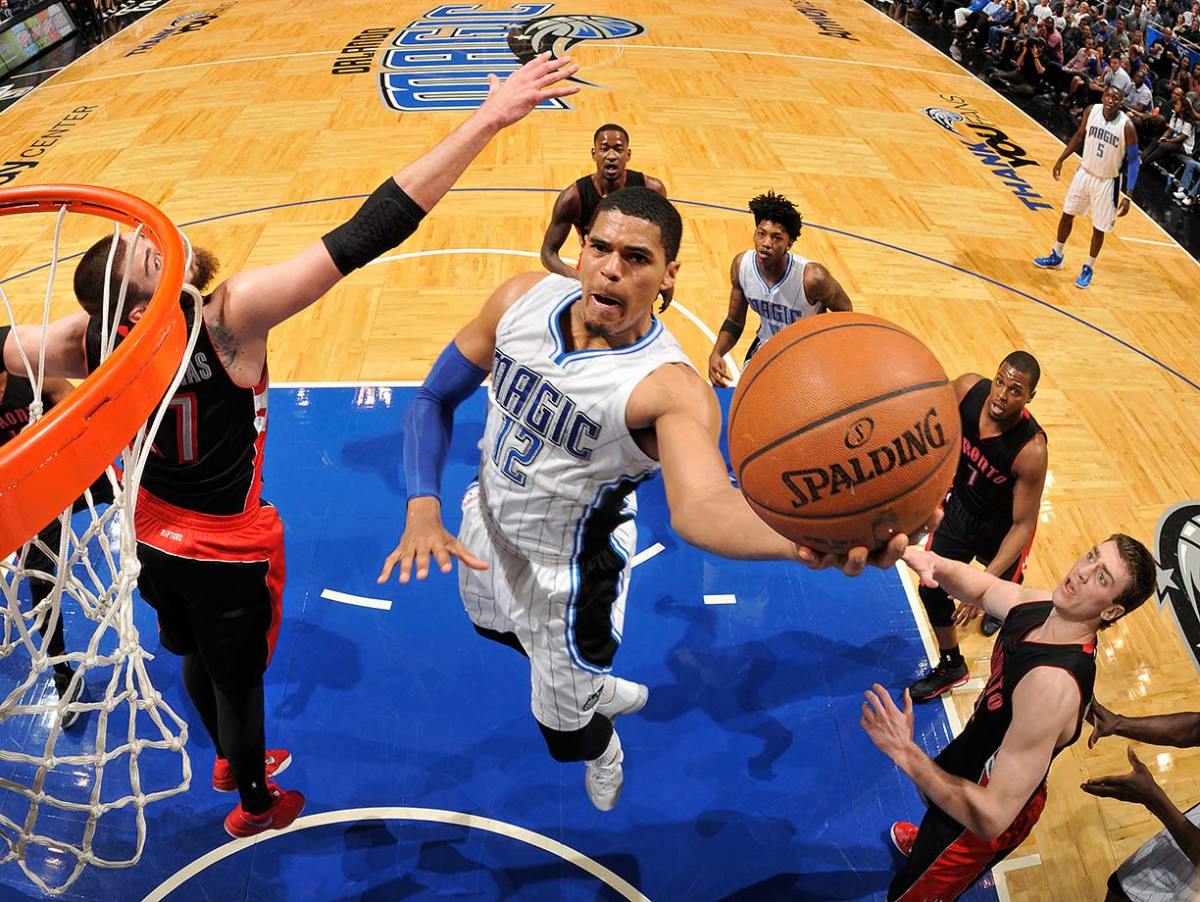
Magic | Forward | Last year: —
#77 — Jonas Valanciunas
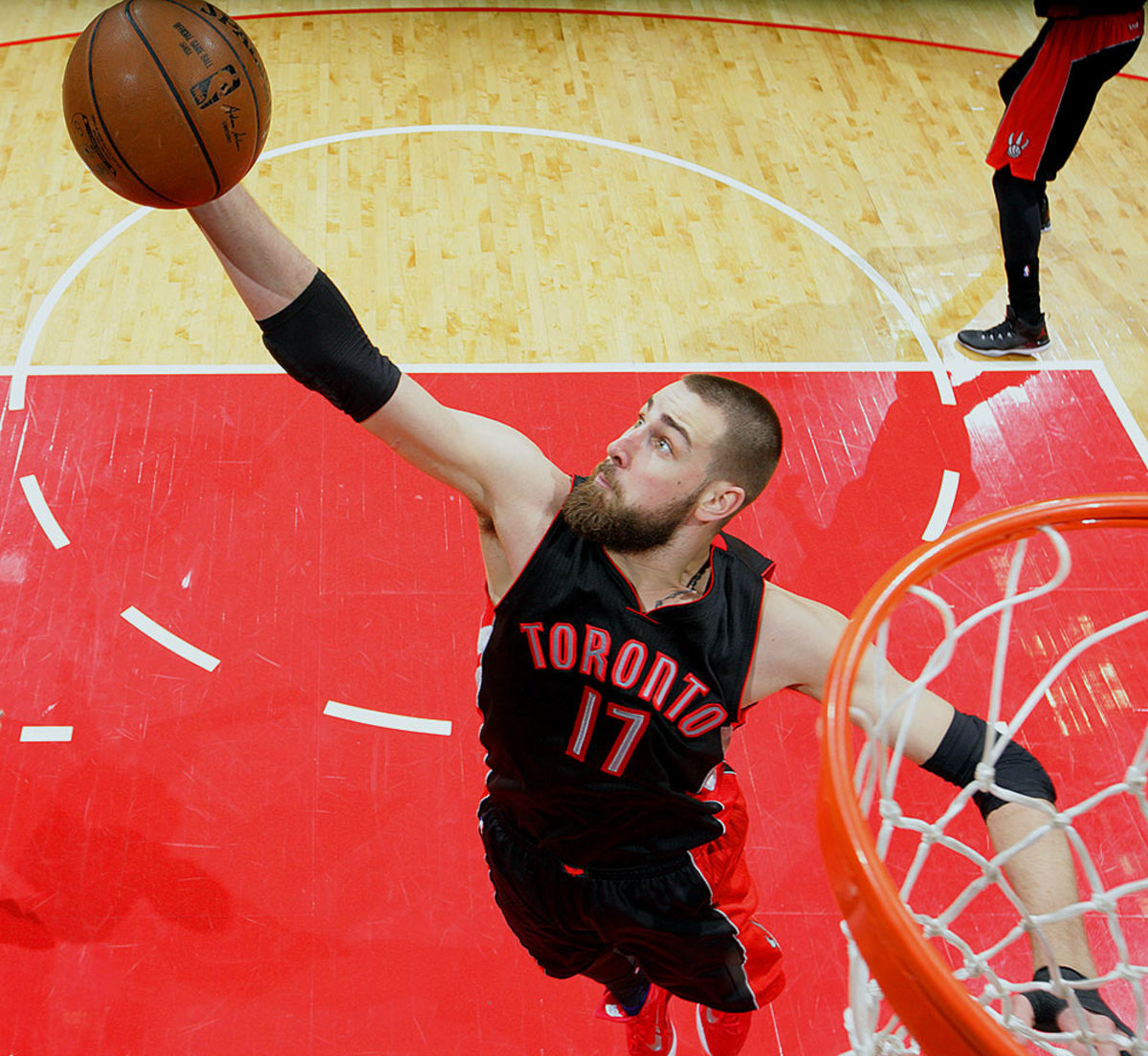
Raptors | Center | Last year: 80
#76 — Andrew Bogut
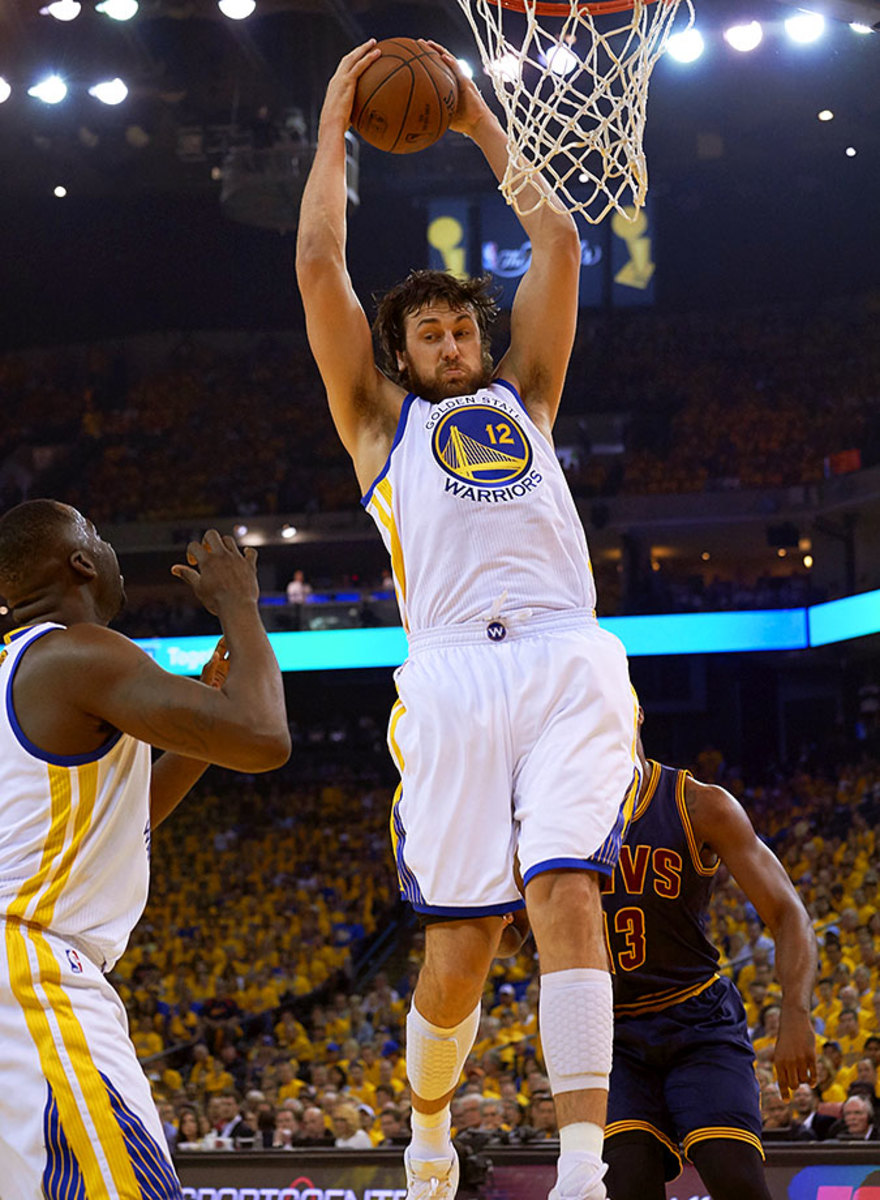
Warriors | Center | Last year: 65
#75 — Thaddeus Young
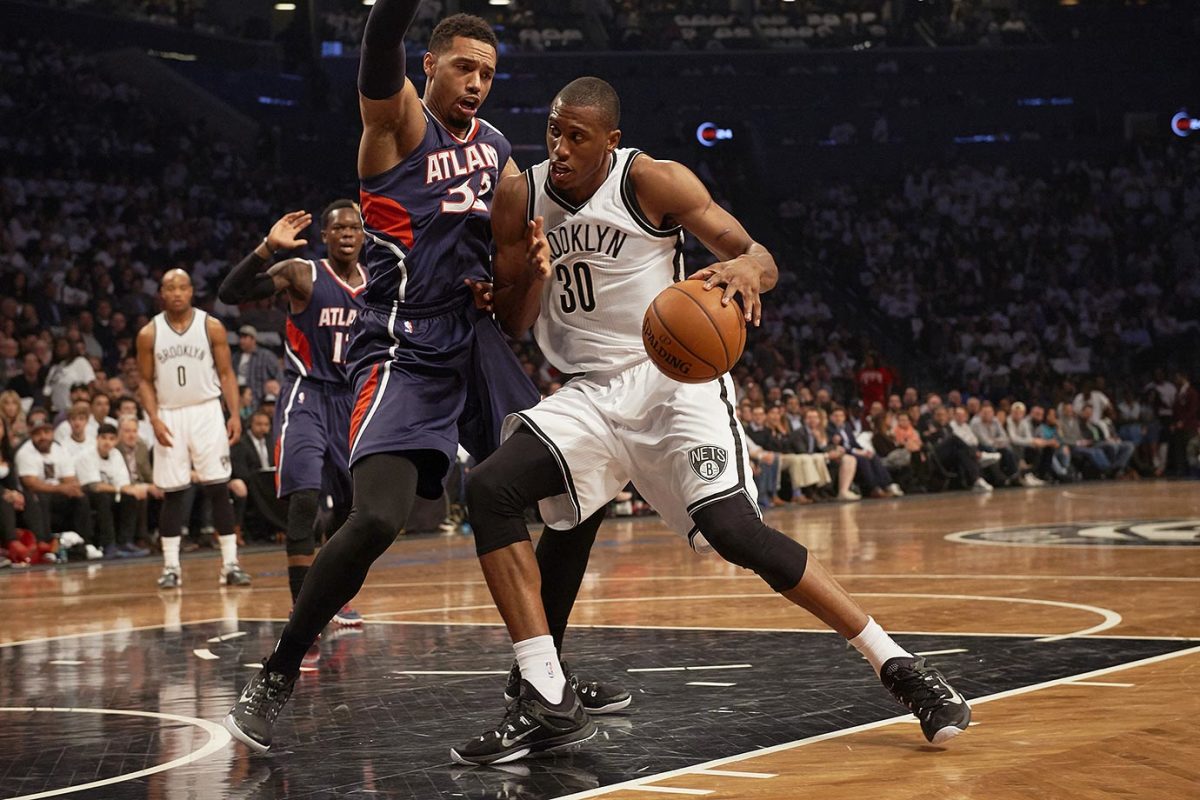
Nets | Forward | Last year: 69
#74 — Tiago Splitter
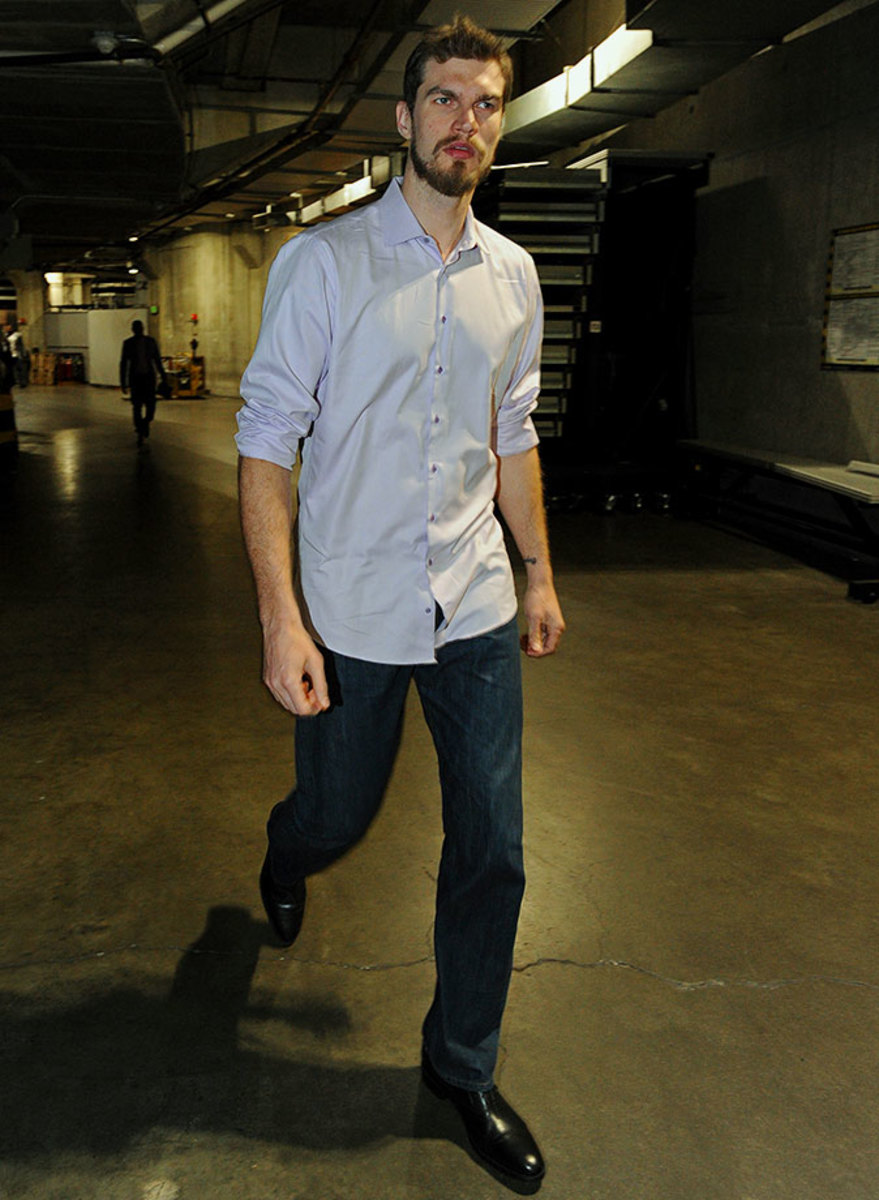
Hawks | Center | Last year: 70
#73 — Danilo Gallinari
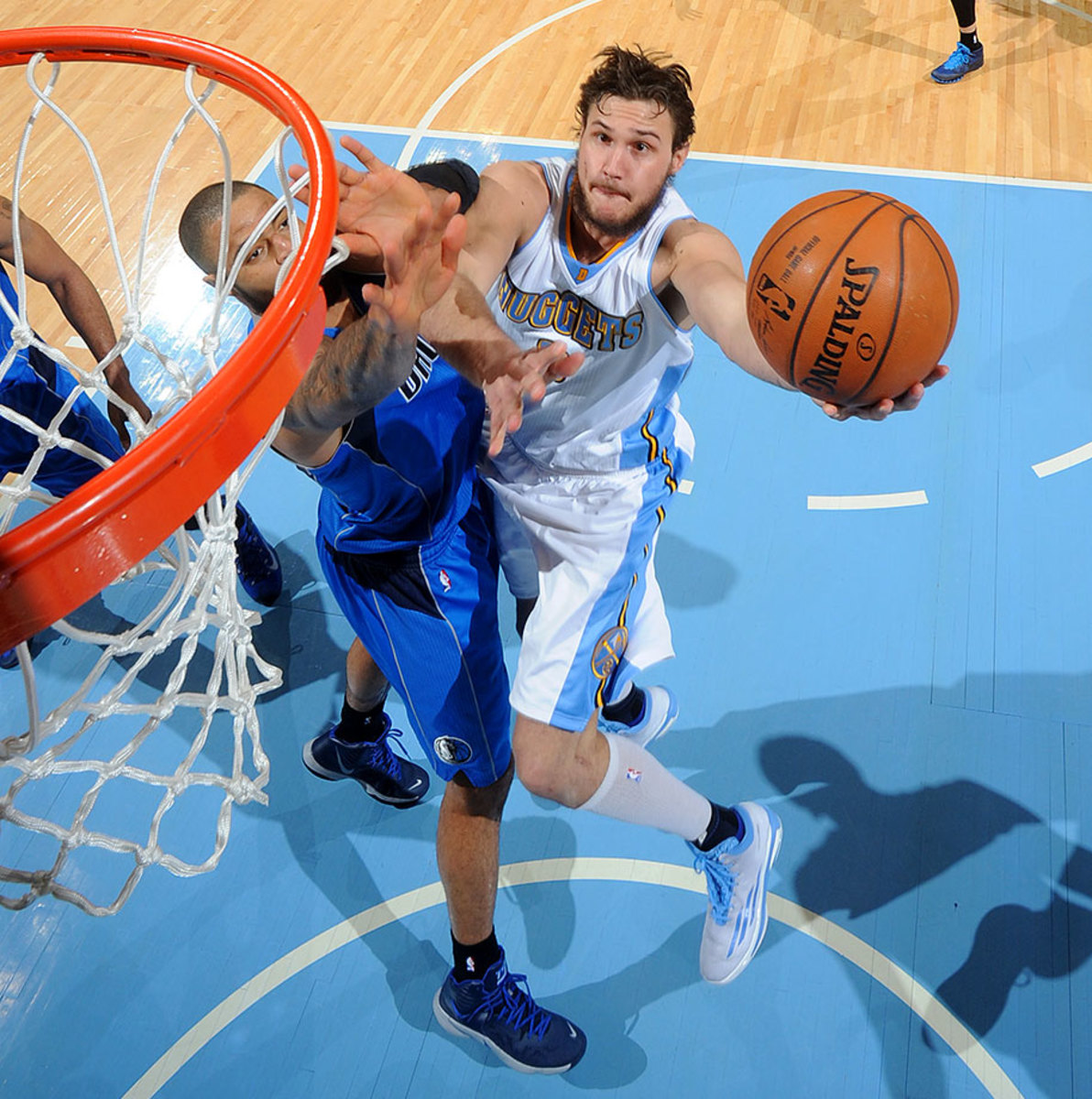
Nuggets | Forward | Last year: 62
#72 — Ryan Anderson
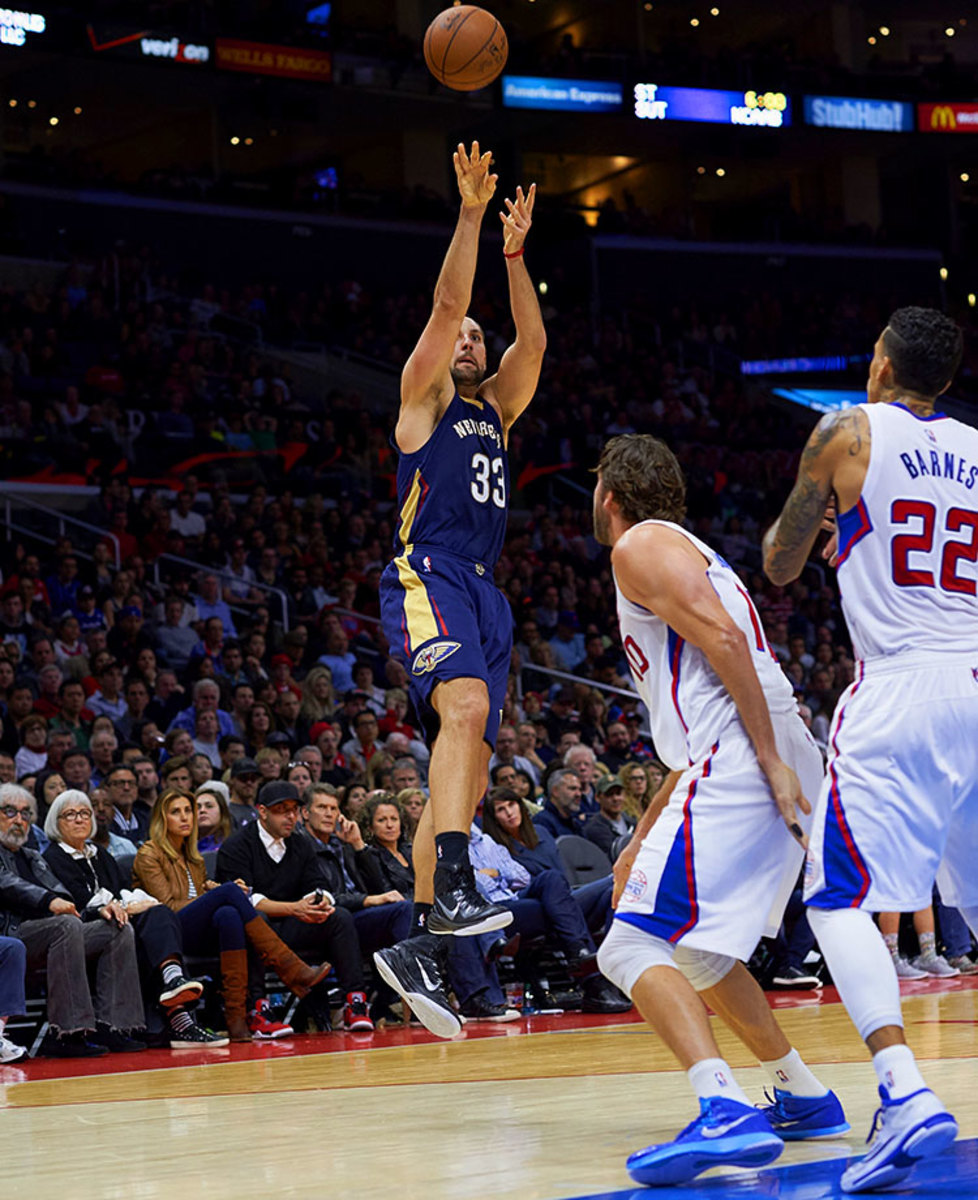
Pelicans | Forward | Last year: 59
#71 — Paul Pierce
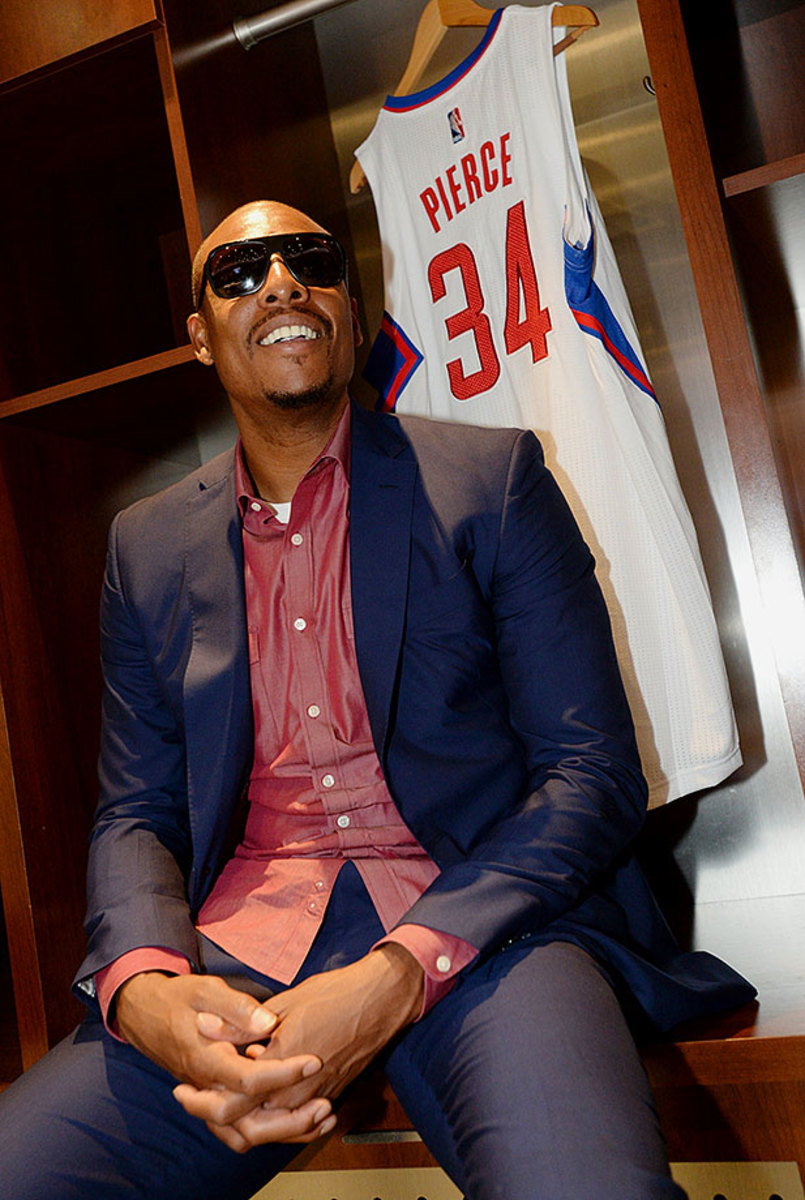
Clippers | Forward | Last year: 46
#70 — Tristan Thompson
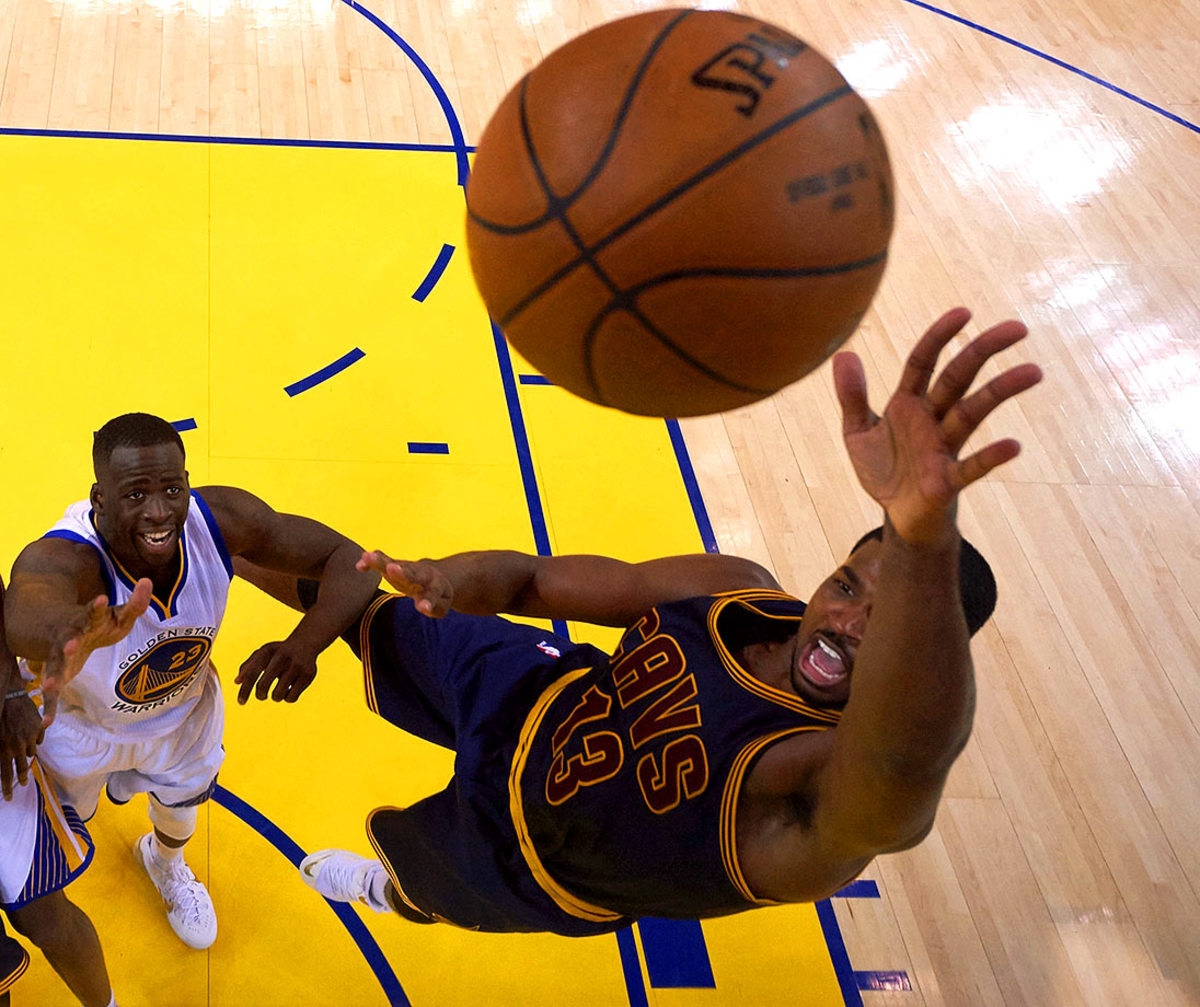
Cavaliers | Forward | Last year: —
#69 — Hassan Whiteside
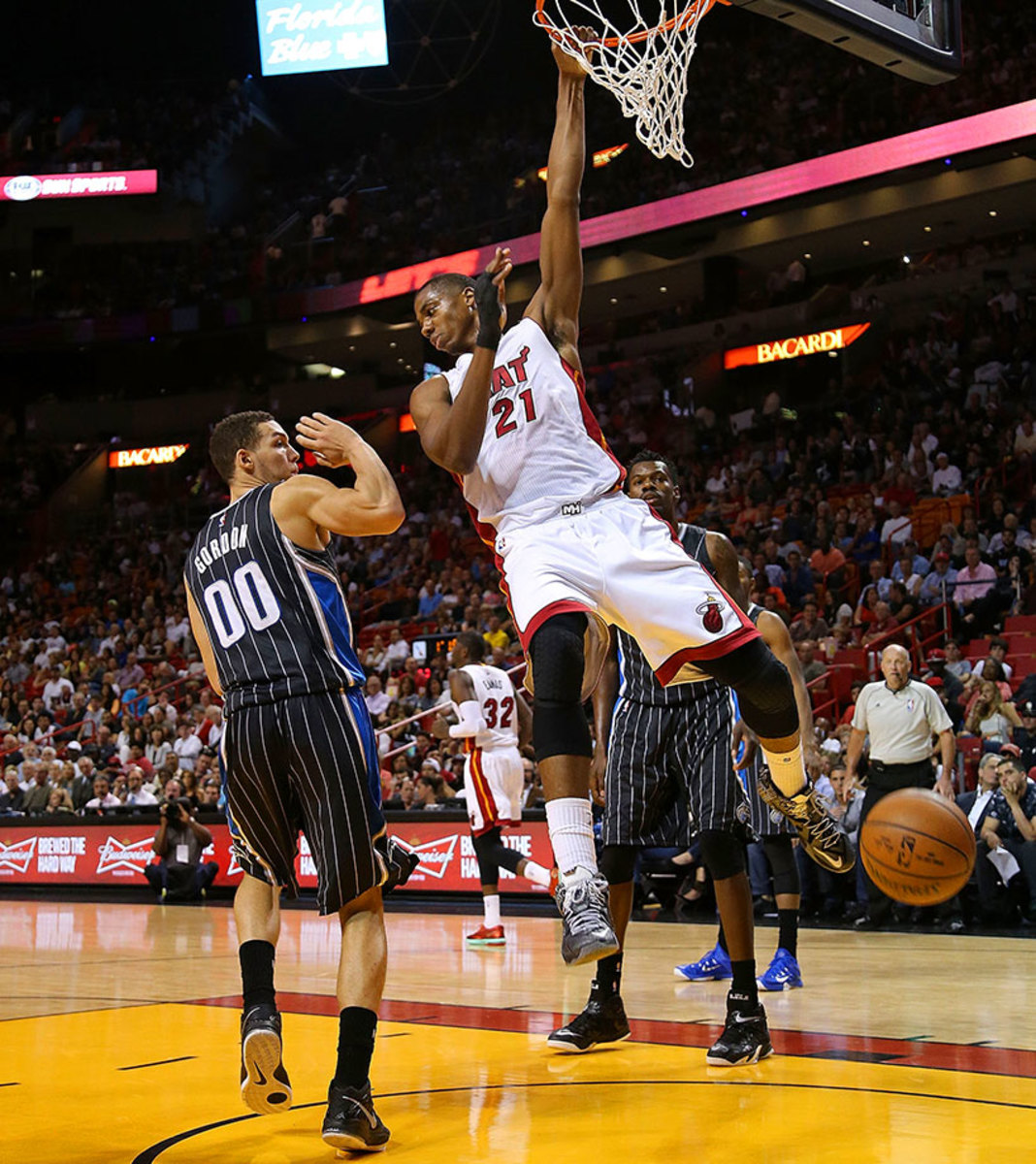
Heat | Center | Last year: —
#68 — Timofey Mozgov
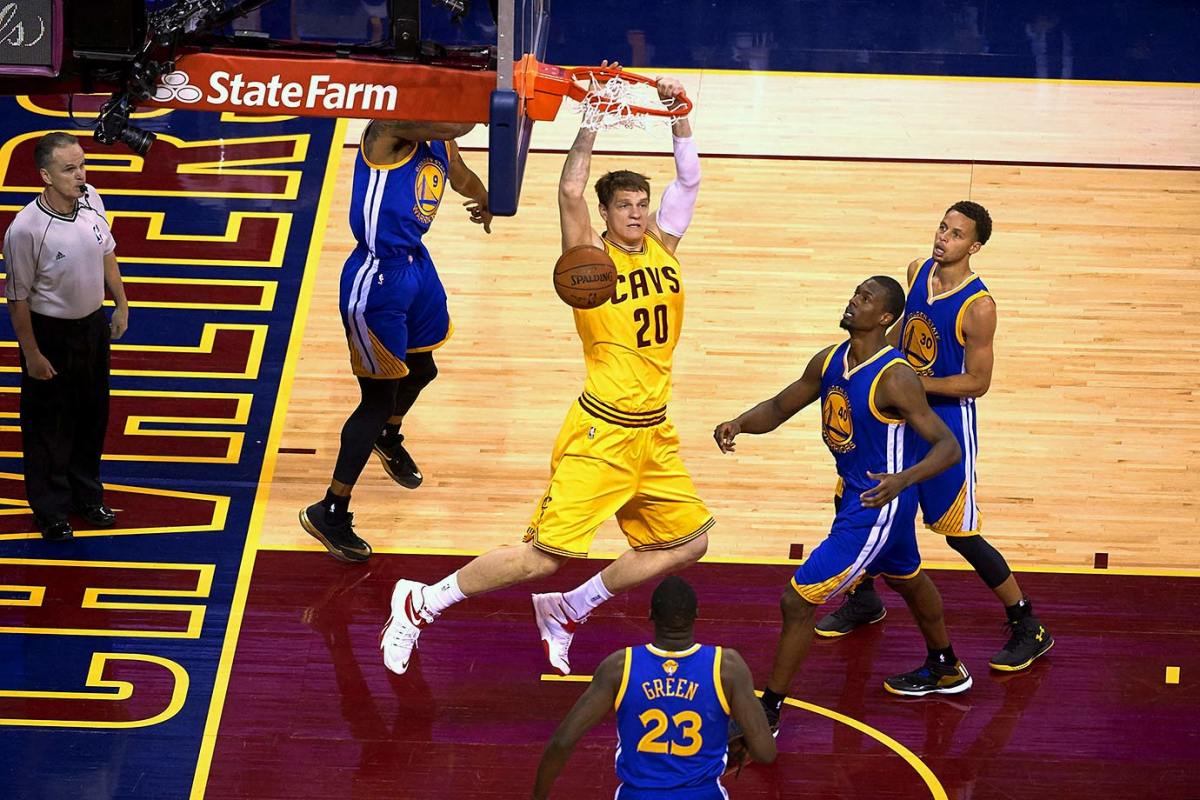
Cavaliers | Center | Last year: —
#67 — Nikola Vucevic
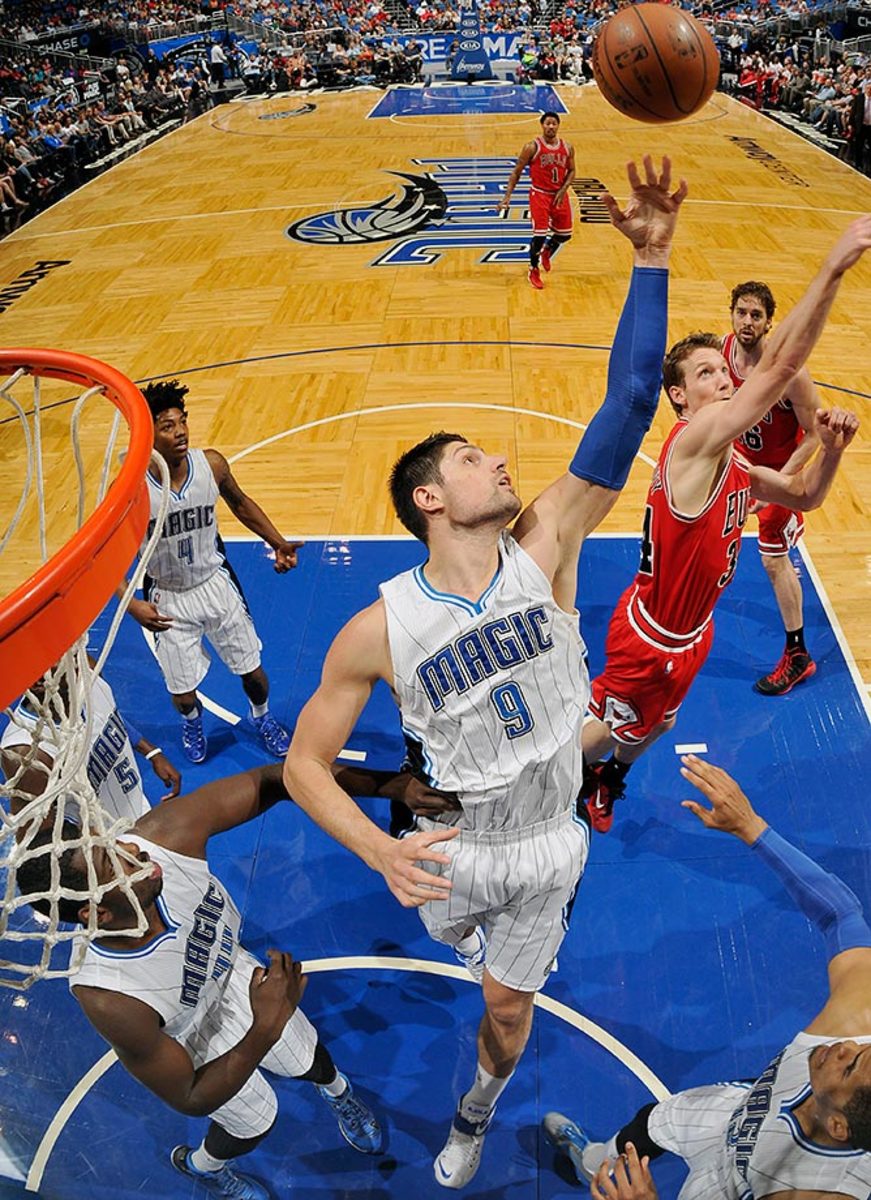
Magic | Center | Last year: 89
#66 — Chandler Parsons
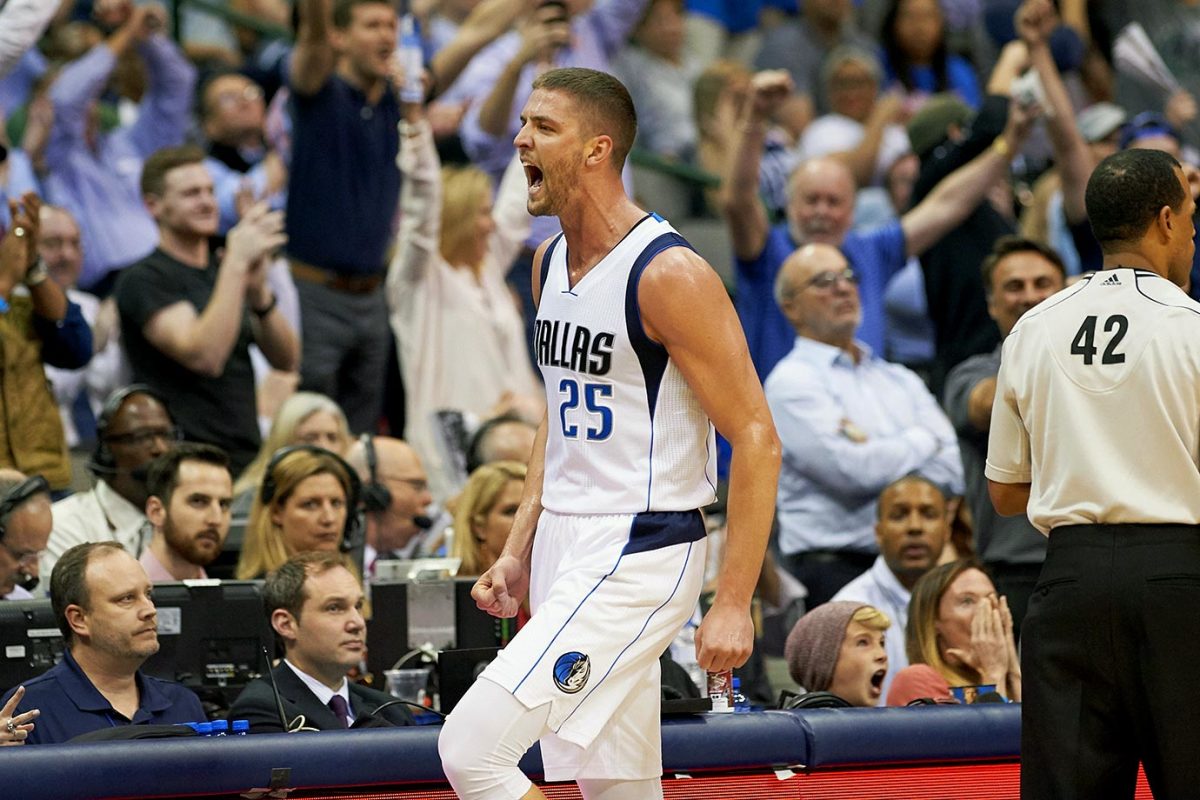
Mavericks | Forward | Last year: 56
#65 — Trevor Ariza
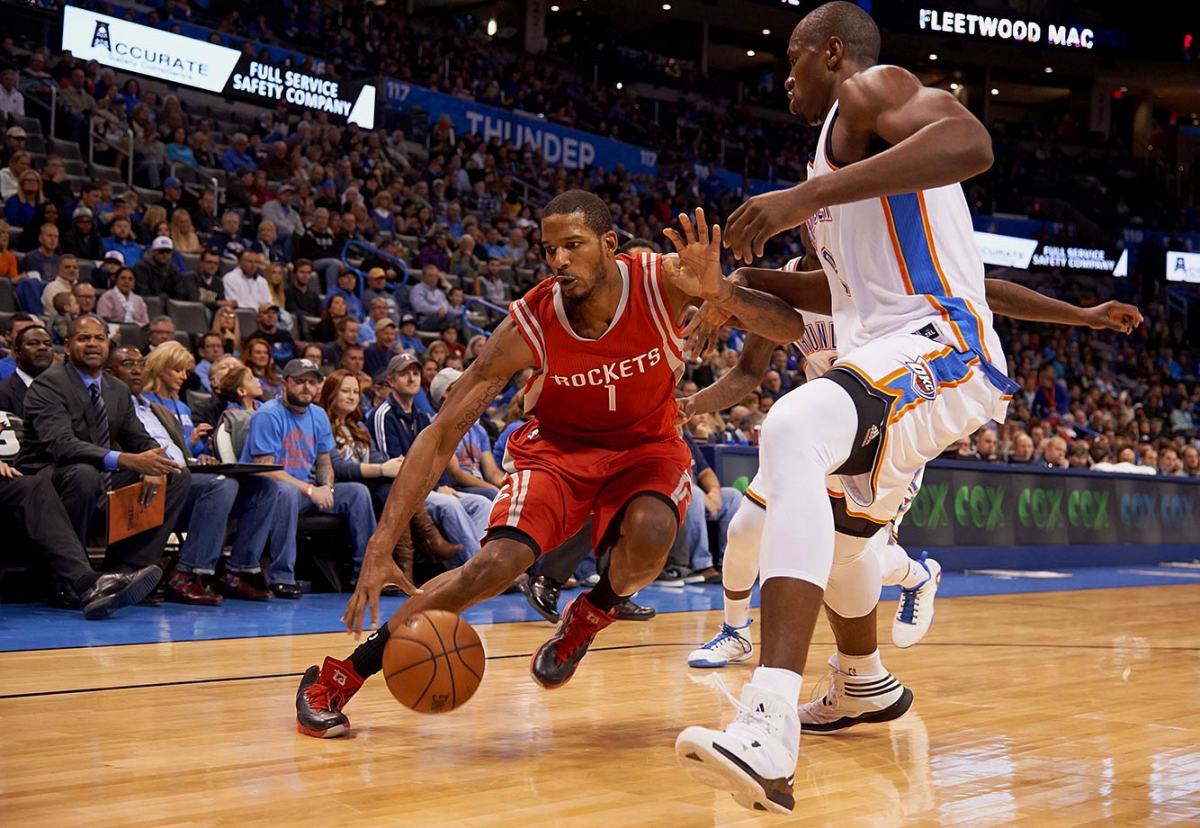
Rockets | Forward | Last year: 83
#64 — Markieff Morris
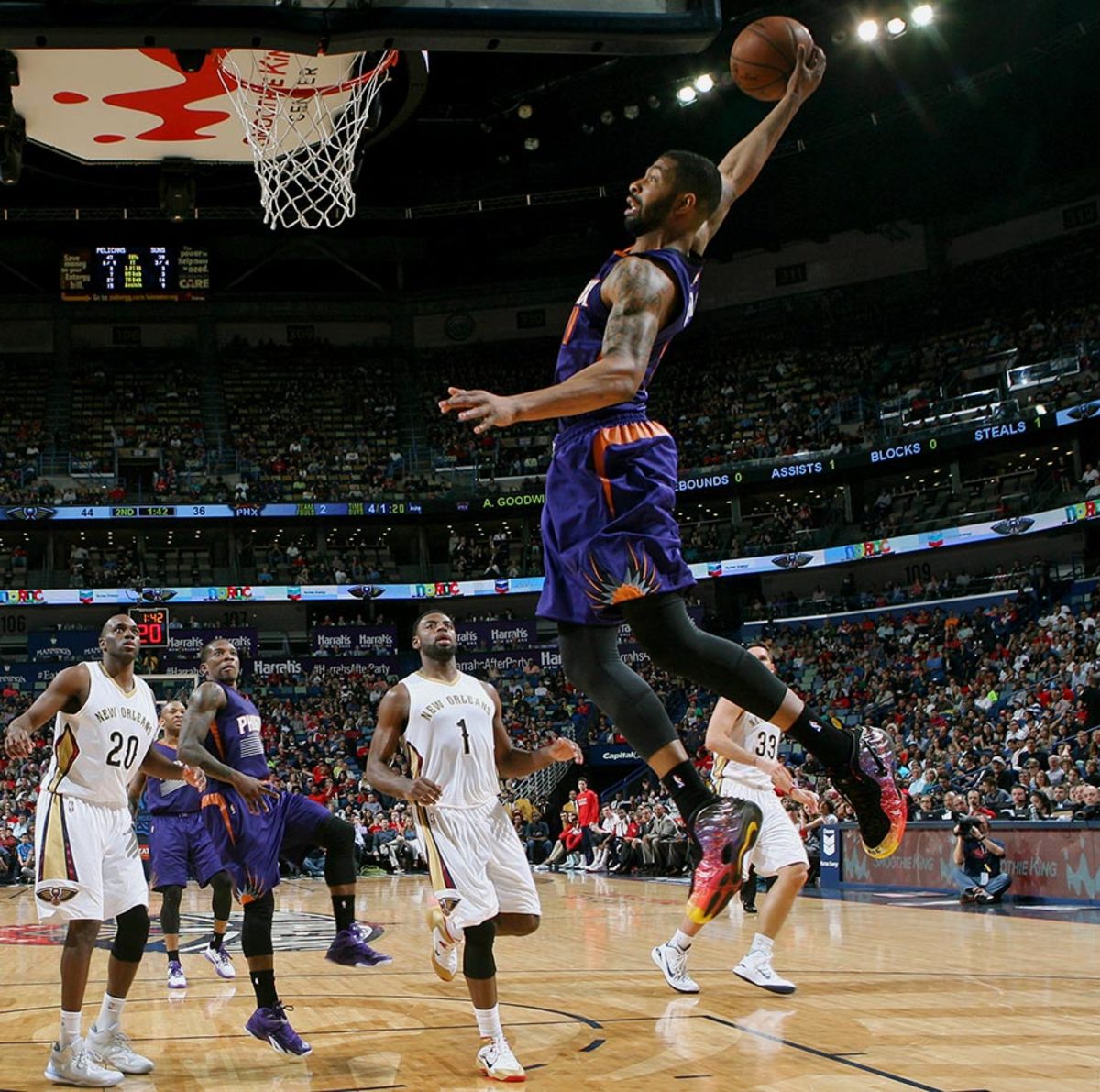
Suns | Forward | Last year: —
#63 — Marcin Gortat
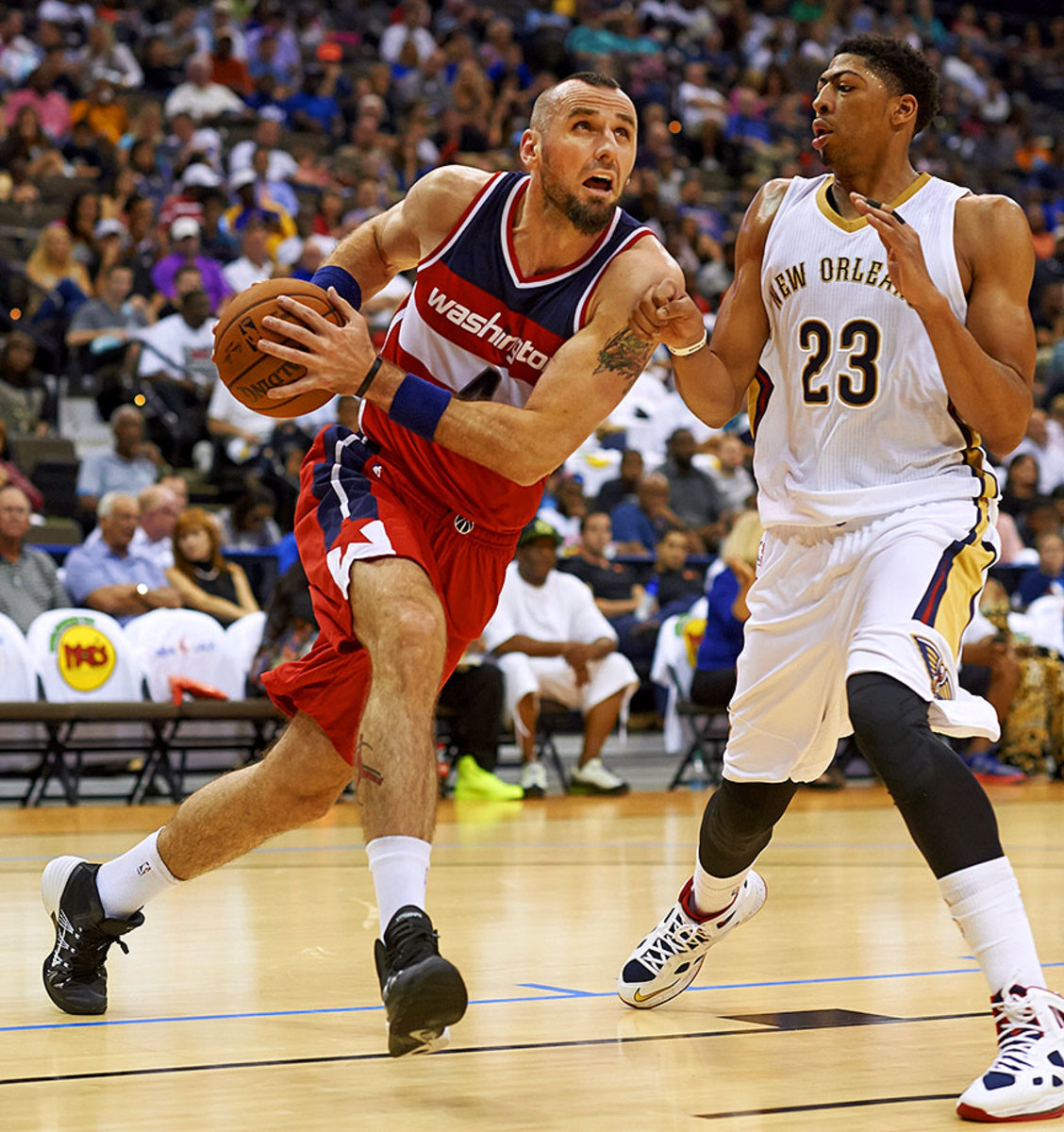
Wizards | Center | Last year: 58
#62 — Bradley Beal
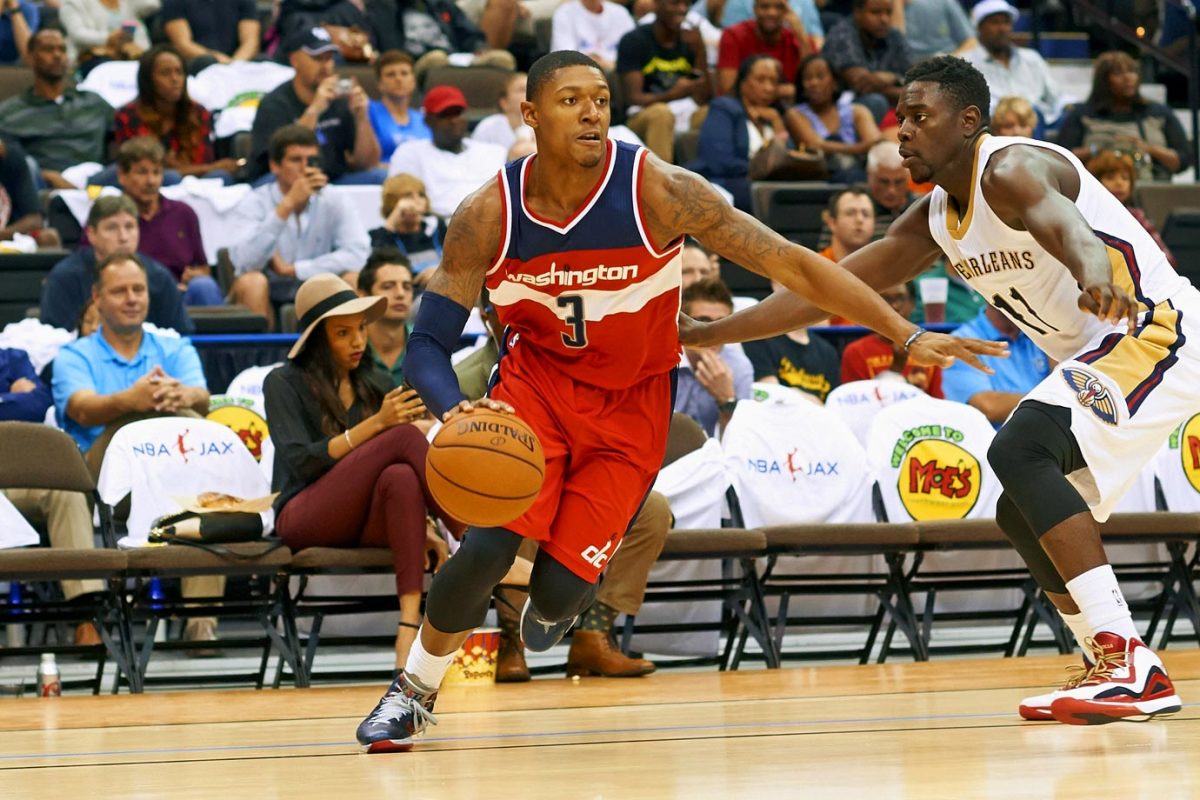
Wizards | Guard | Last year: 76
#61 — DeMar DeRozan
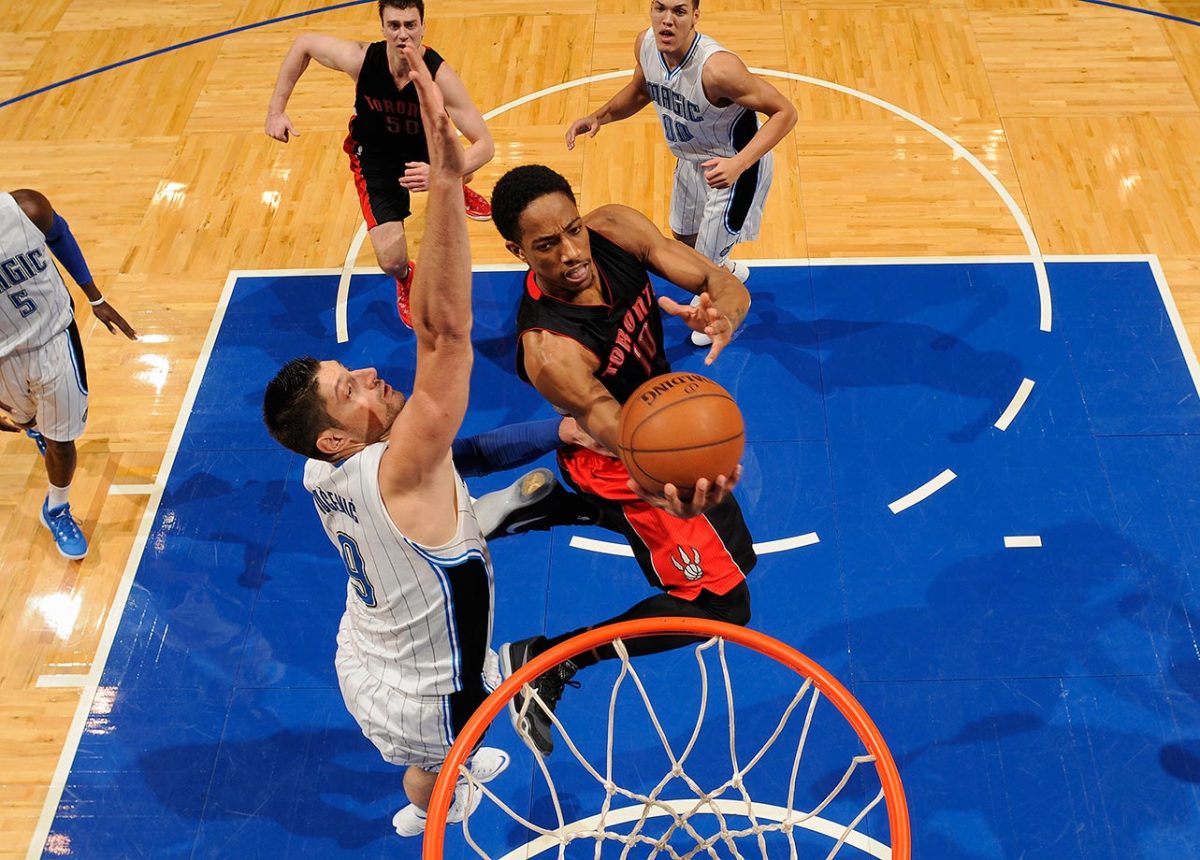
Raptors | Guard | Last year: 61
#60 — Derrick Rose
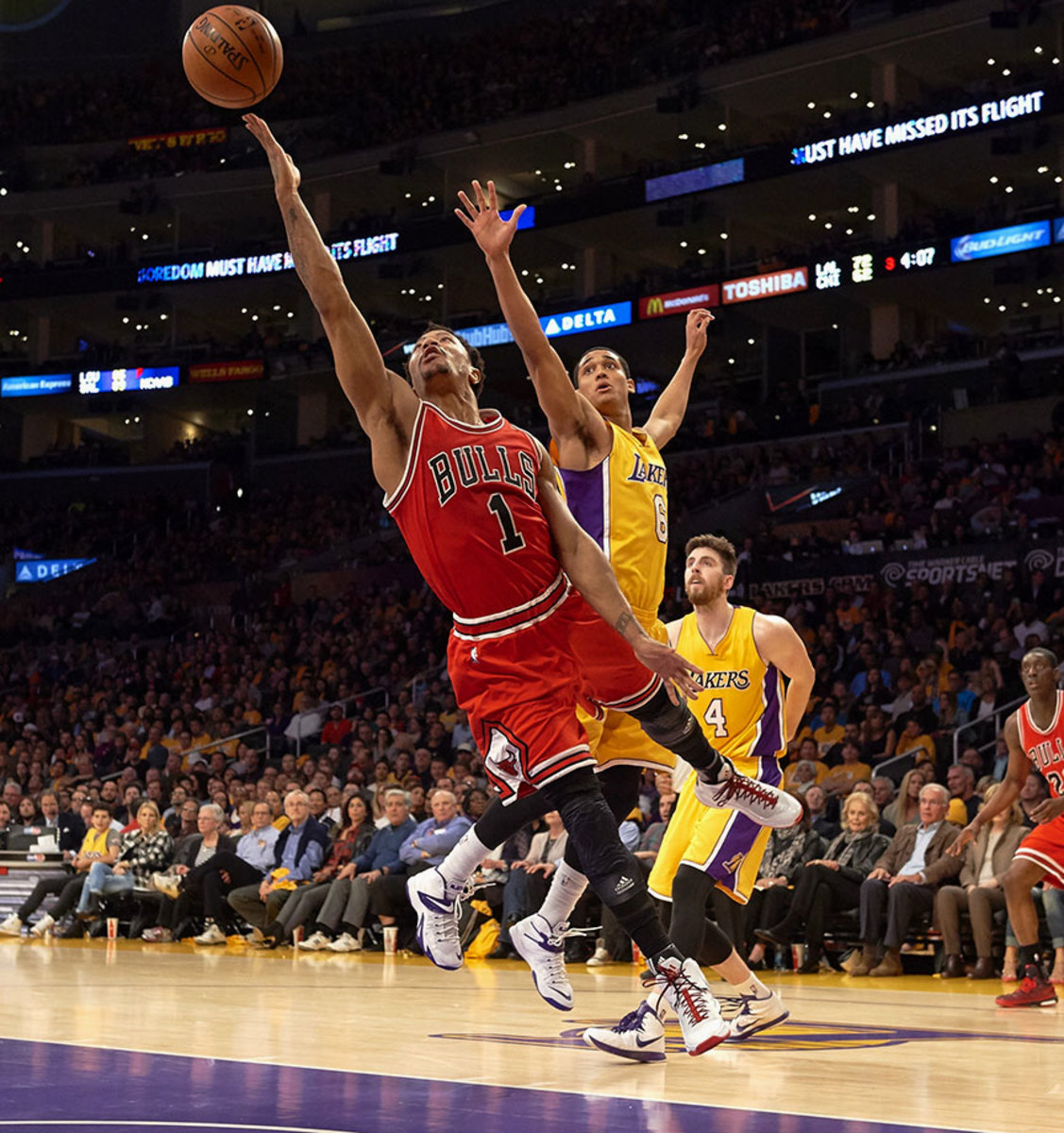
Bulls | Guard | Last year: 23
#59 — Jrue Holiday
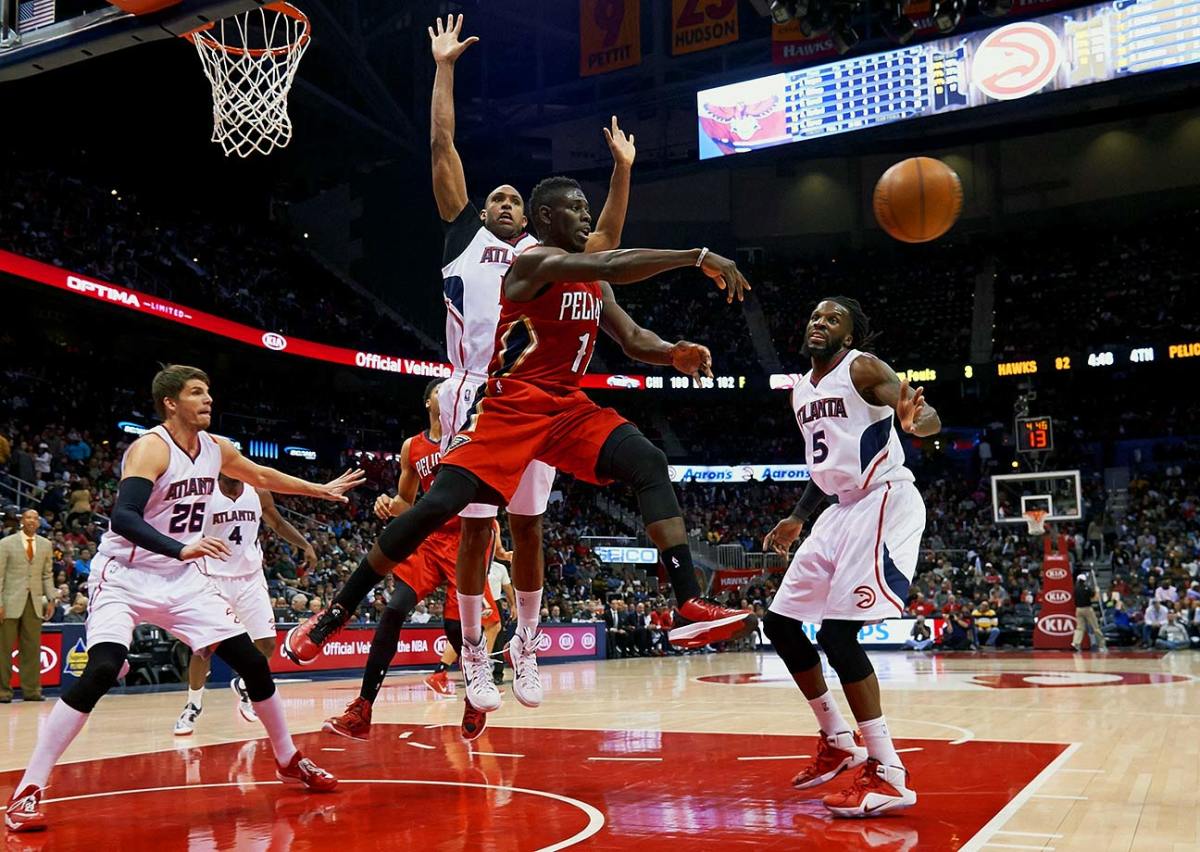
Pelicans | Guard | Last year: 50
#58 — Tyreke Evans
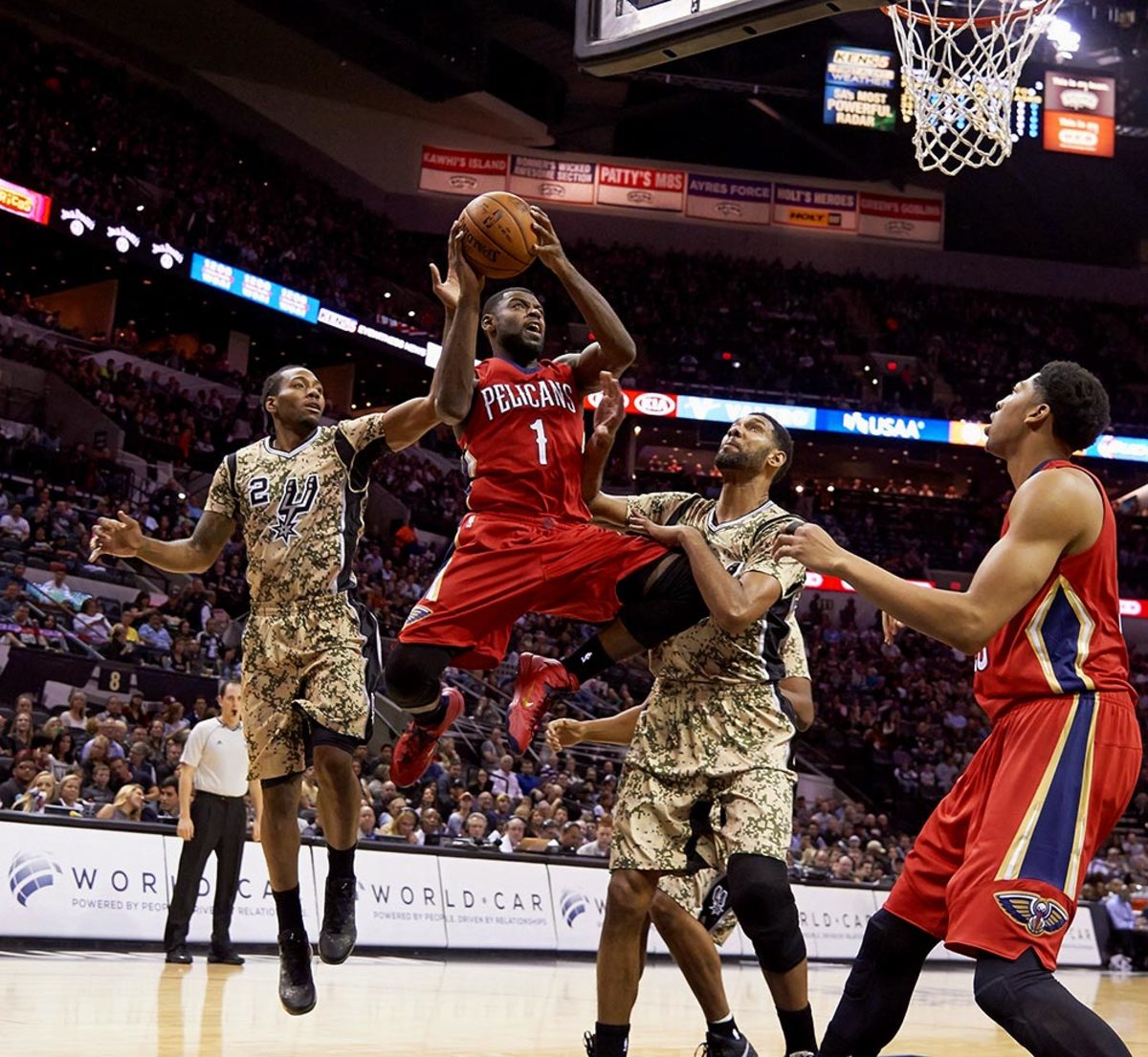
Pelicans | Forward | Last year: 84
#57 — Monta Ellis
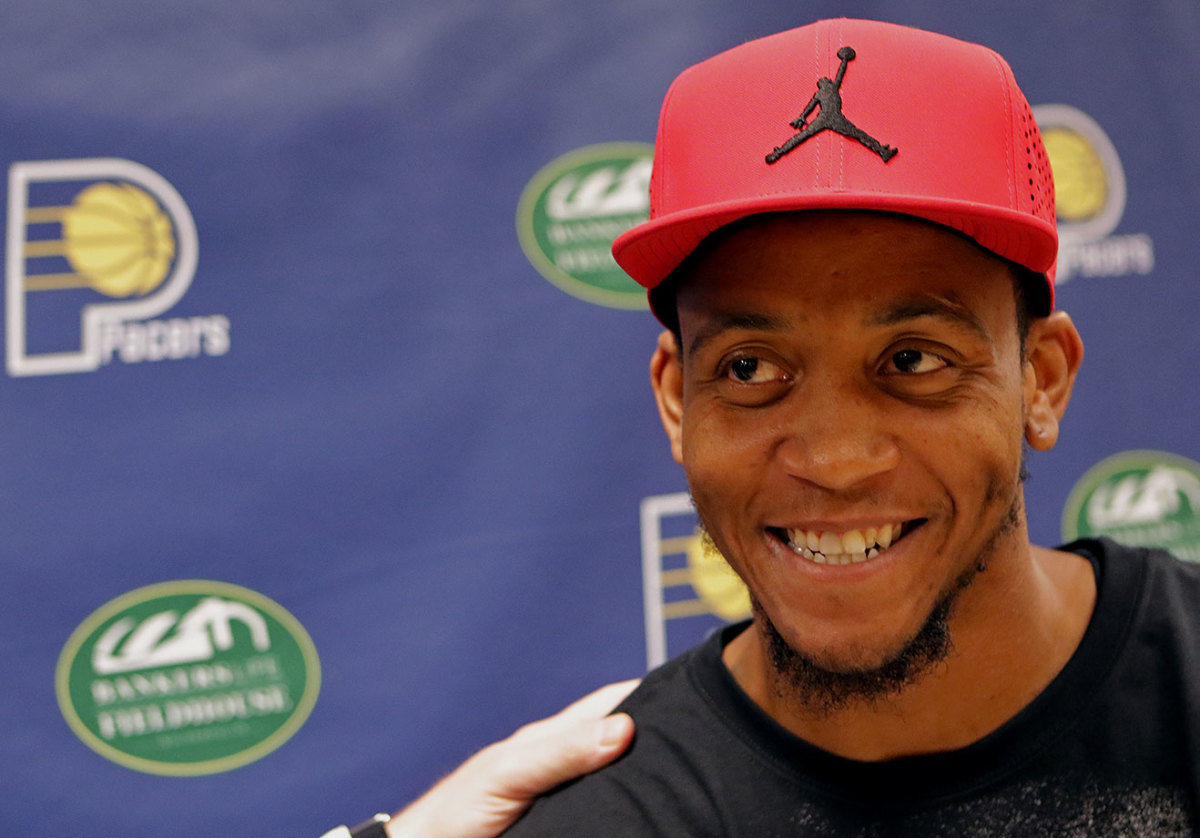
Pacers | Guard | Last year: 66
#56 — Luol Deng
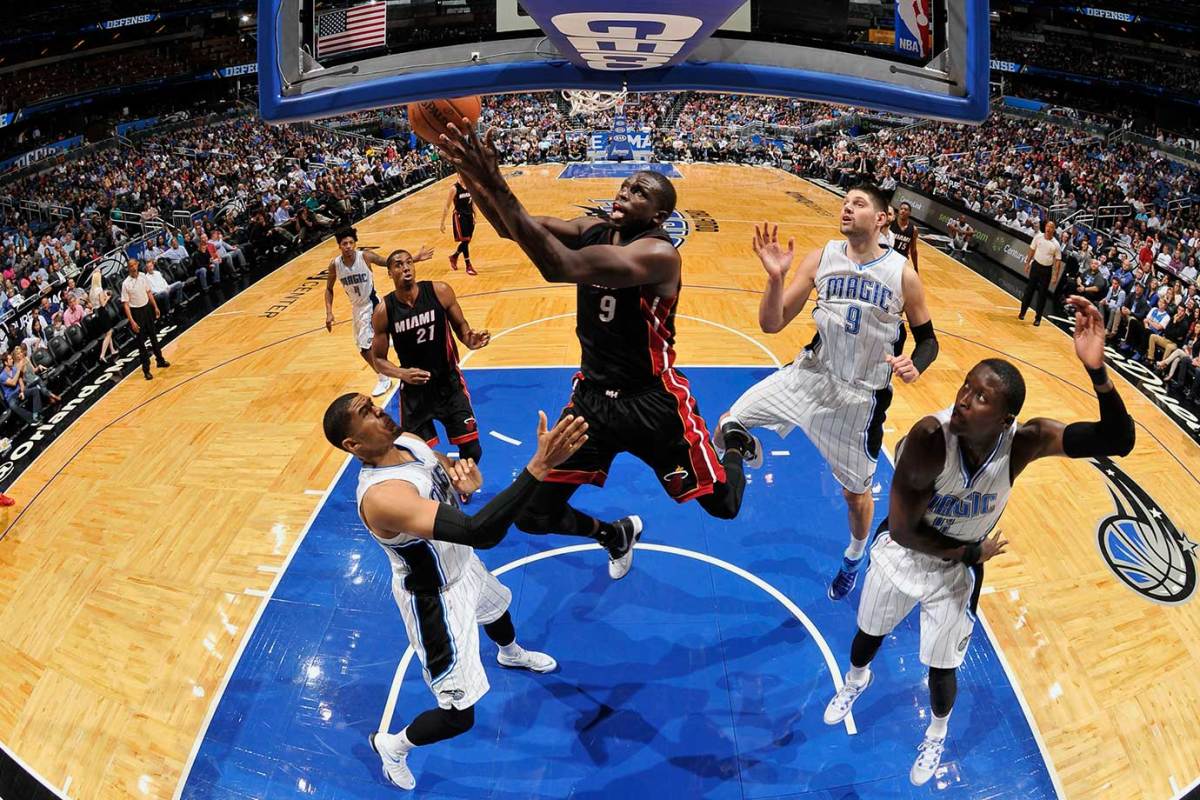
Heat | Forward | Last year: 55
#55 — Nicolas Batum
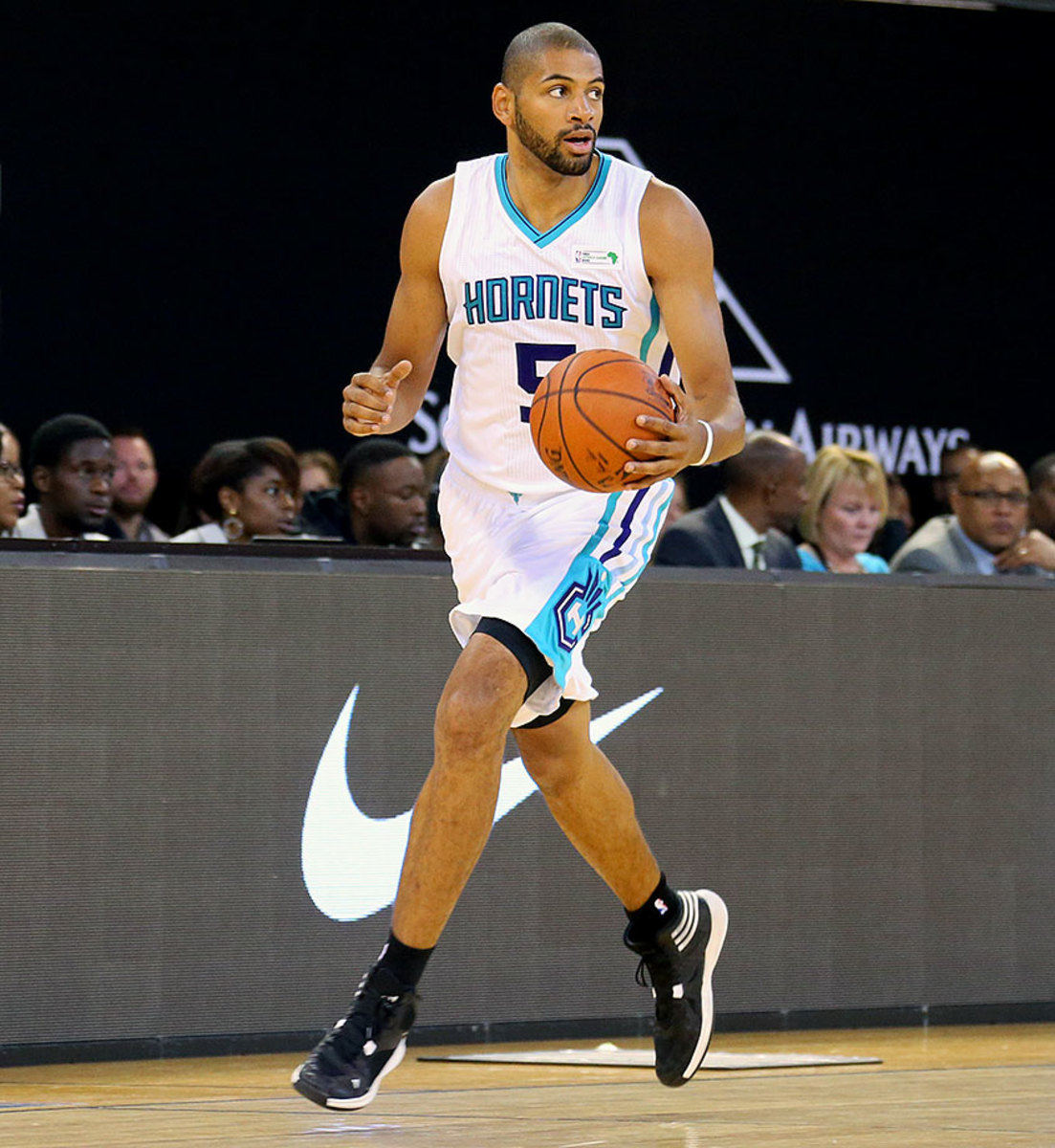
Hornets | Forward | Last year: 43
#54 — Kobe Bryant
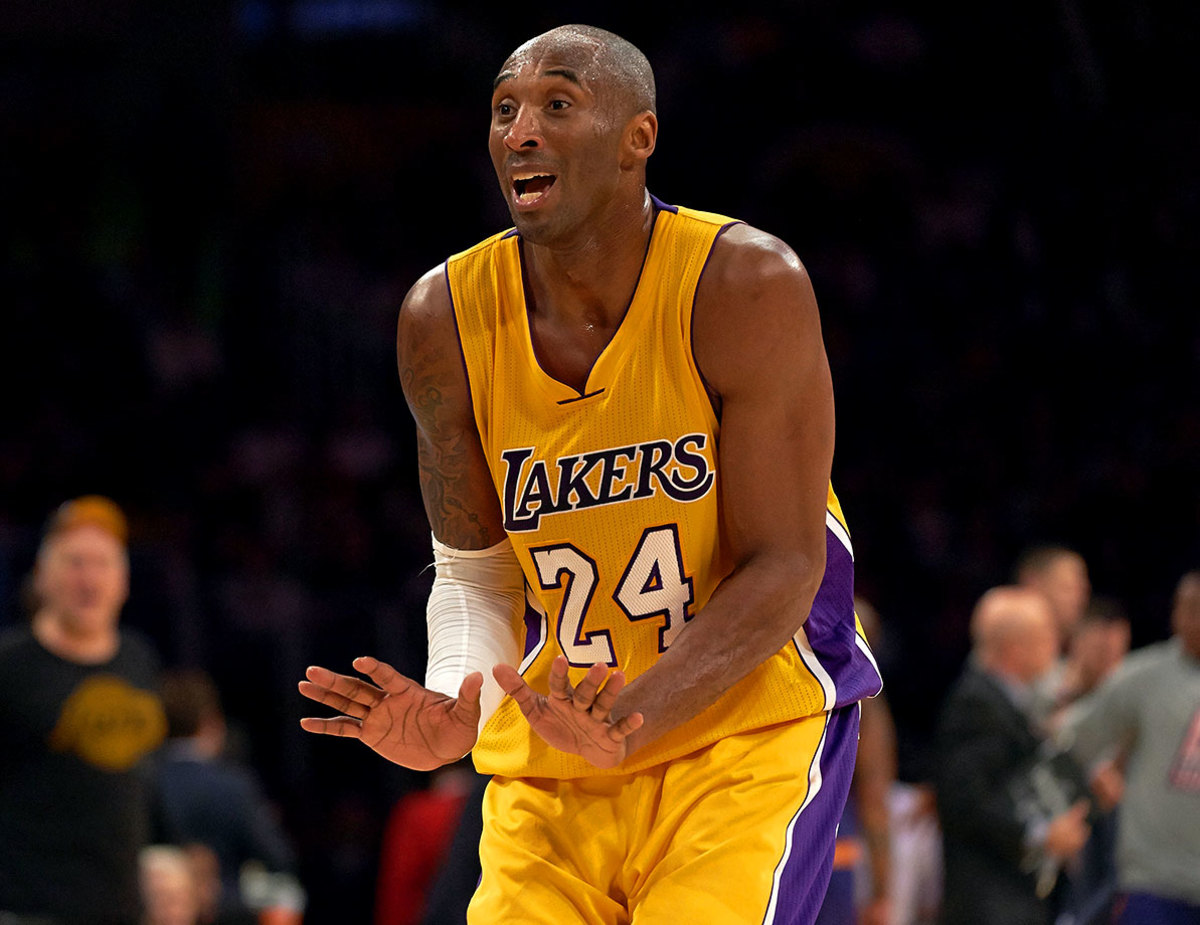
Lakers | Guard | Last year: 24
#53 — Tony Parker
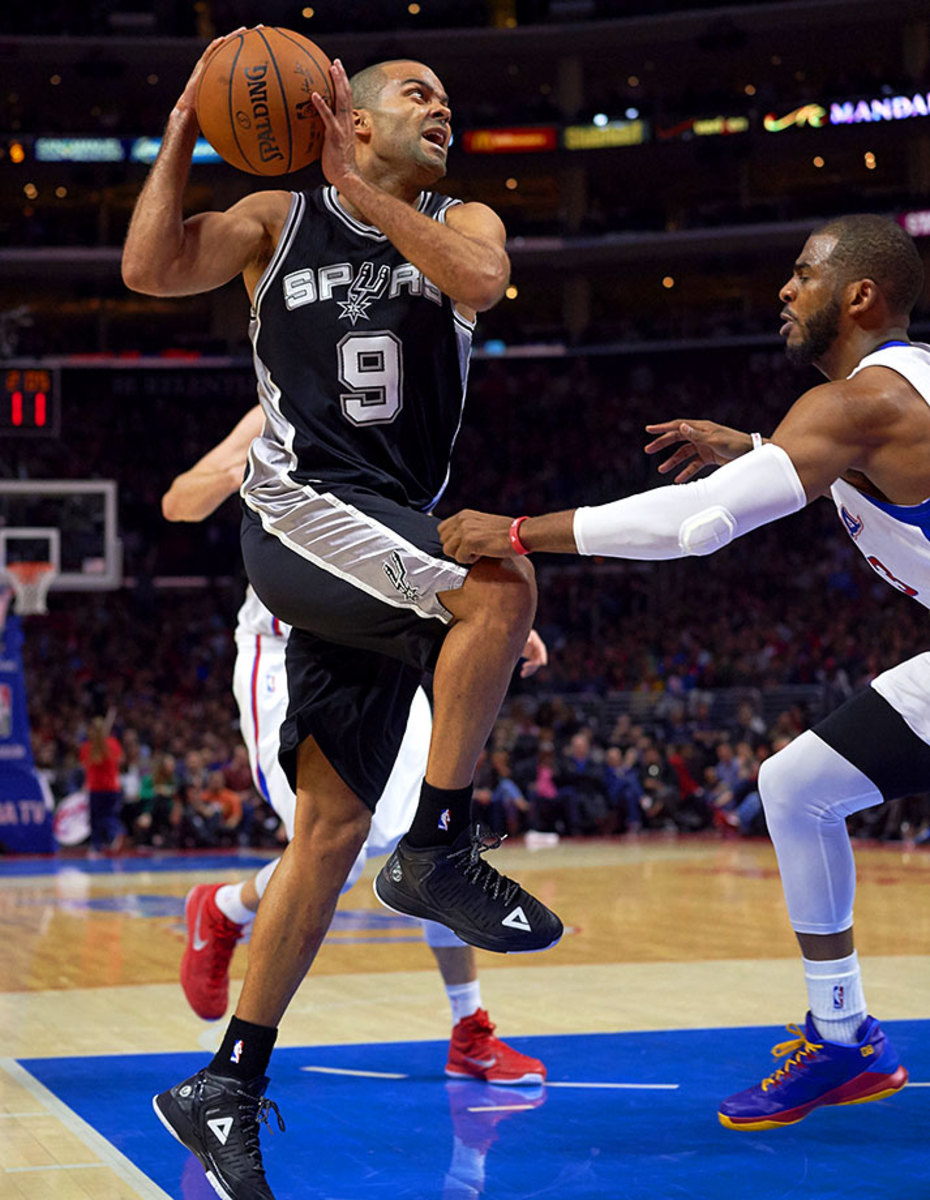
Spurs | Guard | Last year: 15
#52 — Rudy Gay
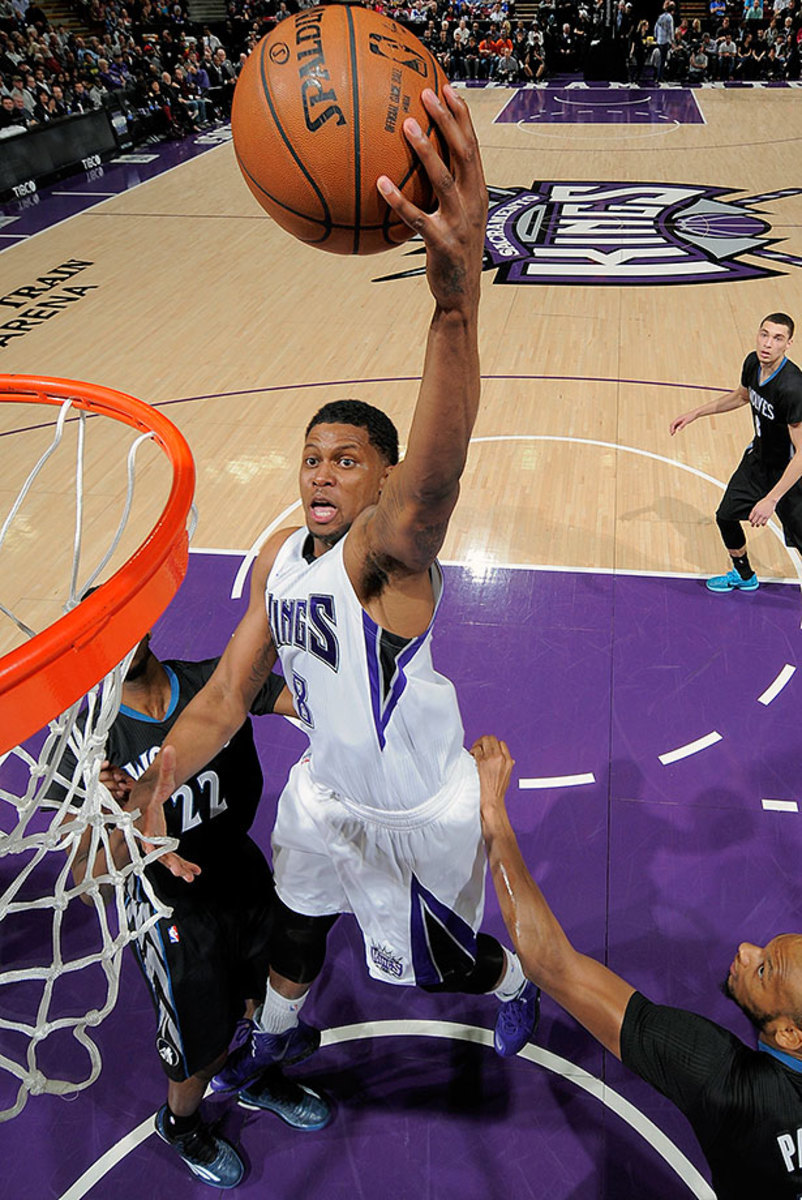
Kings | Forward | Last year: 67
#51 — Ty Lawson
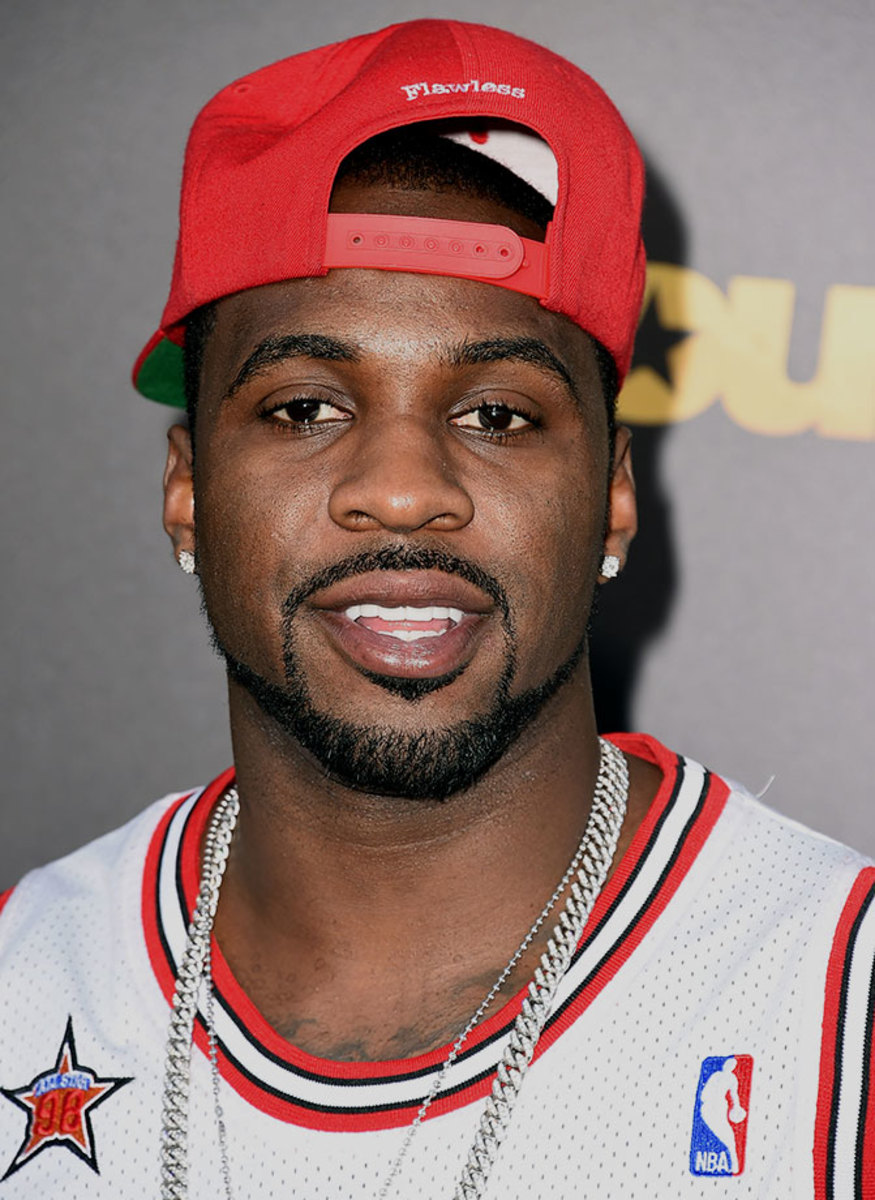
Rockets | Guard | Last year: 44
#50 — Danny Green
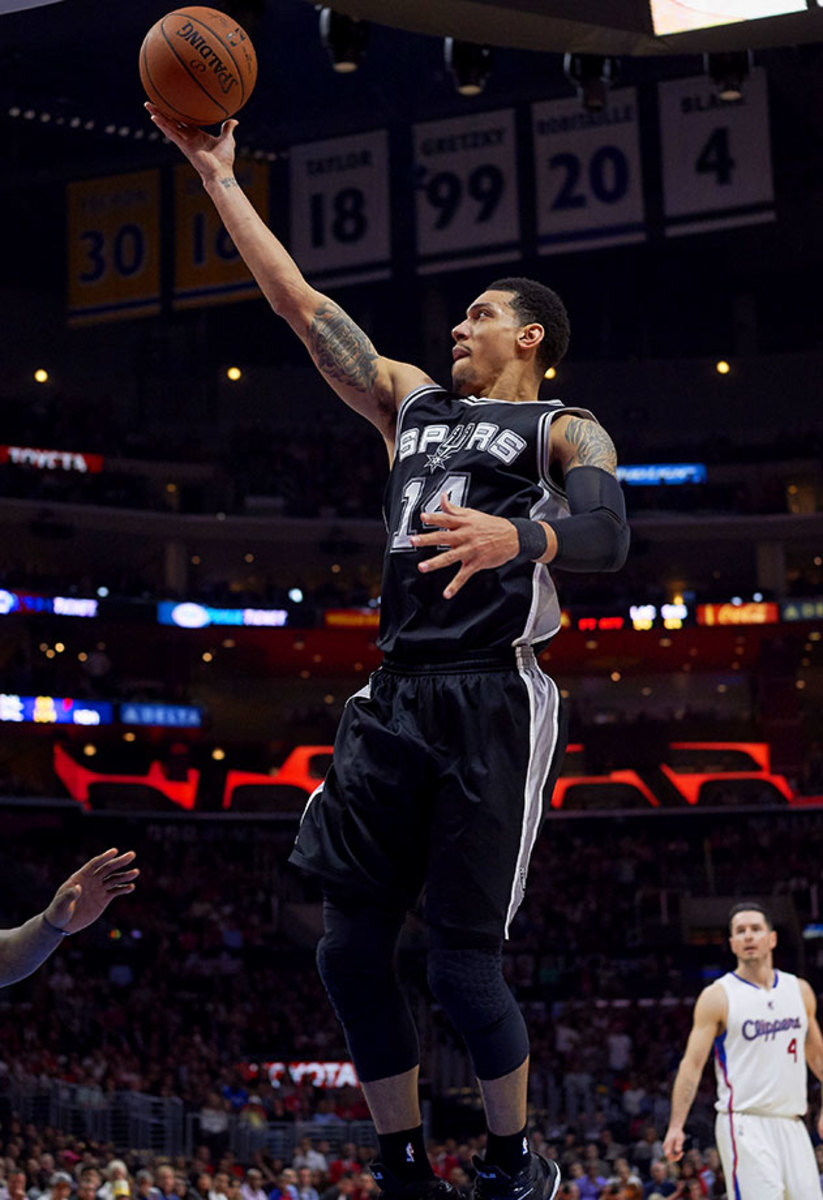
Spurs | Guard | Last year: 96
#49 — Zach Randolph
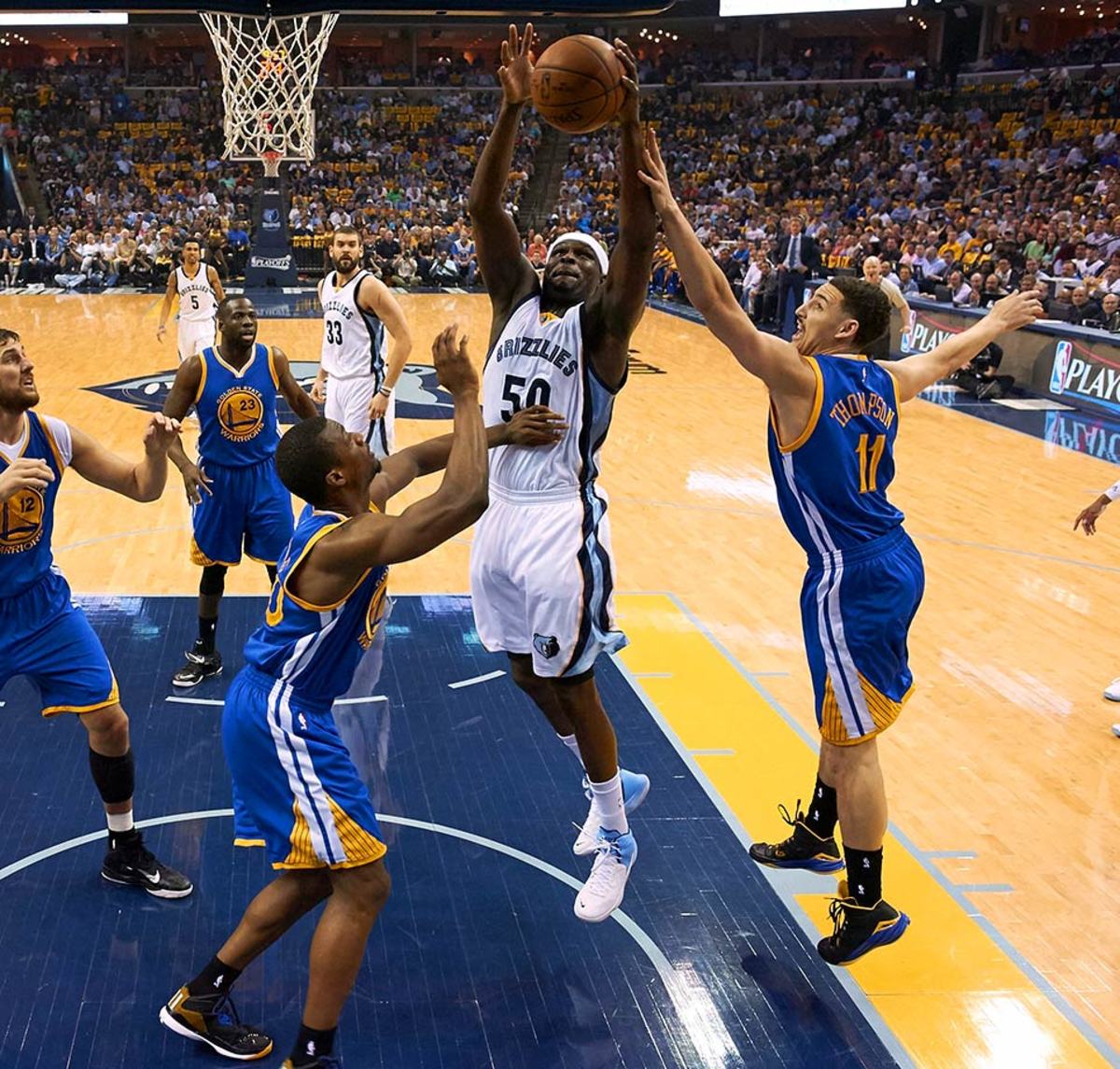
Grizzlies | Forward | Last year: 42
#48 — Greg Monroe
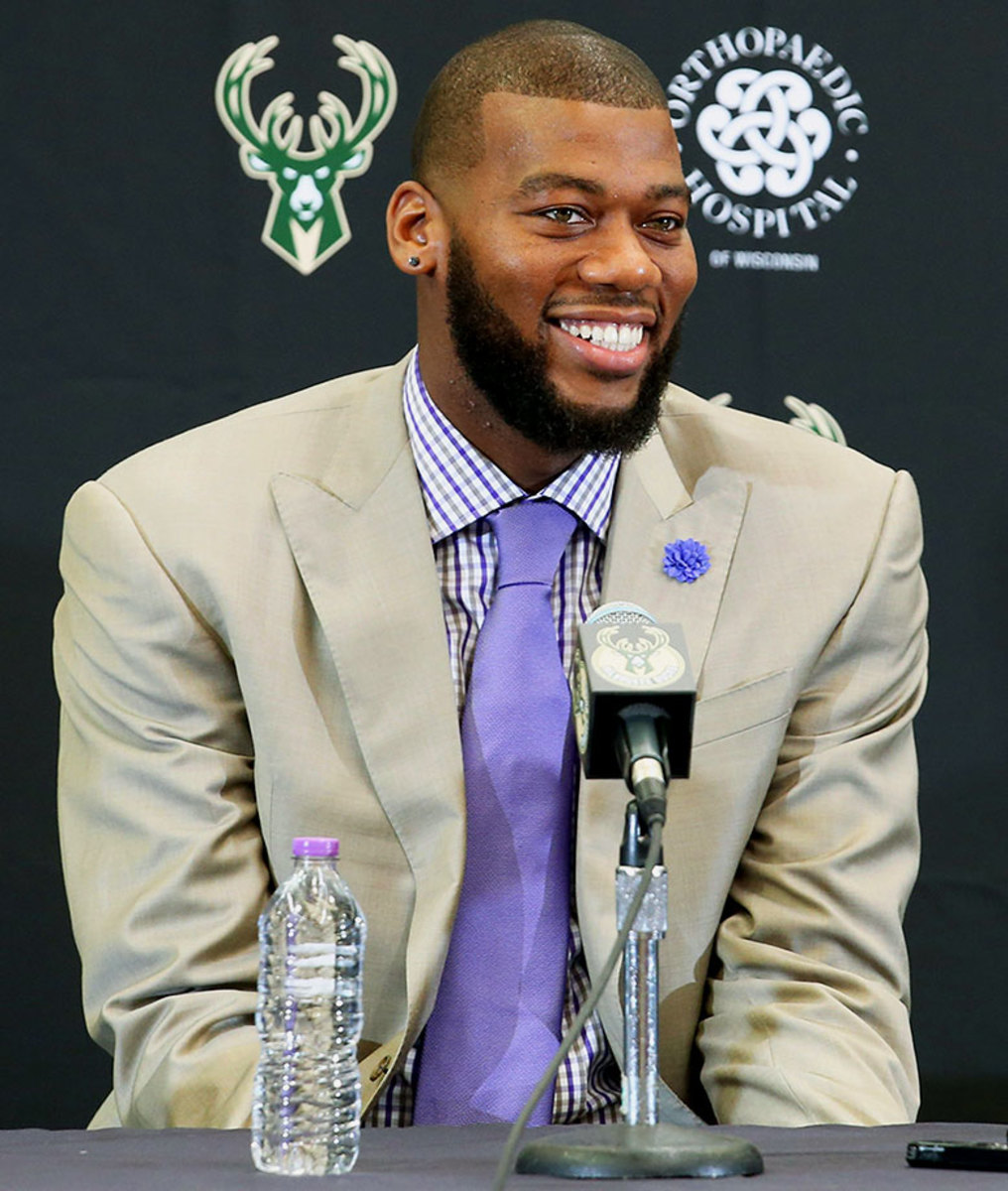
Bucks | Forward | Last year: 68
#47 — Al Jefferson
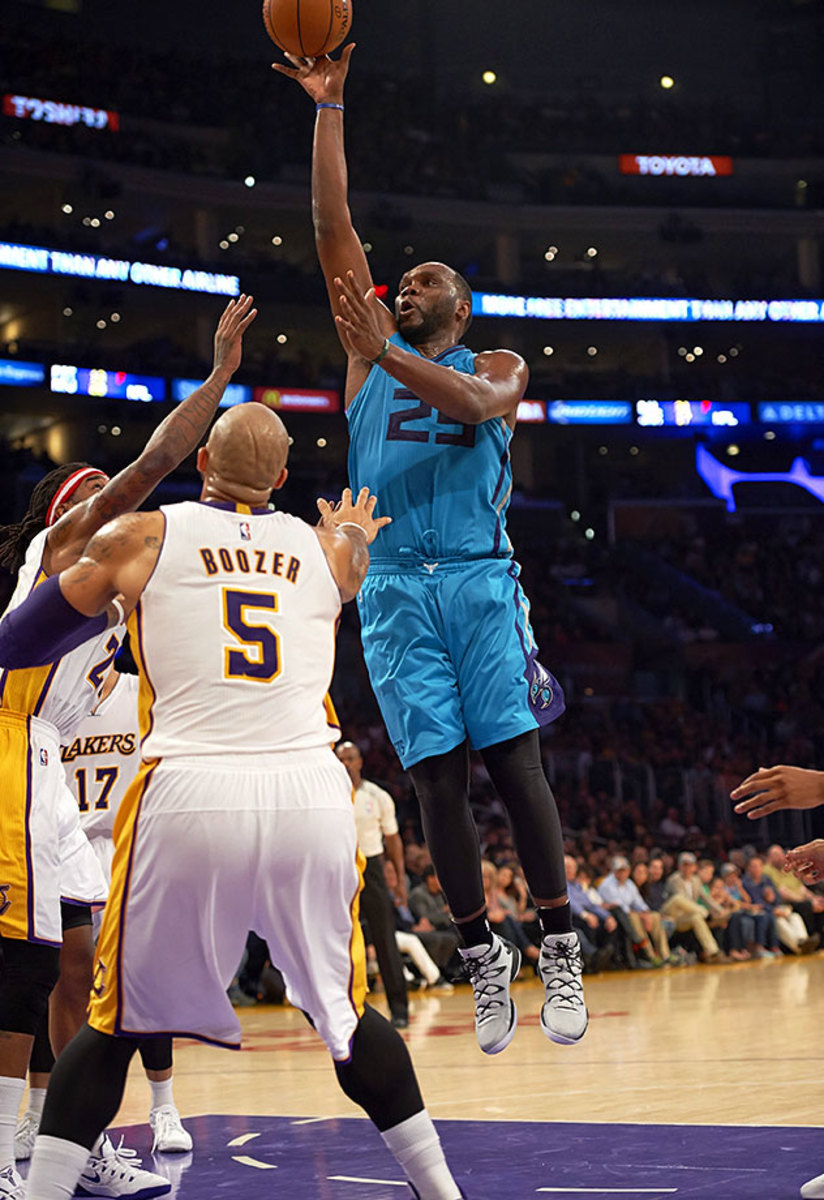
Hornets | Center | Last year: 26
#46 — Kyle Korver
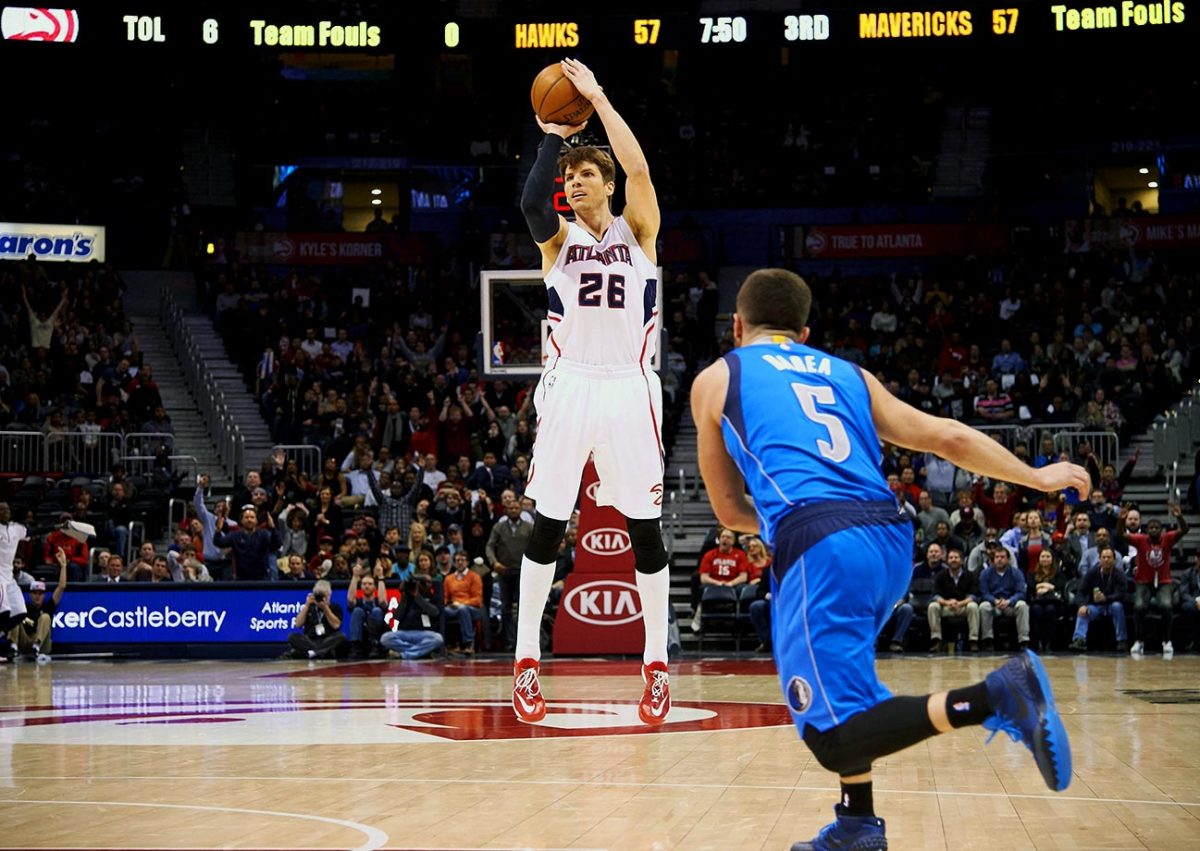
Hawks | Forward | Last year: 74
#45 — Khris Middleton
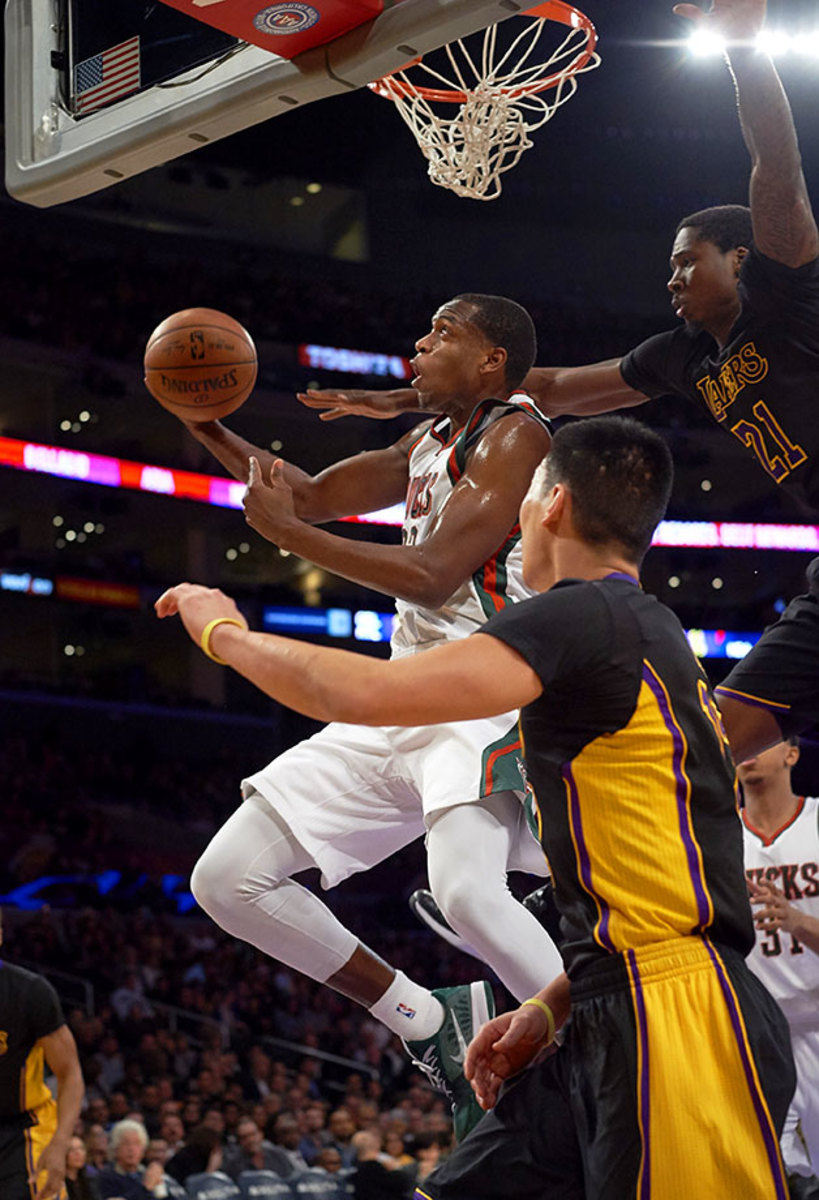
Bucks | Forward | Last year: —
#44 — Andre Iguodala
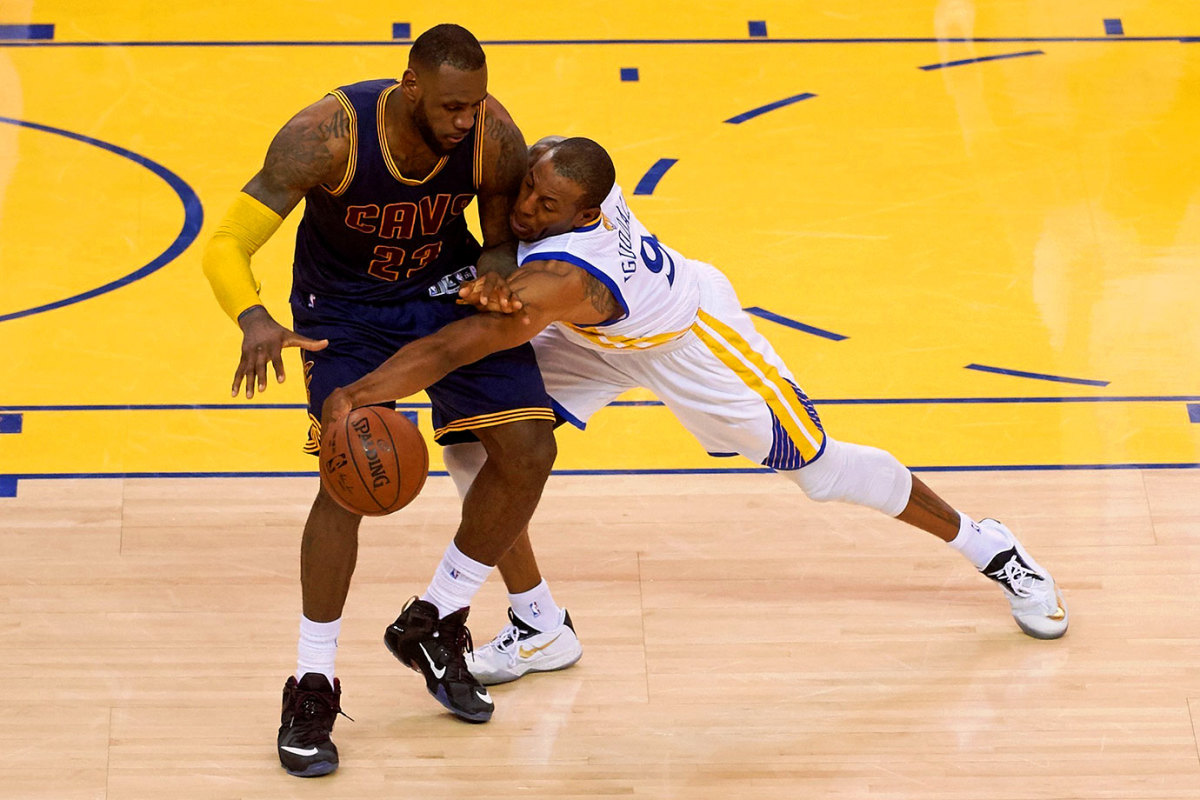
Warriors | Forward | Last year: 29
#43 — Joakim Noah
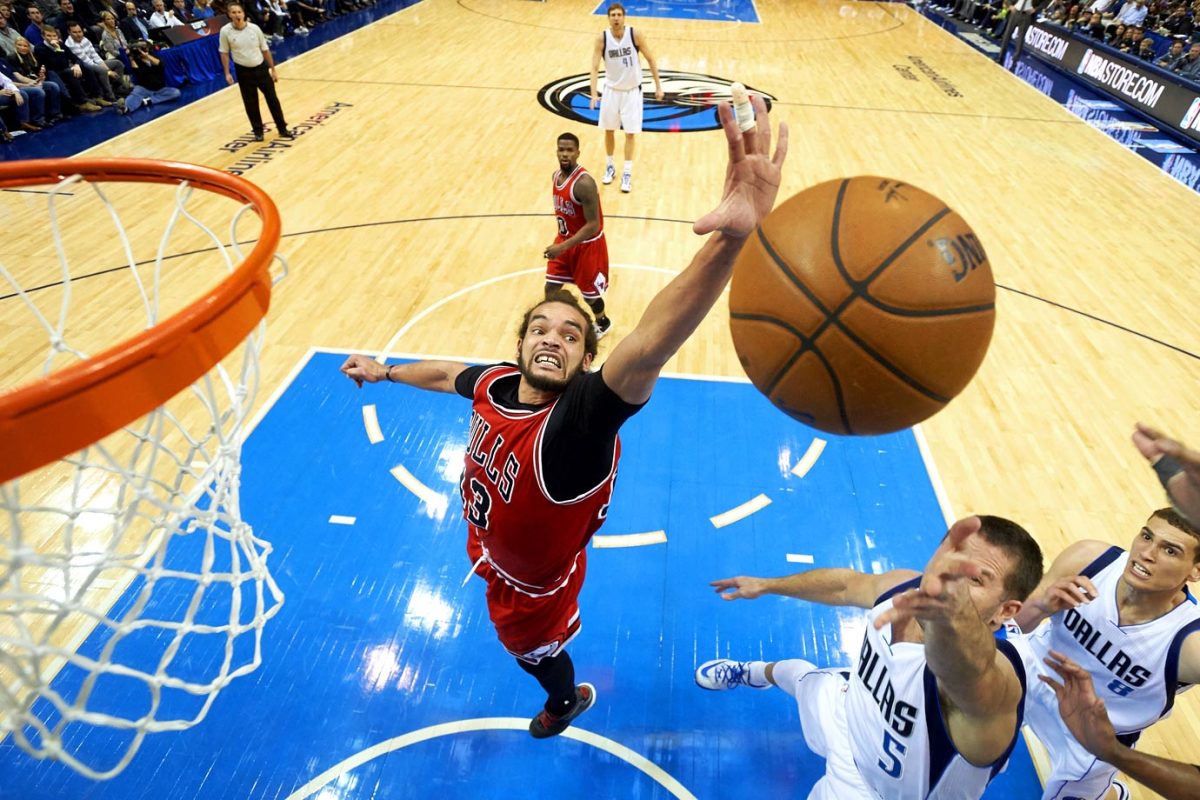
Bulls | Center | Last year: 17
#42 — Goran Dragic
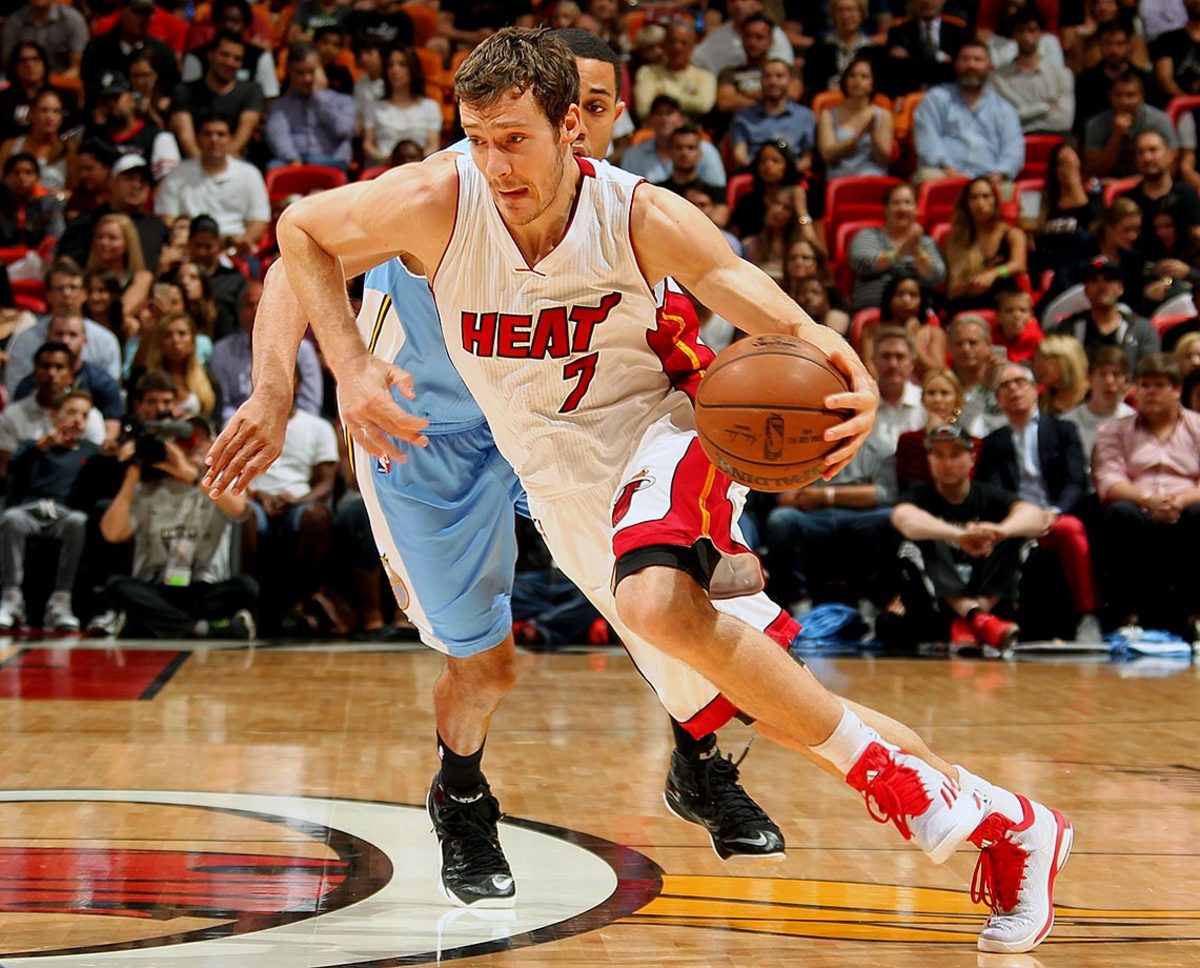
Heat | Guard | Last year: 35
#41 — Jeff Teague
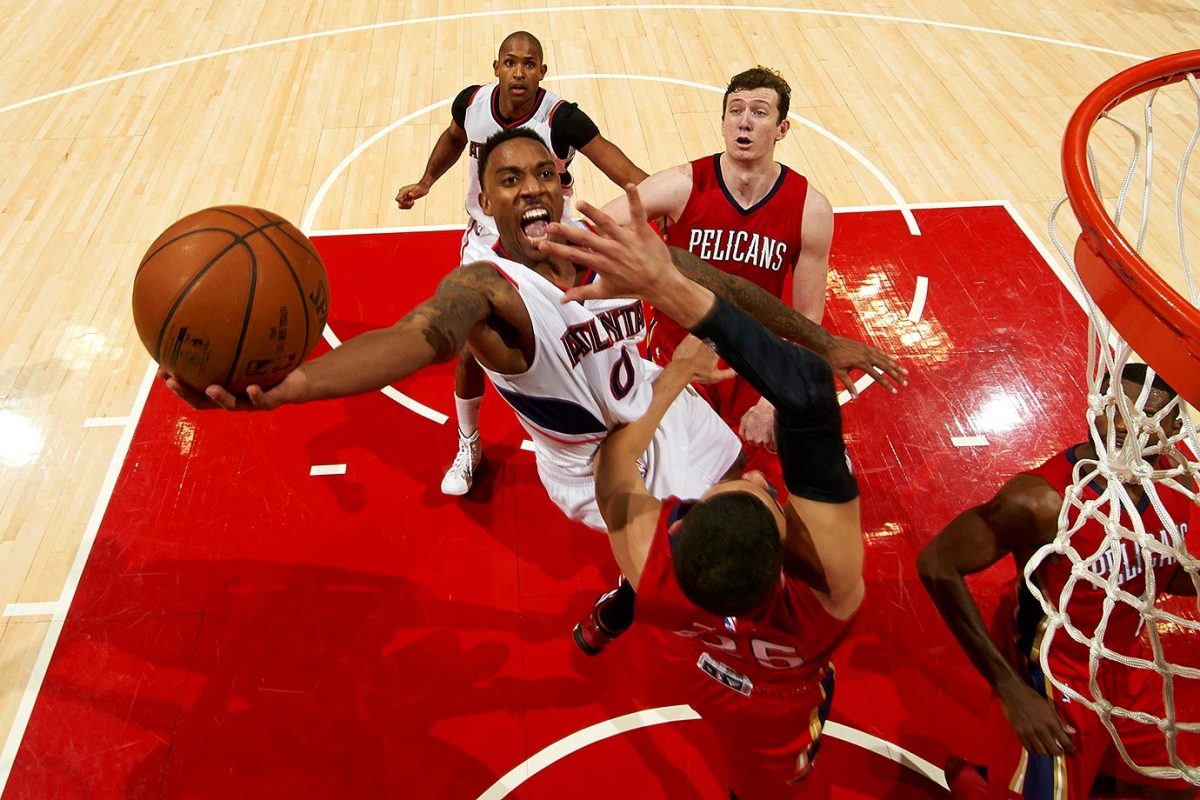
Hawks | Guard | Last year: 92
#40 — Pau Gasol
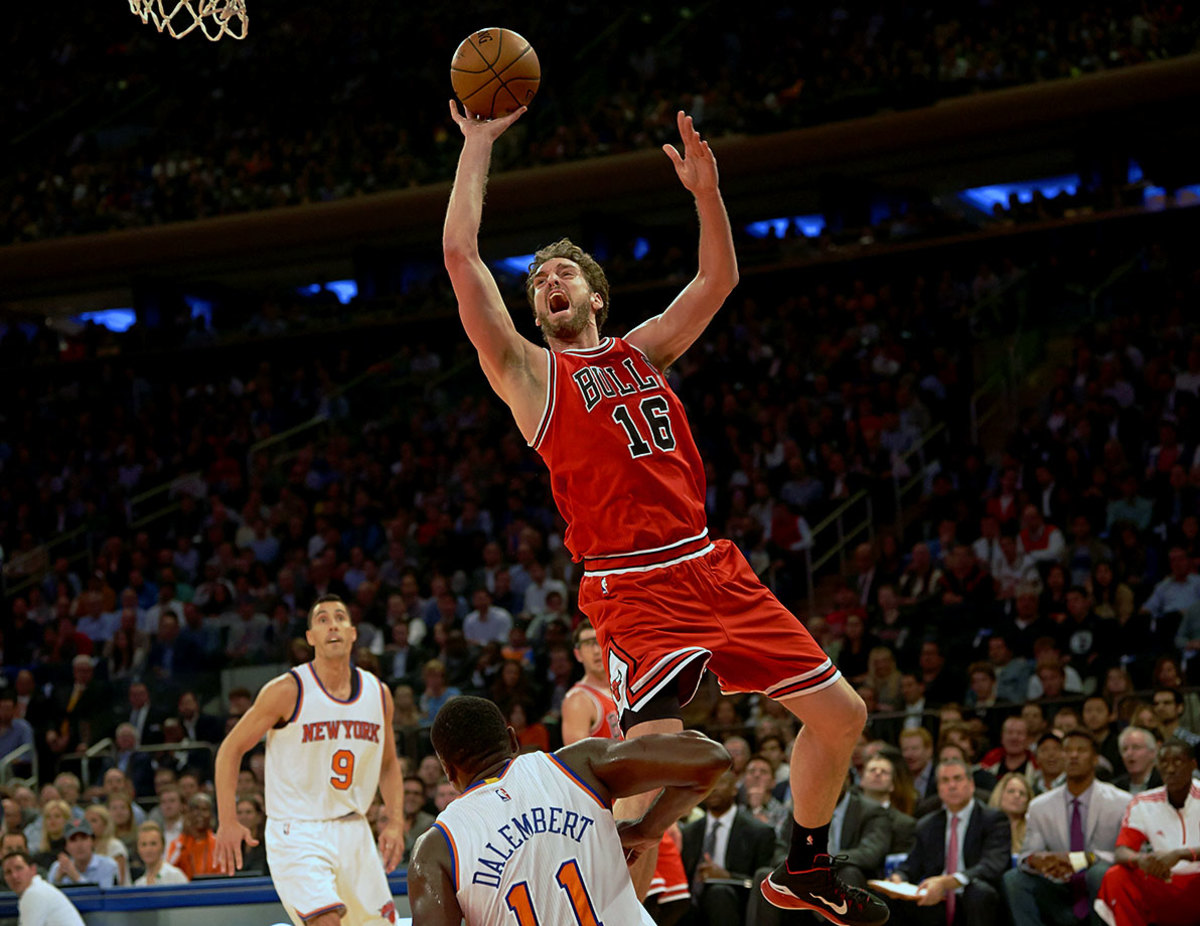
Bulls | Forward | Last year: 49
#39 — Rudy Gobert
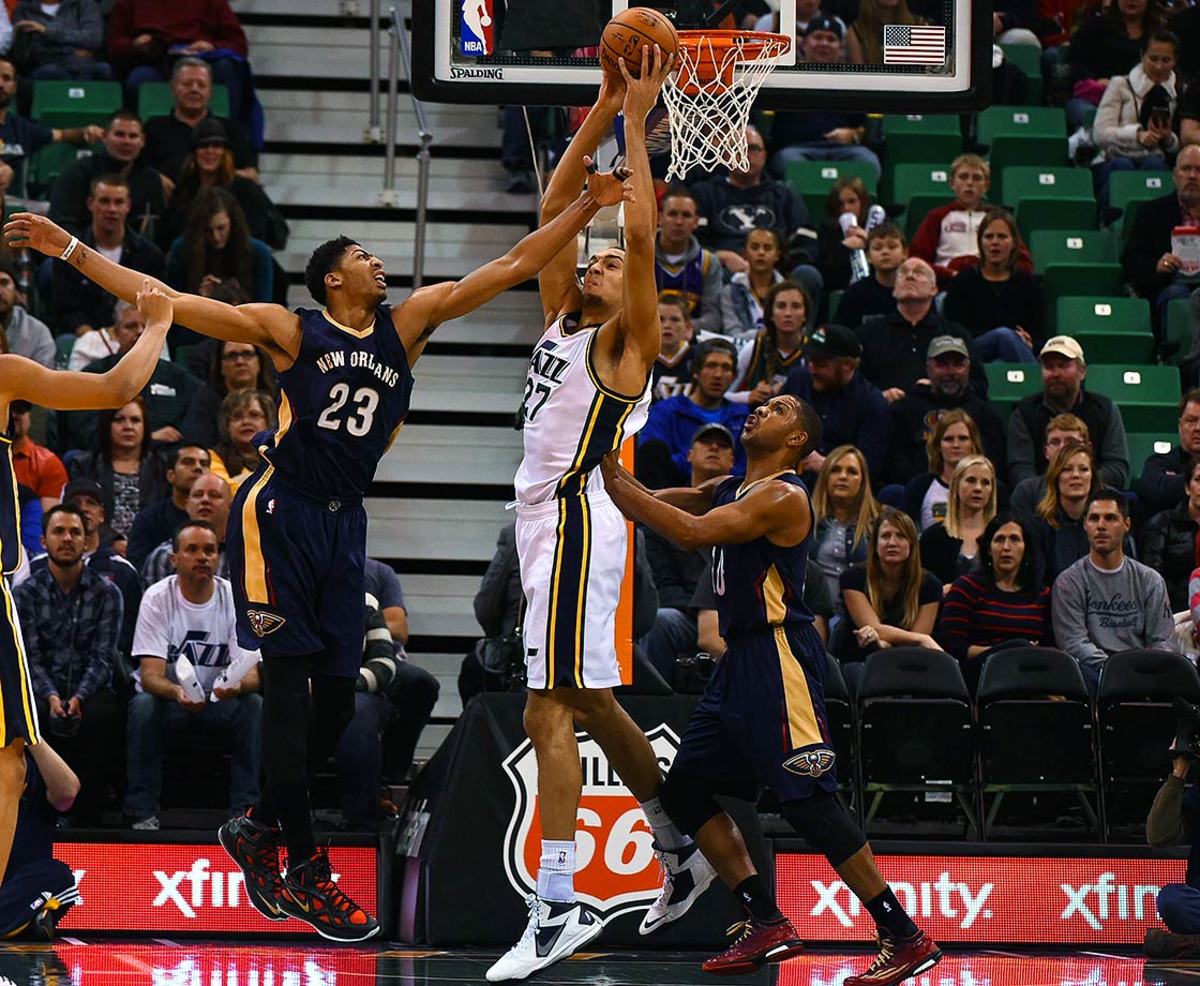
Jazz | Center | Last year: —
#38 — Brook Lopez
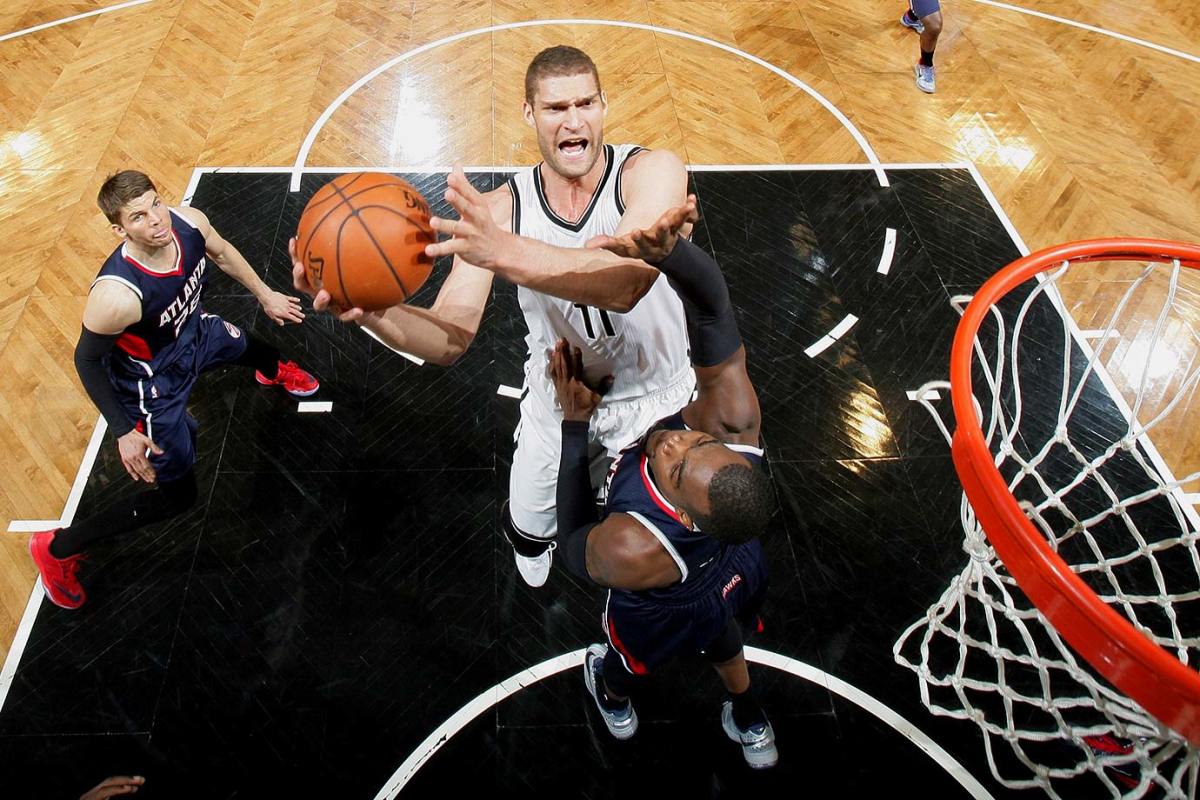
Nets | Center | Last year: 36
#37 — Derrick Favors
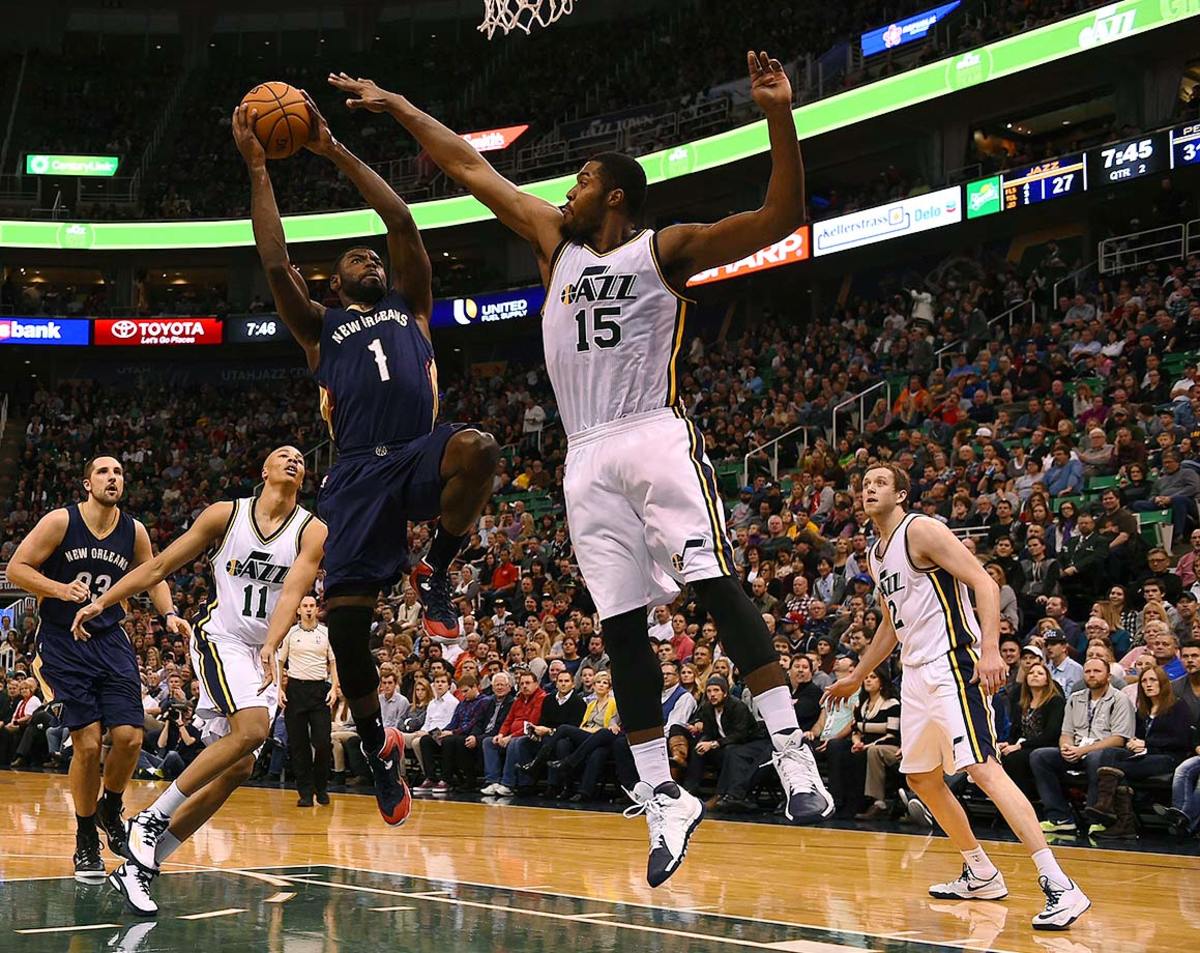
Jazz | Forward | Last year: 79
#36 — Tyson Chandler
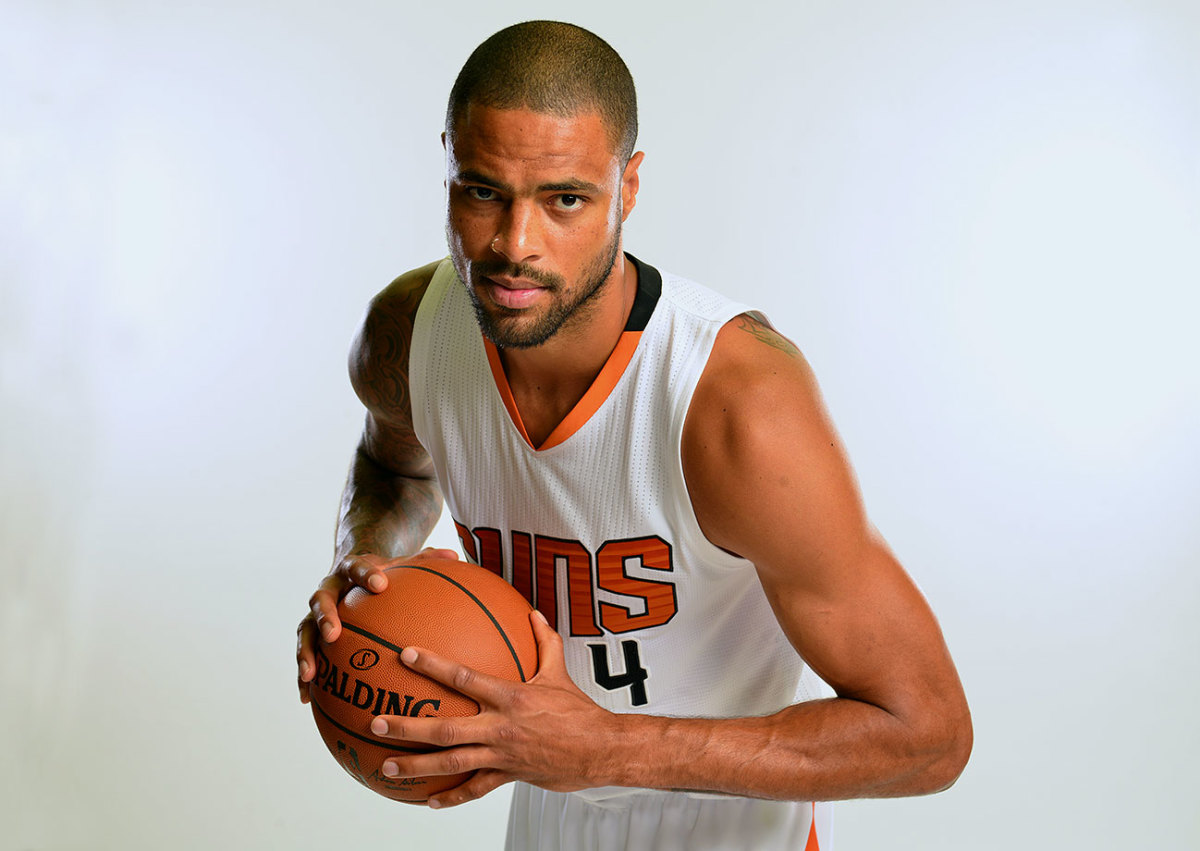
Suns | Center | Last year: 39
#35 — Andre Drummond
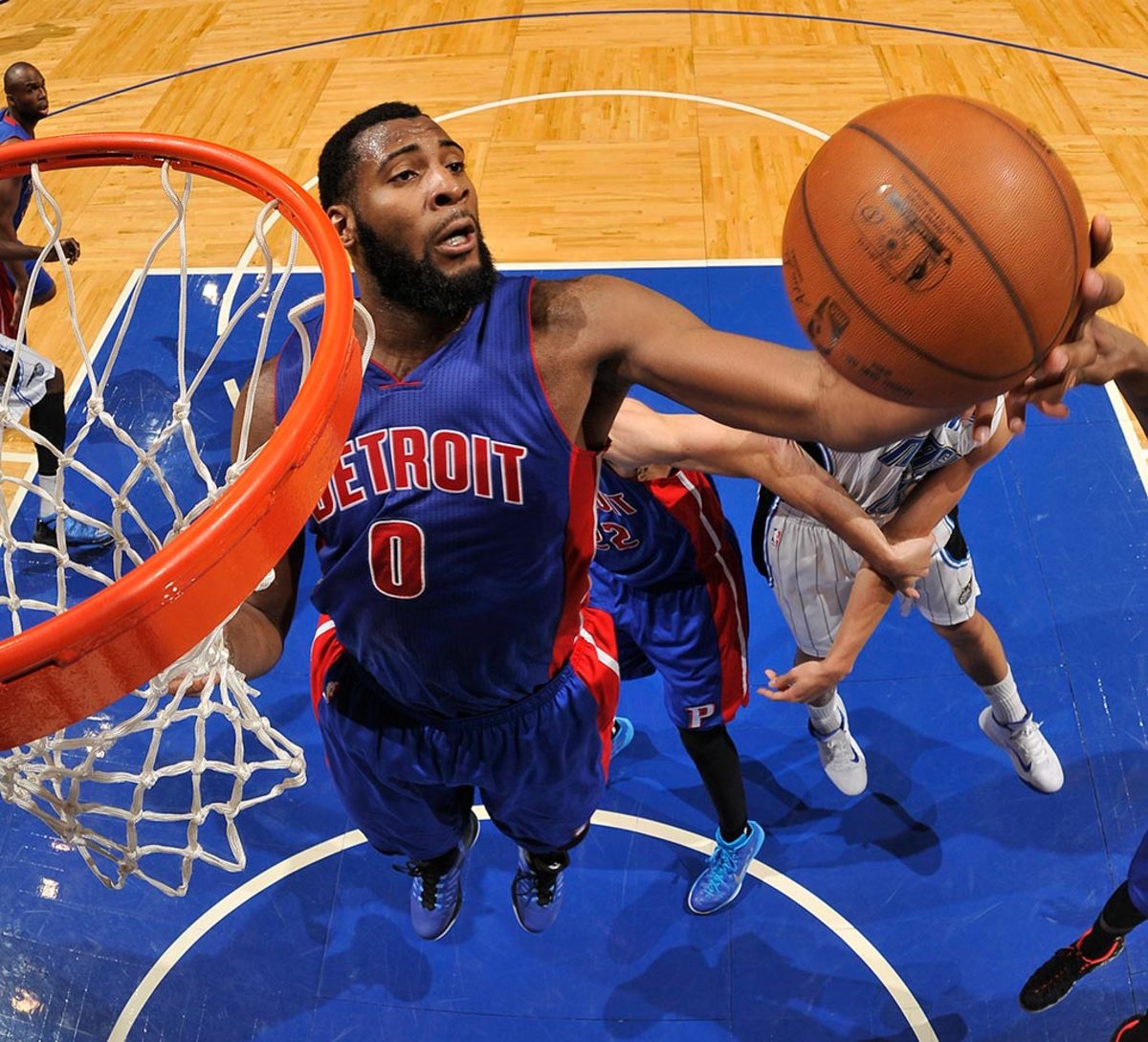
Pistons | Center | Last year: 37
#34 — Kyle Lowry
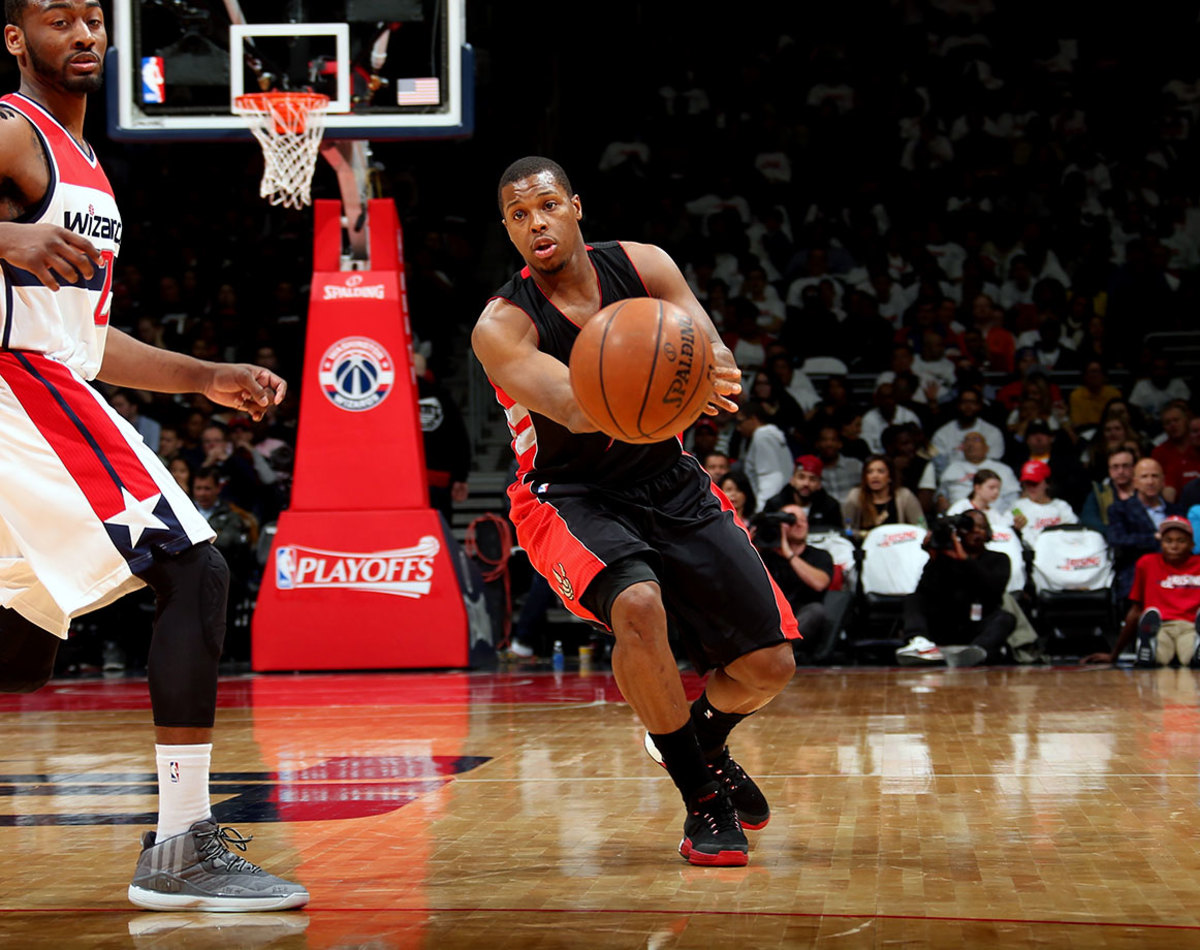
Raptors | Guard | Last year: 30
#33 — Eric Bledsoe
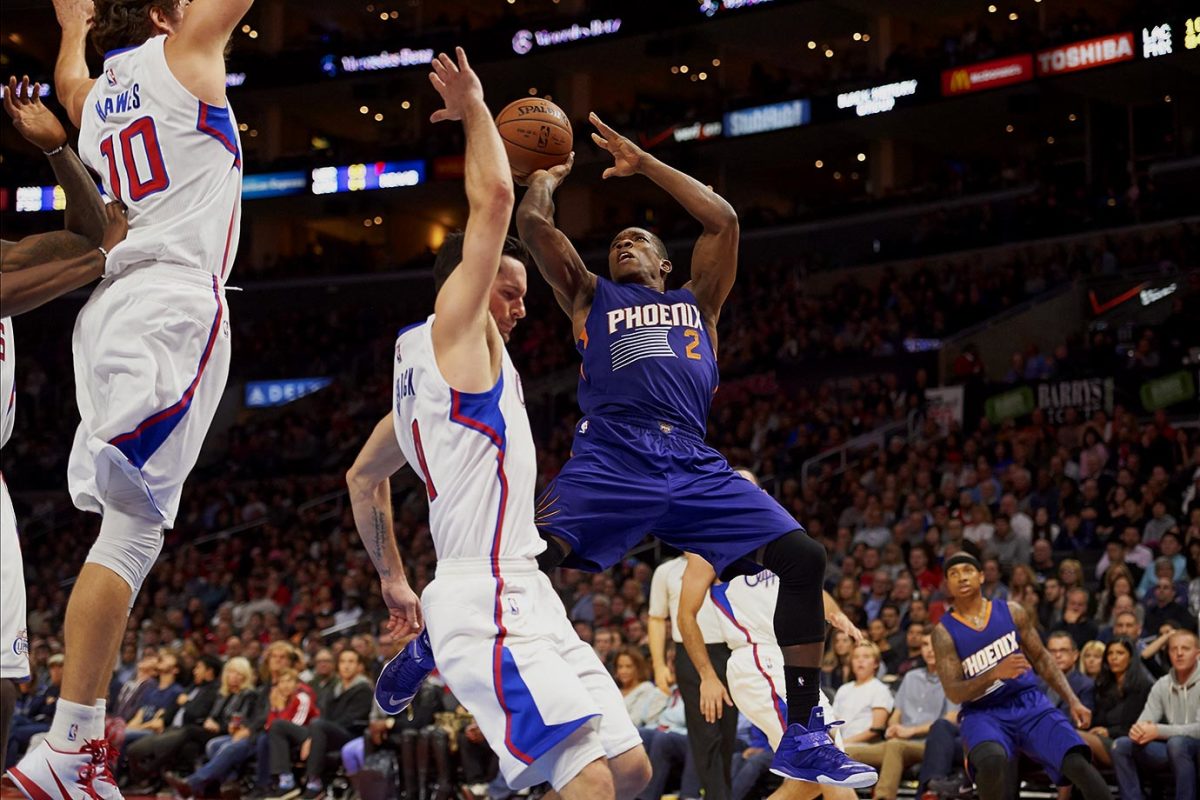
Suns | Guard | Last year: 33
#32 — Paul Millsap
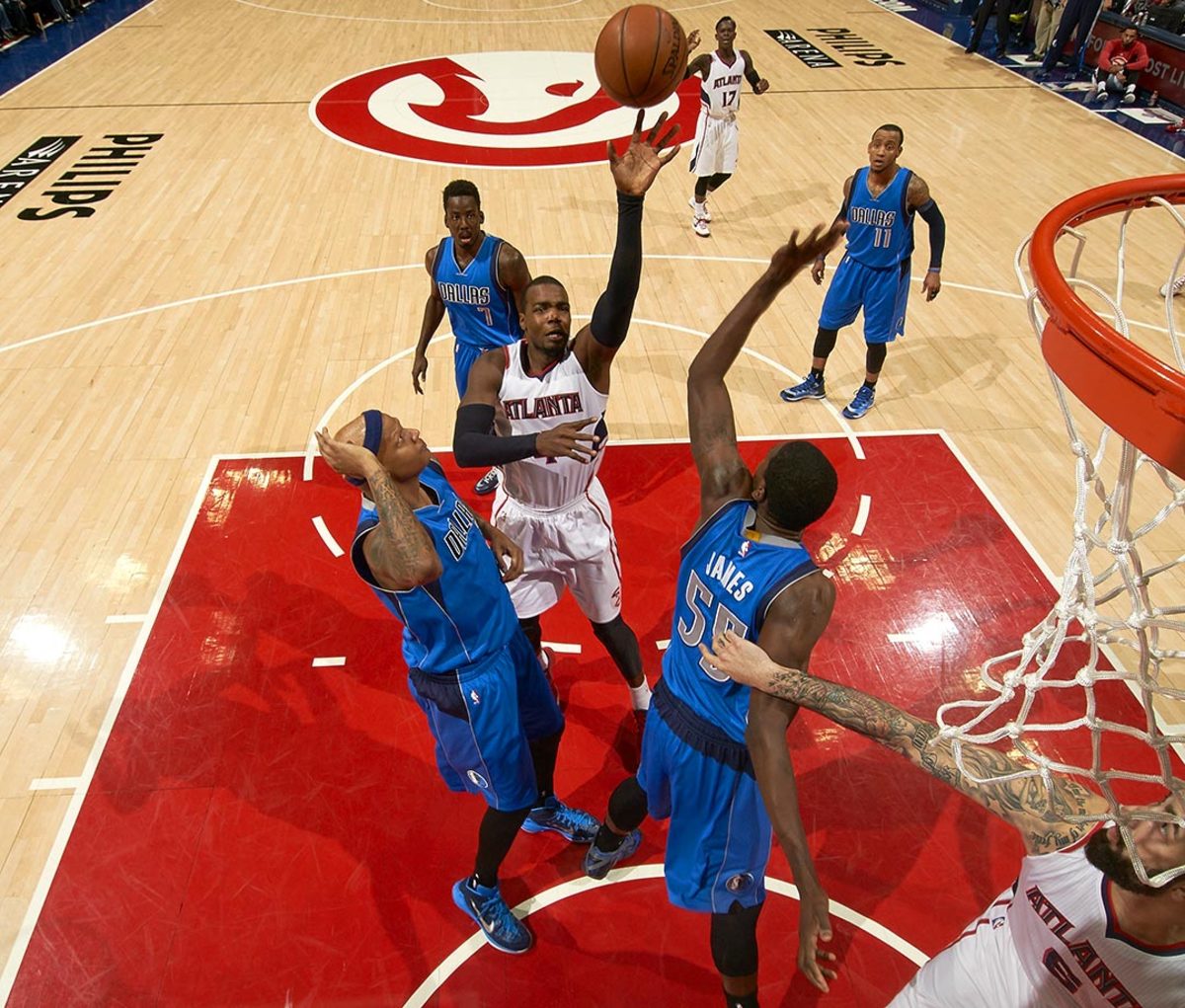
Hawks | Forward | Last year: 34
#31 — Gordon Hayward
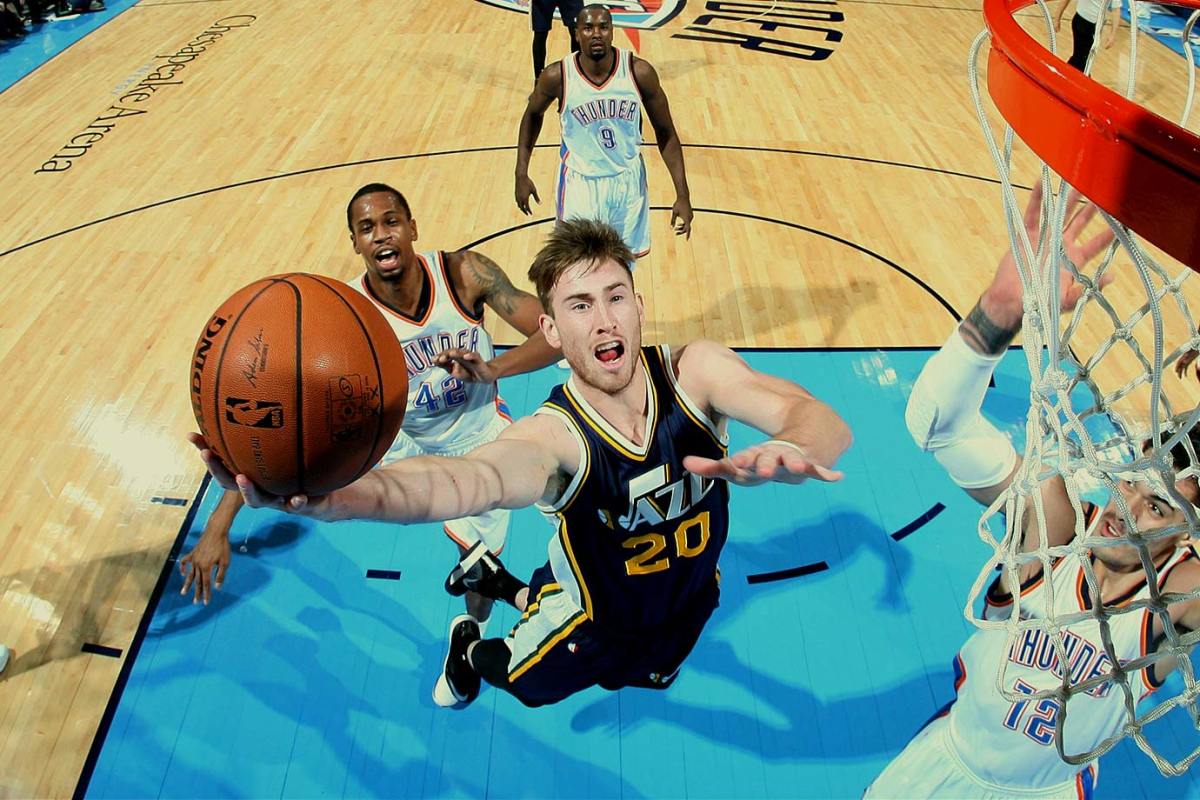
Jazz | Forward | Last year: 57
#30 — Dwyane Wade
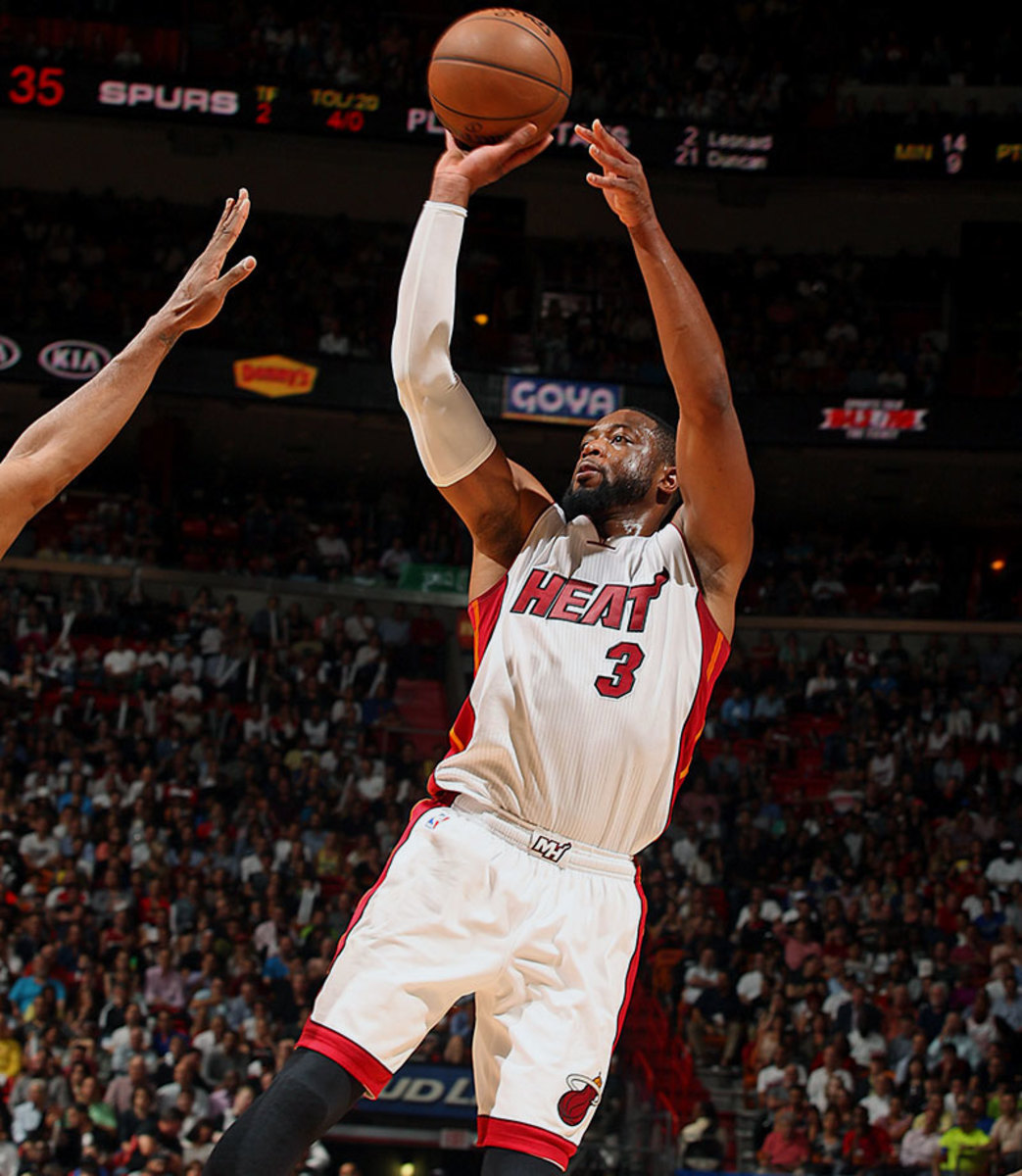
Heat | Guard | Last year: 20
#29 — DeAndre Jordan
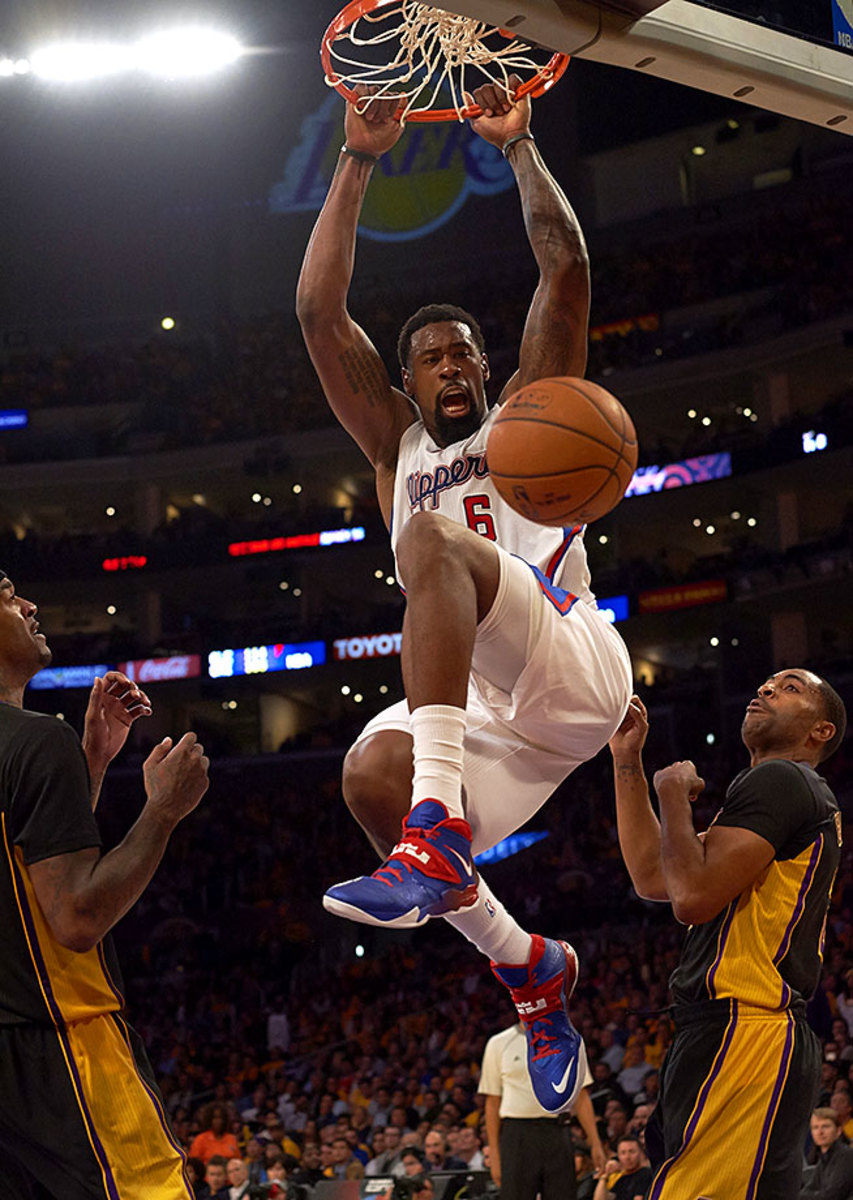
Clippers | Center | Last year: 38
#28 — Dirk Nowitzki
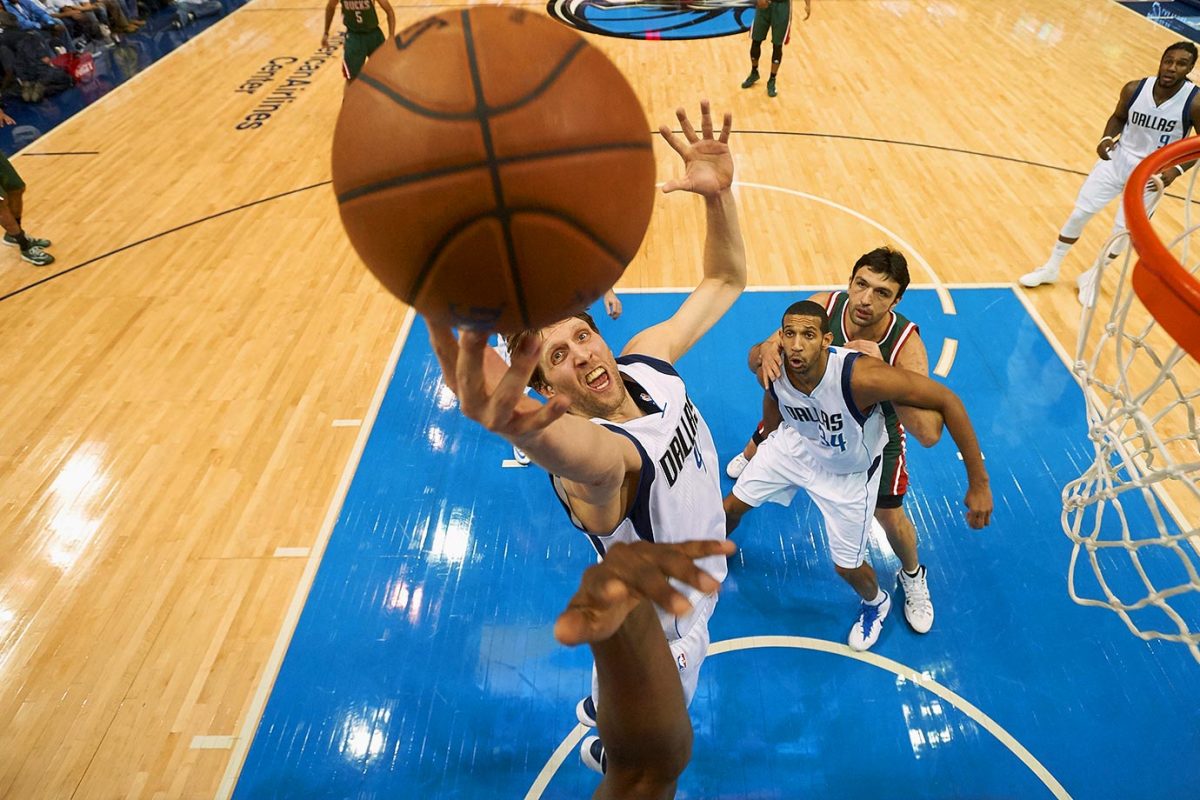
Mavericks | Forward | Last year: 14
#27 — Mike Conley
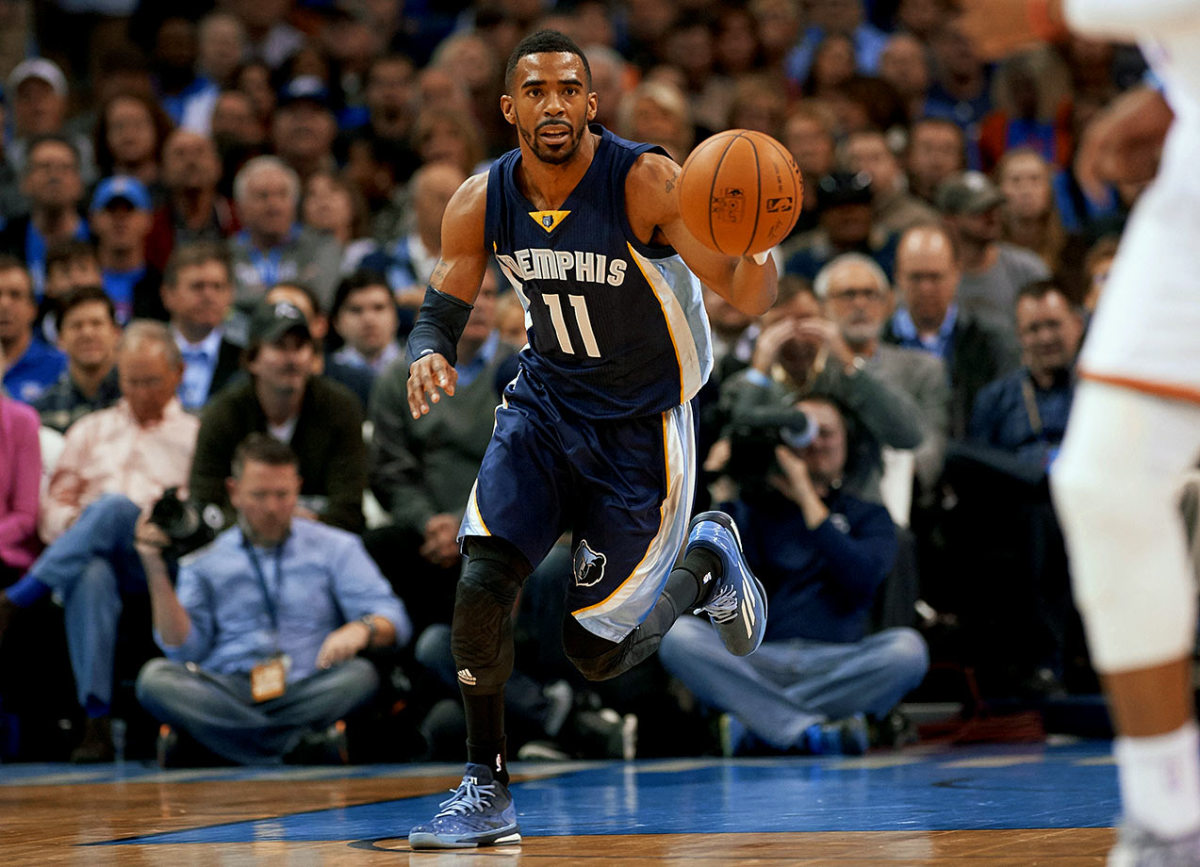
Grizzlies | Guard | Last year: 32
#26 — Klay Thompson
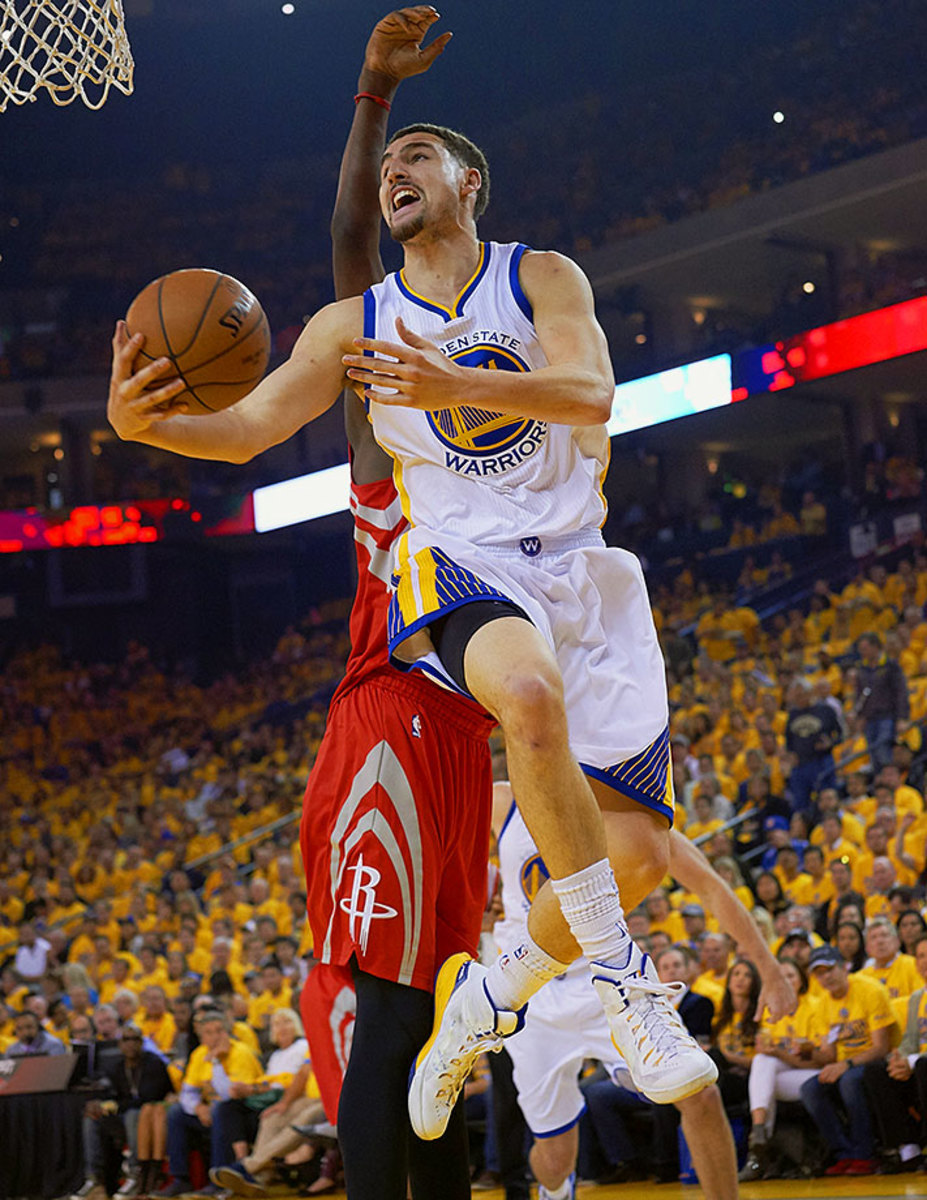
Warriors | Guard | Last year: 54
#25 — Serge Ibaka
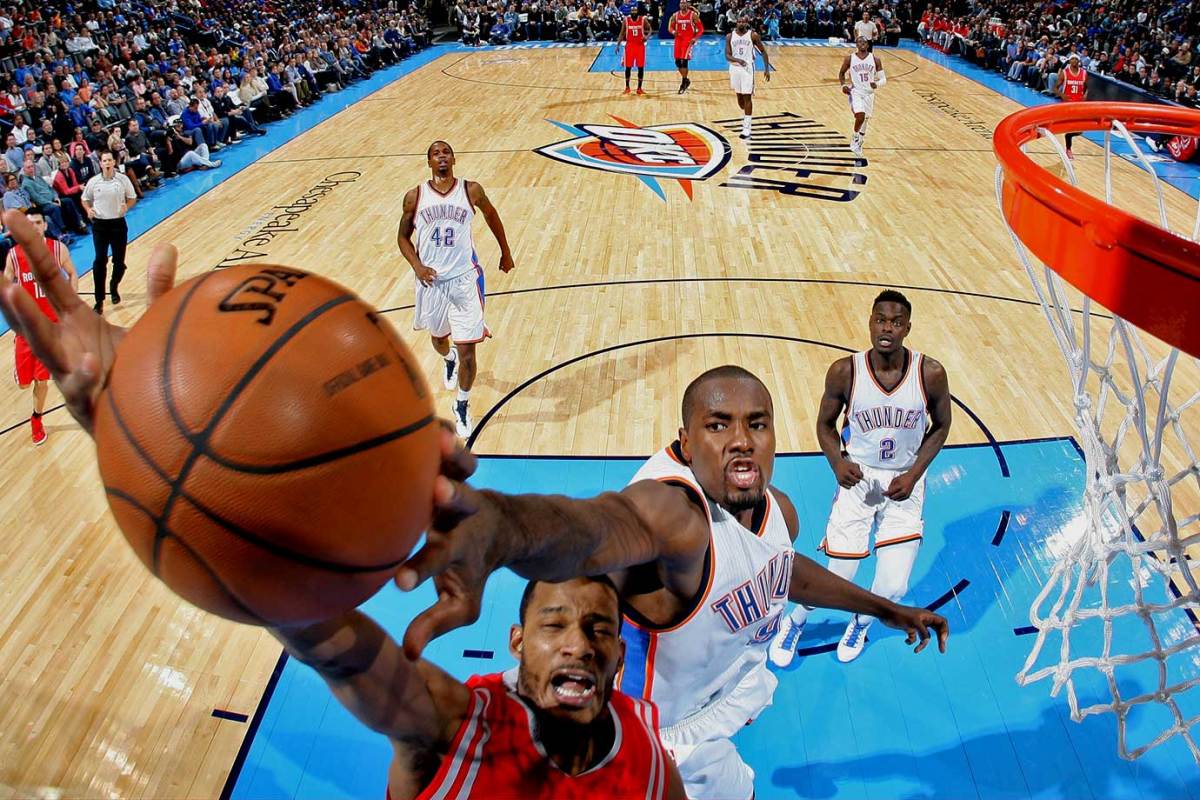
Thunder | Forward | Last year: 19
#24 — Damian Lillard
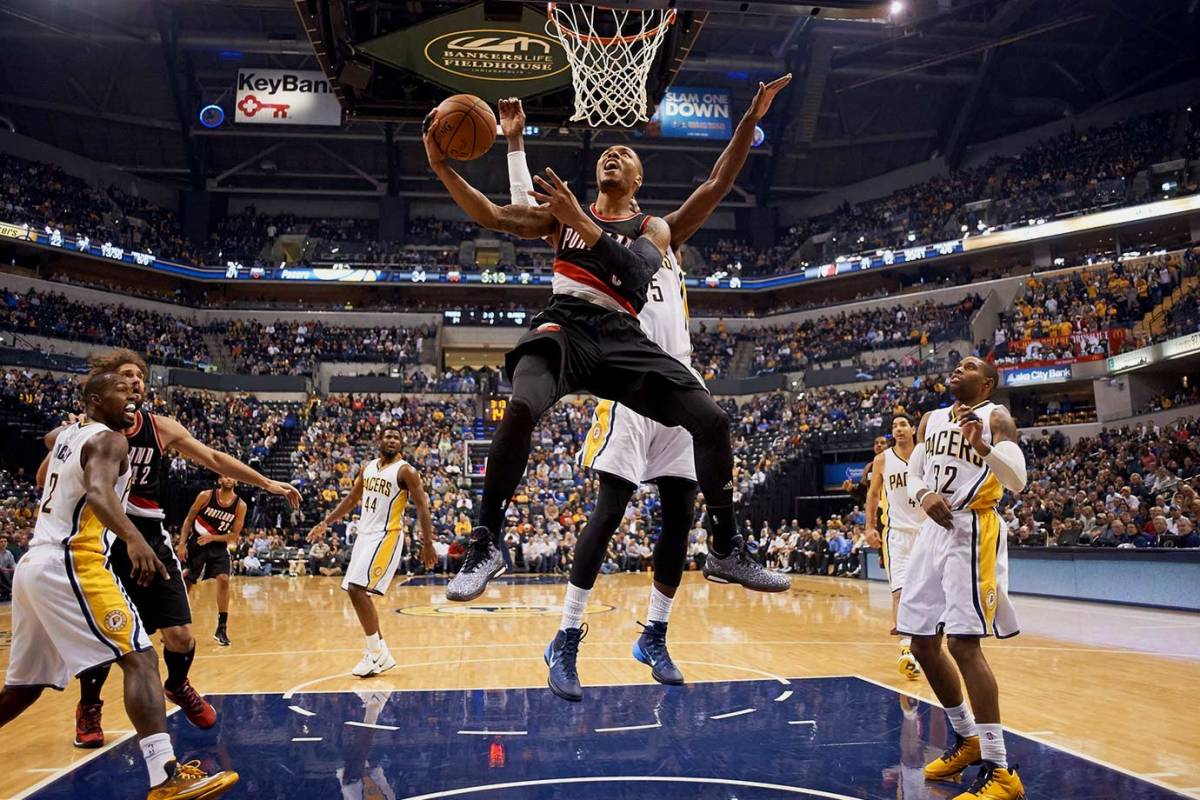
Trail Blazers | Guard | Last year: 22
#23 — Kyrie Irving
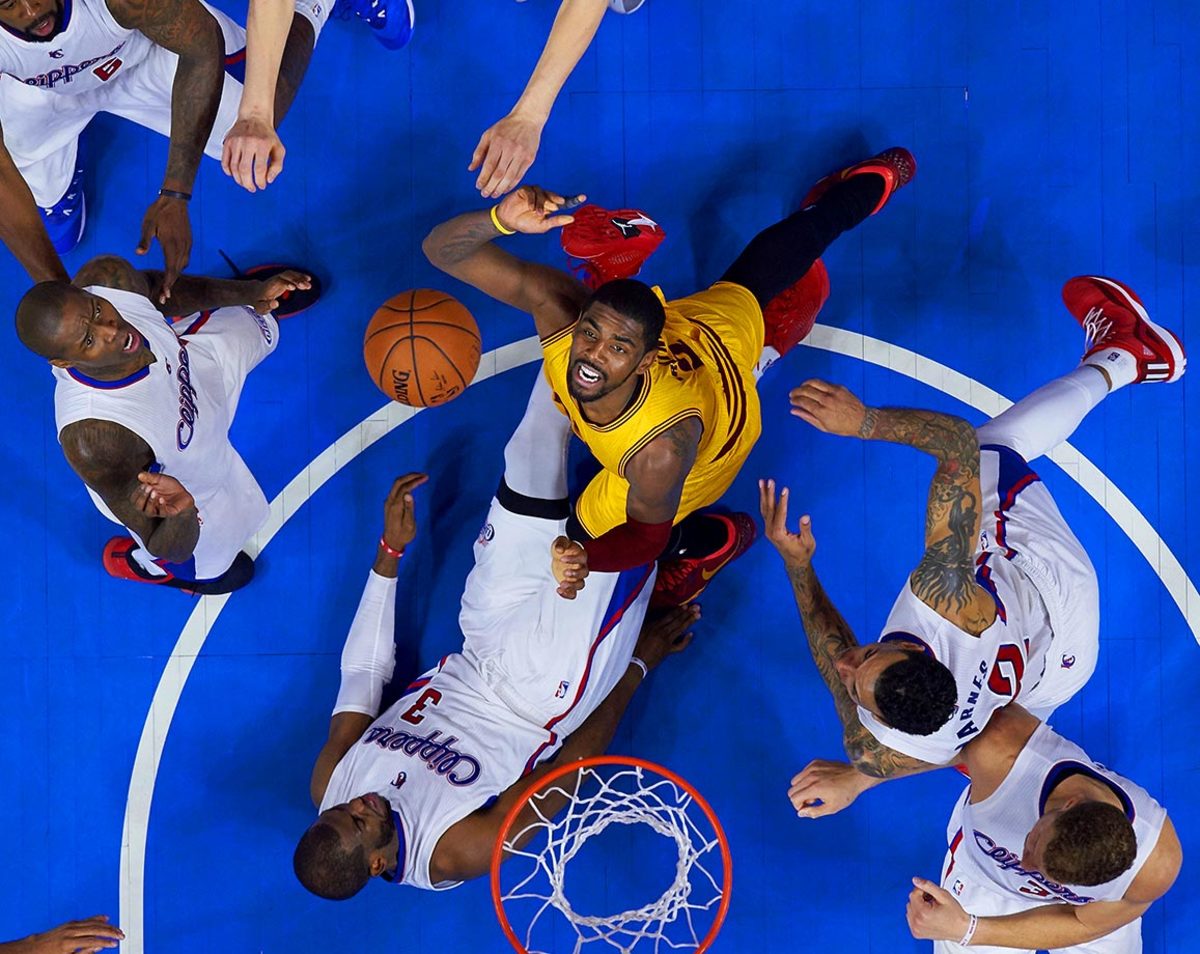
Cavaliers | Guard | Last year: 21
#22 — Chris Bosh
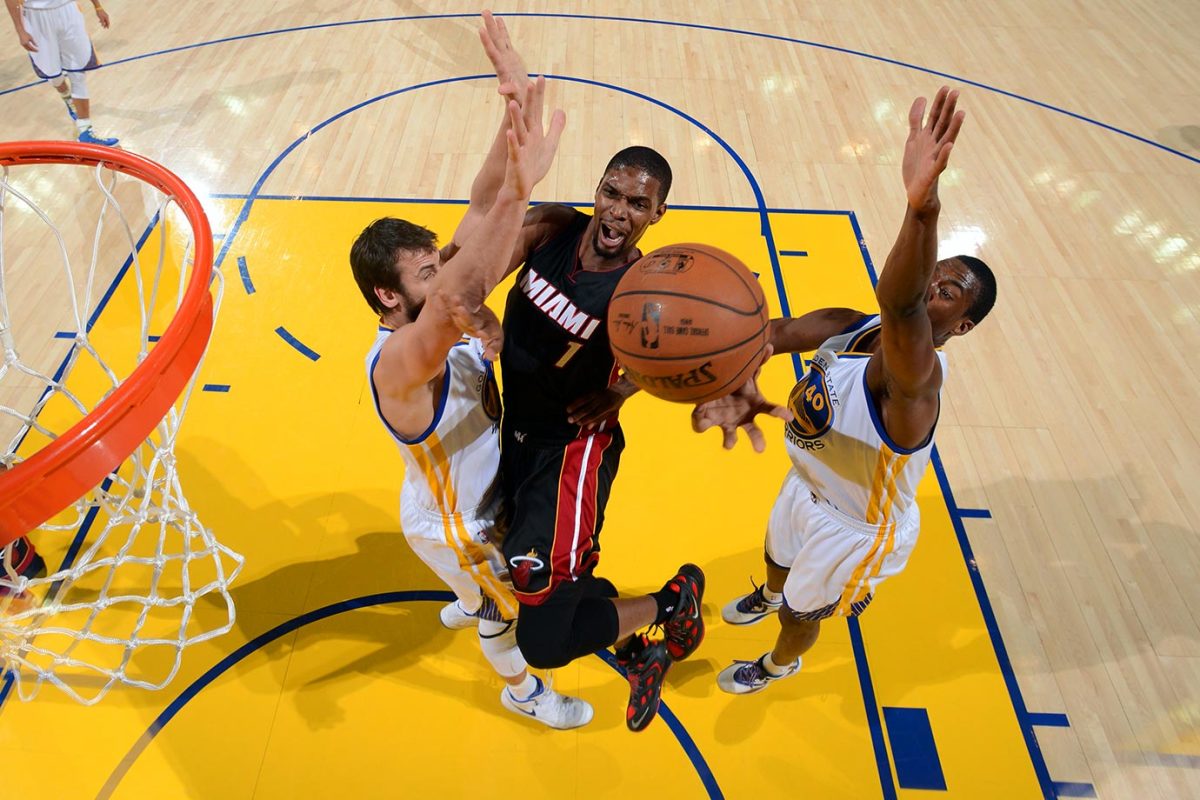
Heat | Forward | Last year: 18
#21 — Al Horford
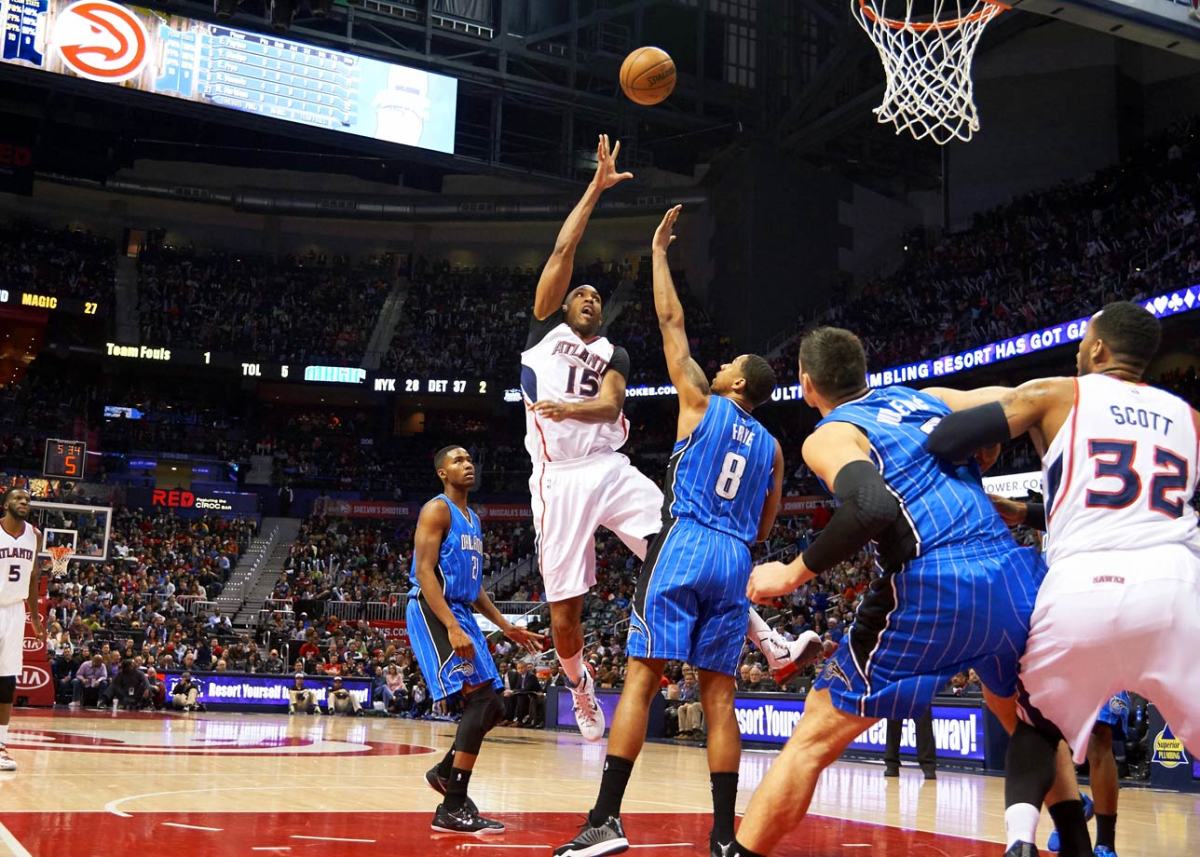
Hawks | Center | Last year: 25
#20 — Paul George
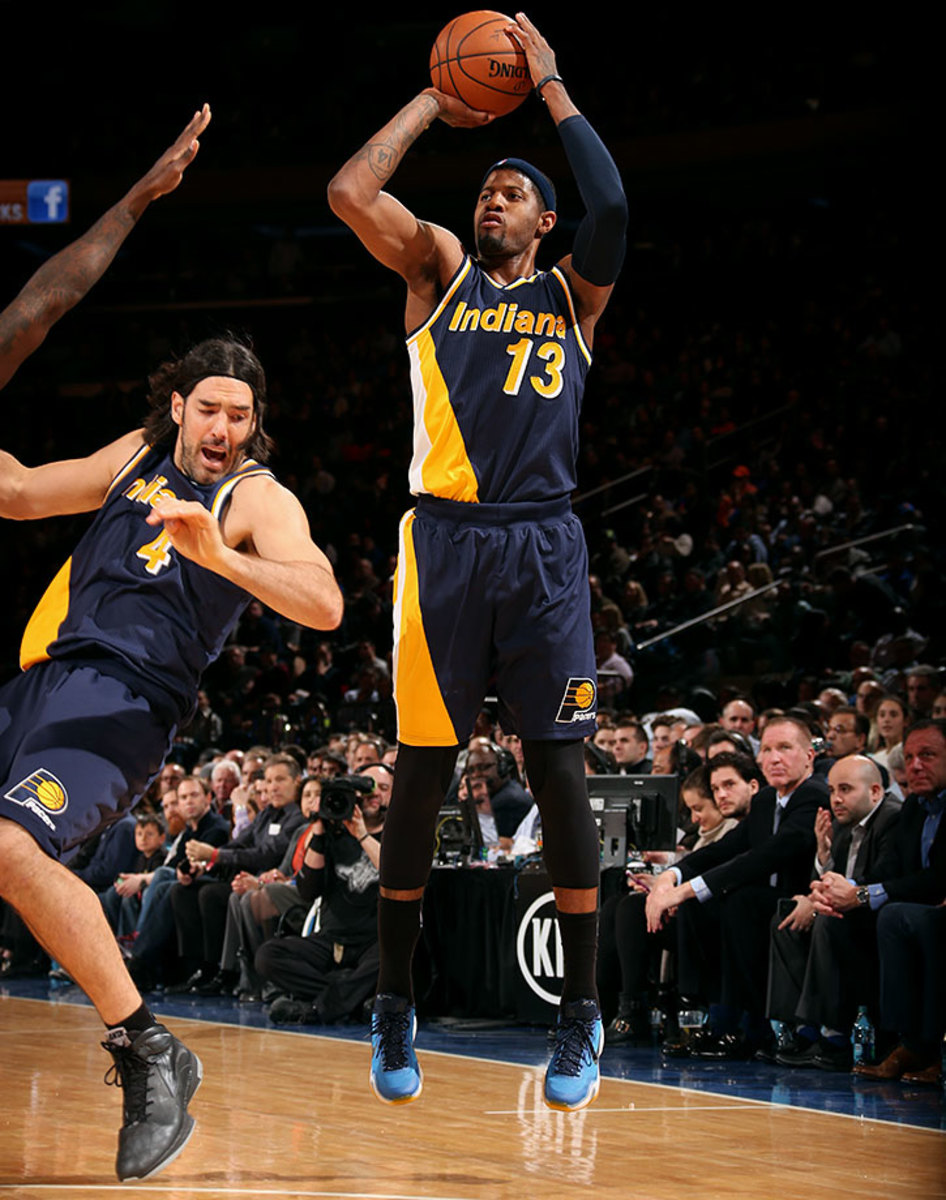
Pacers | Forward | Last year: —
#19 — Dwight Howard
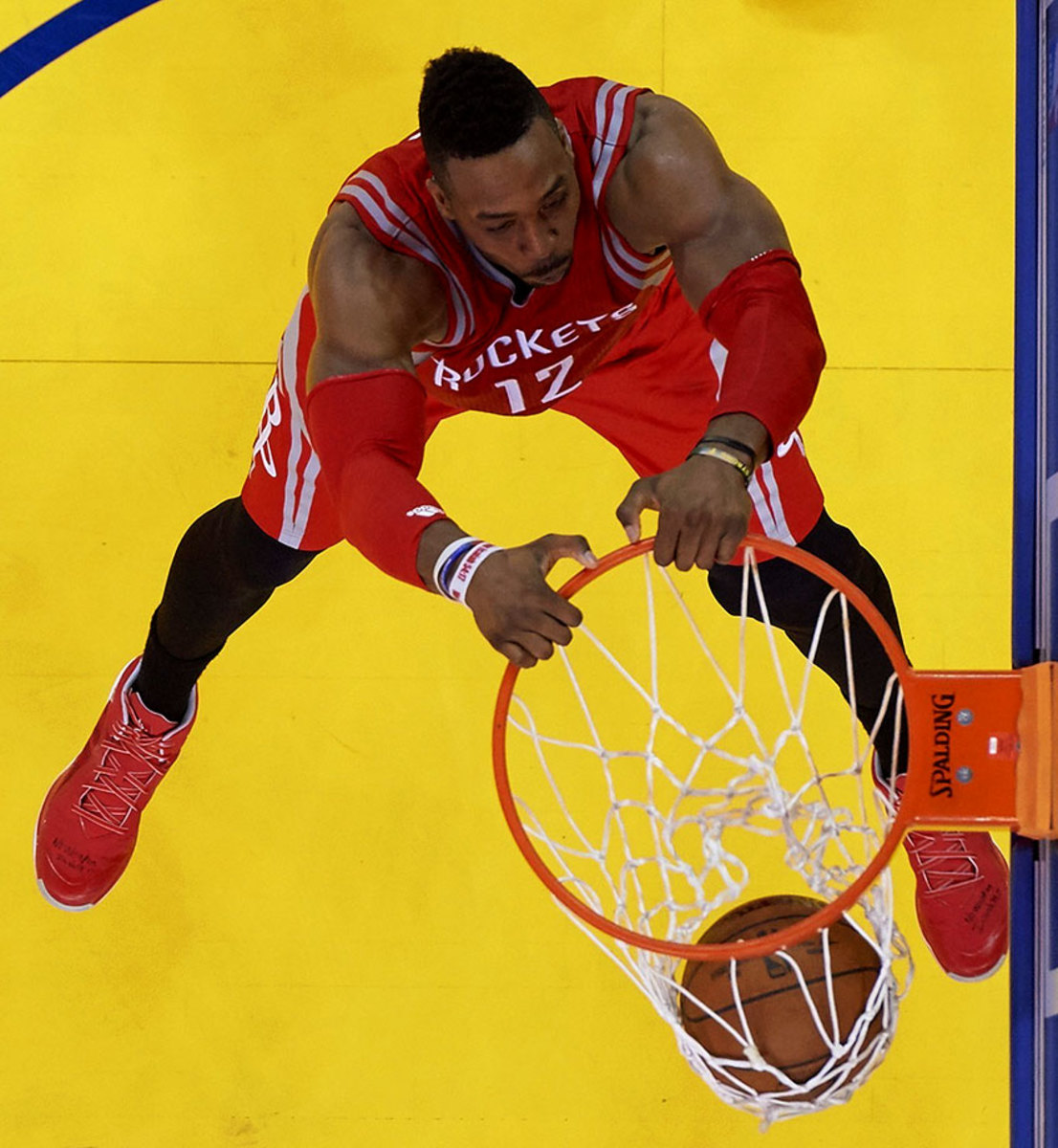
Rockets | Center | Last year: 9
#18 — Jimmy Butler
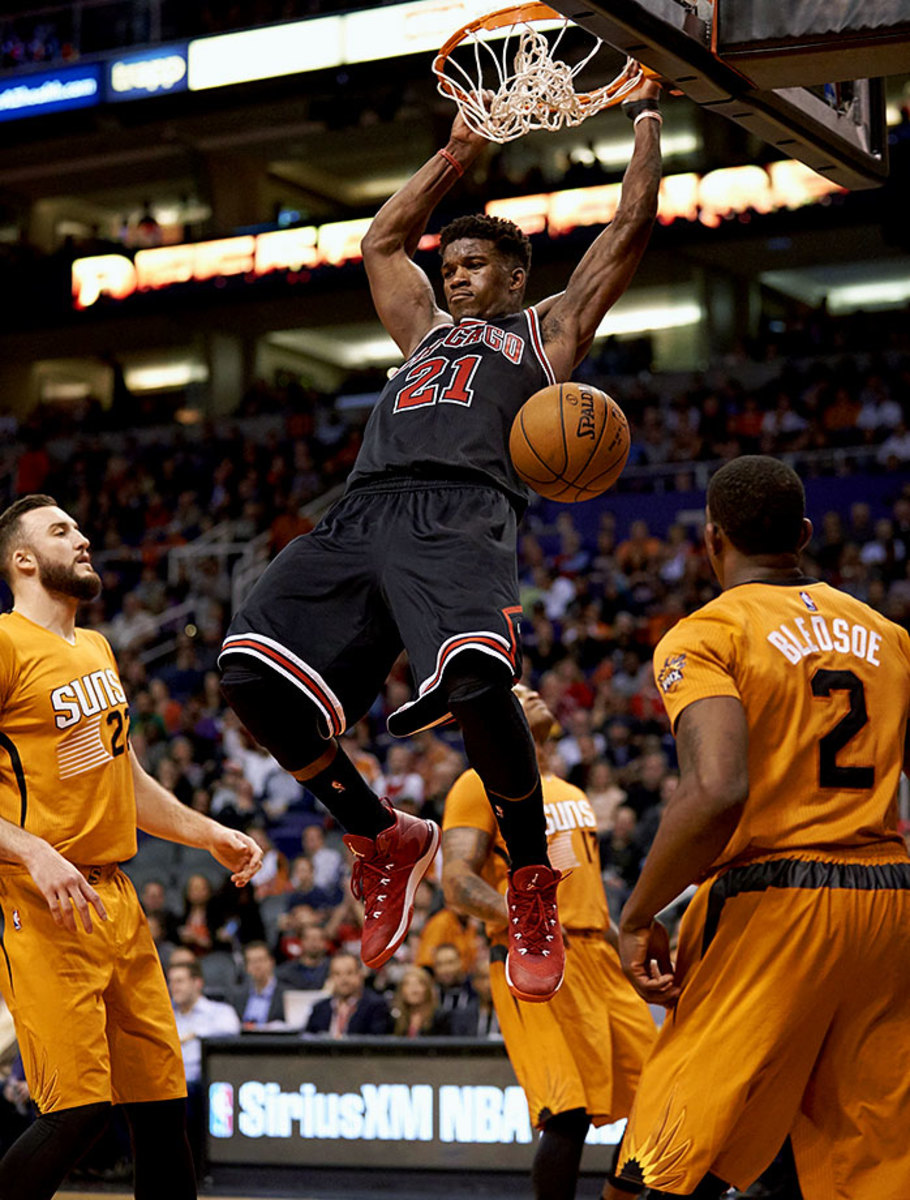
Bulls | Guard | Last year: 98
#17 — Kevin Love
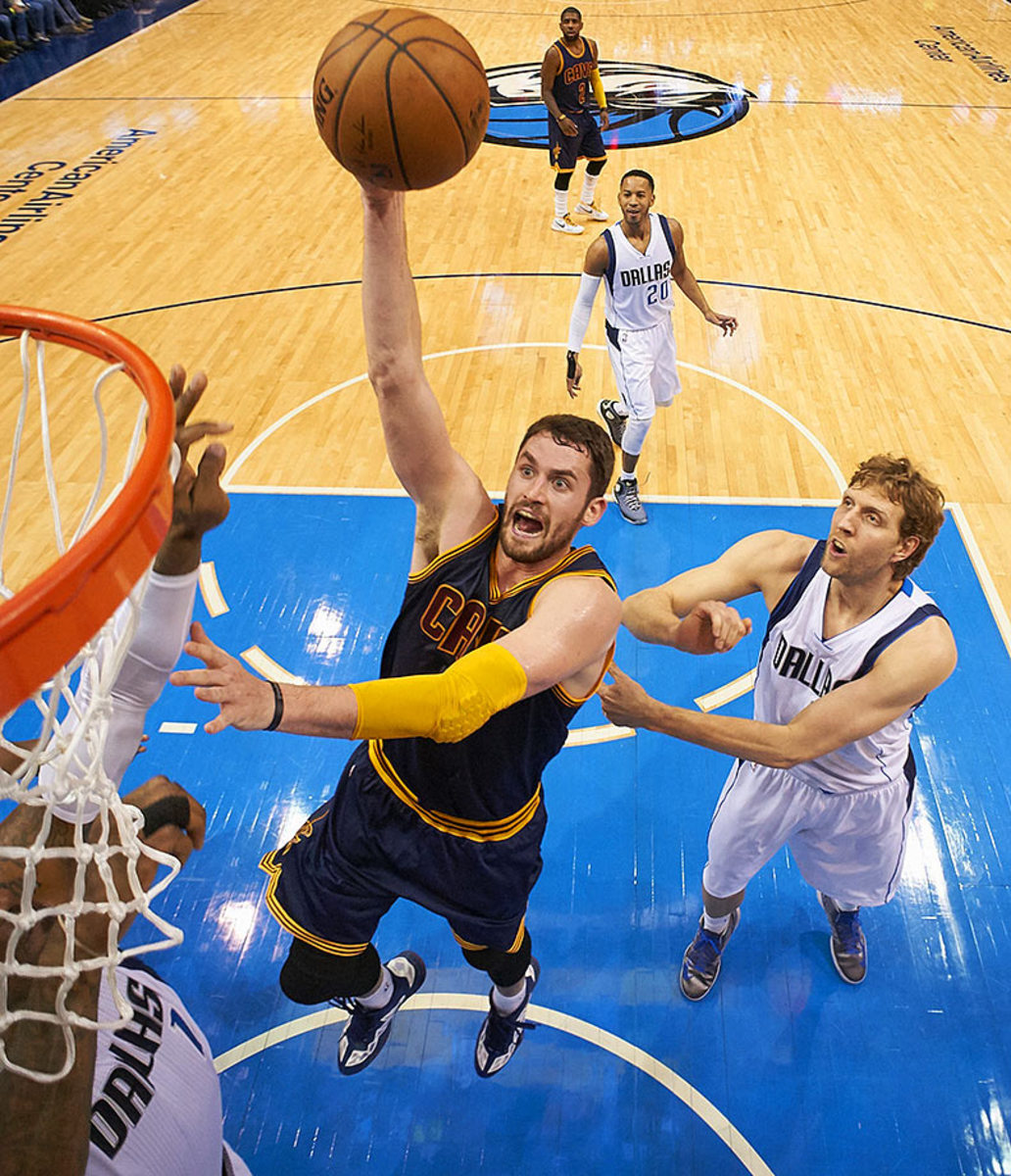
Cavaliers | Forward | Last year: 7
#16 — Draymond Green
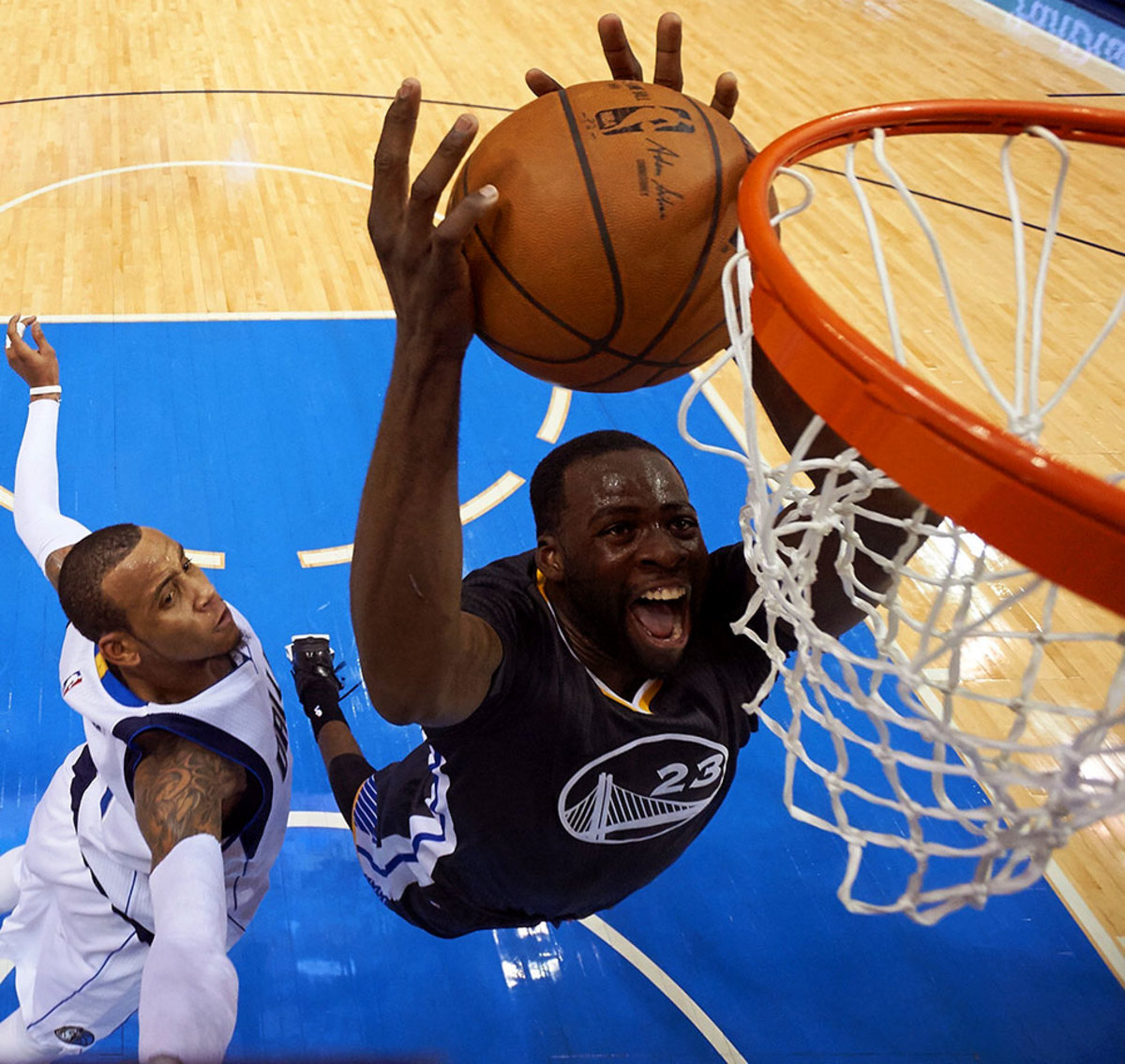
Warriors | Forward | Last year: —
#15 — Carmelo Anthony
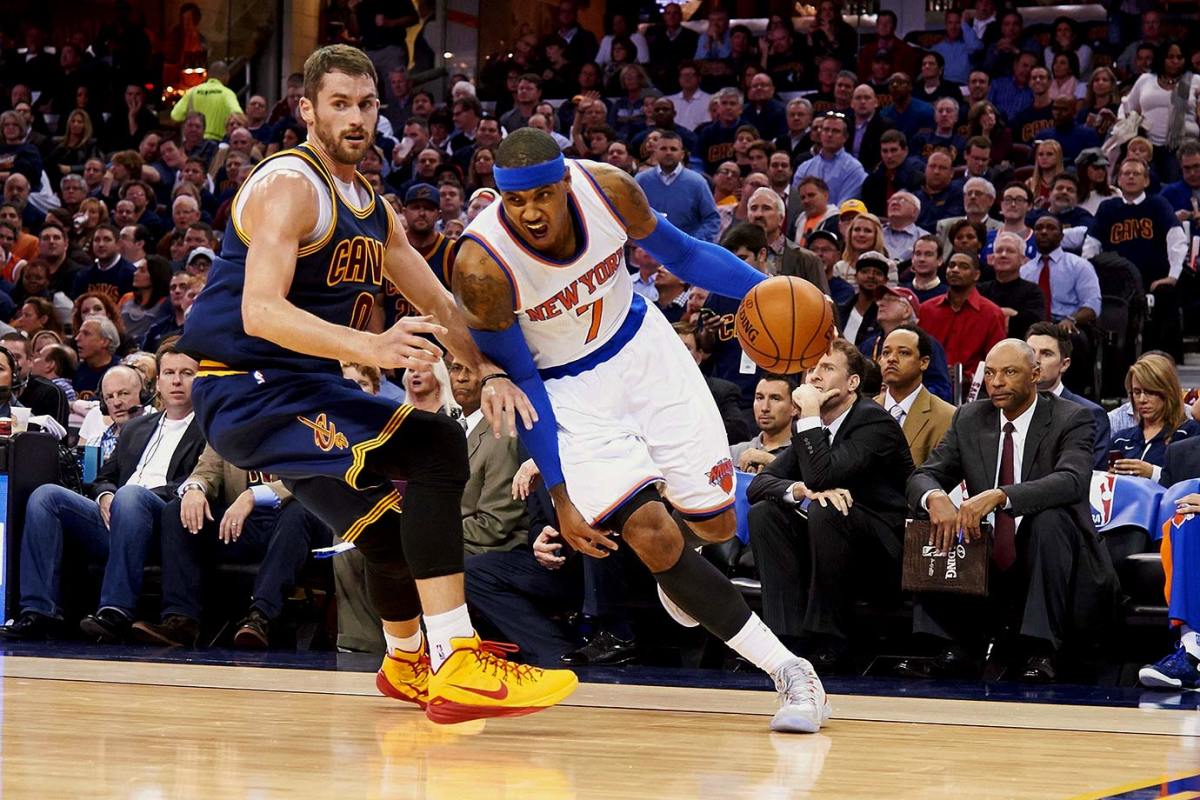
Knicks | Forward | Last year: 11
#14 — DeMarcus Cousins
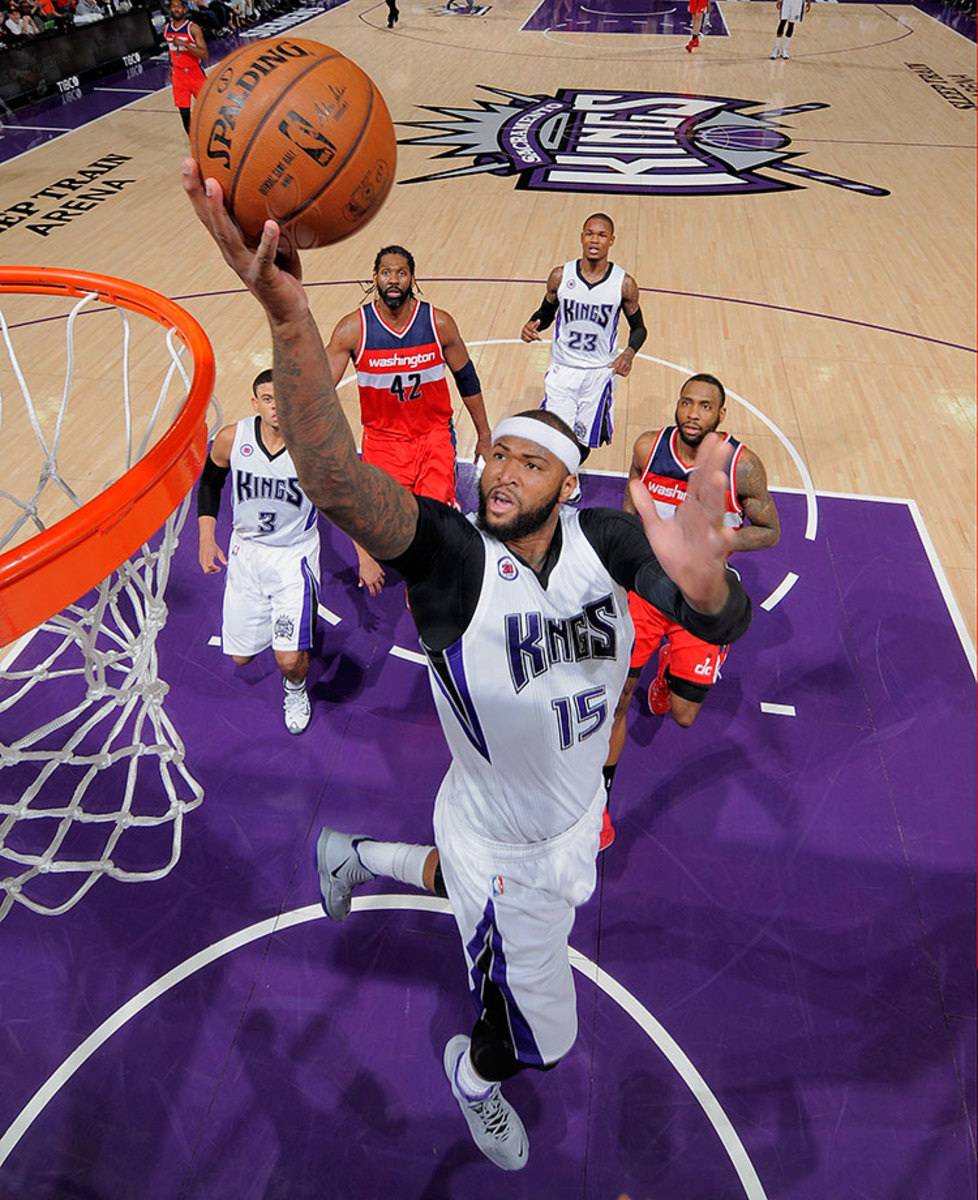
Kings | Center | Last year: 27
#13 — John Wall
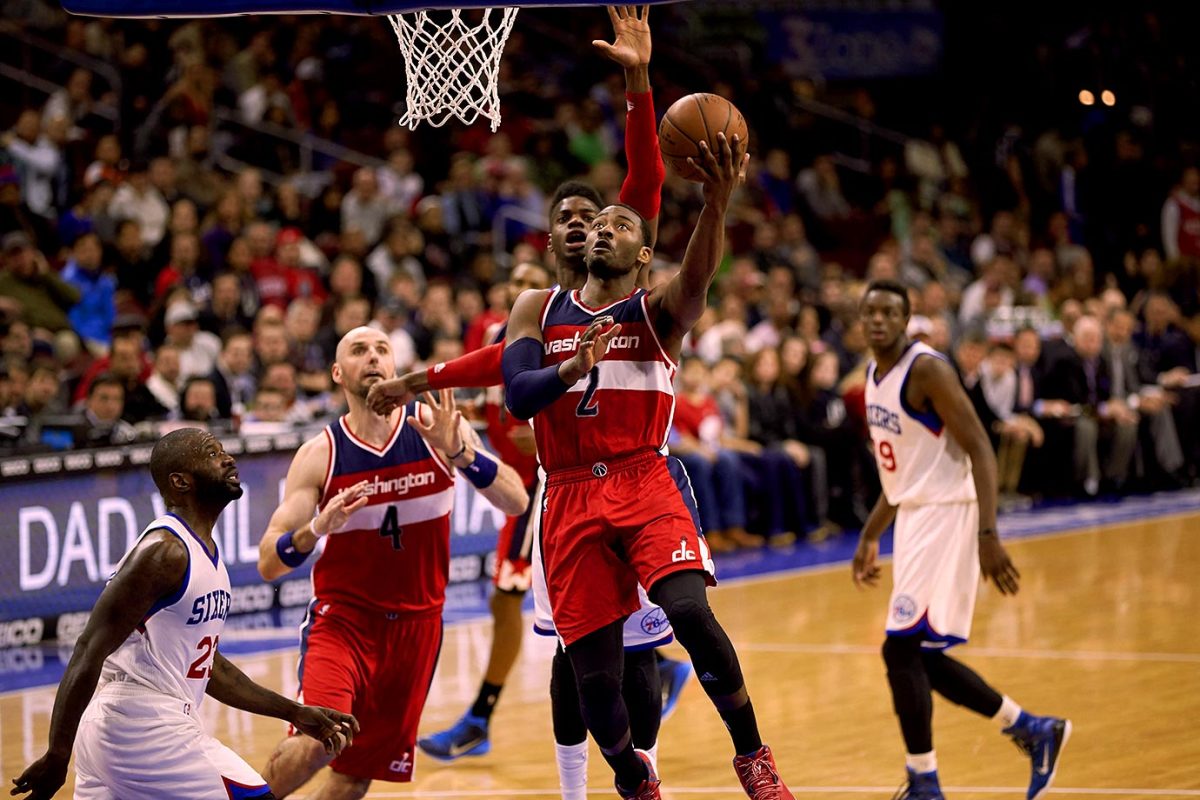
Wizards | Guard | Last year: 31
#12 — LaMarcus Aldridge
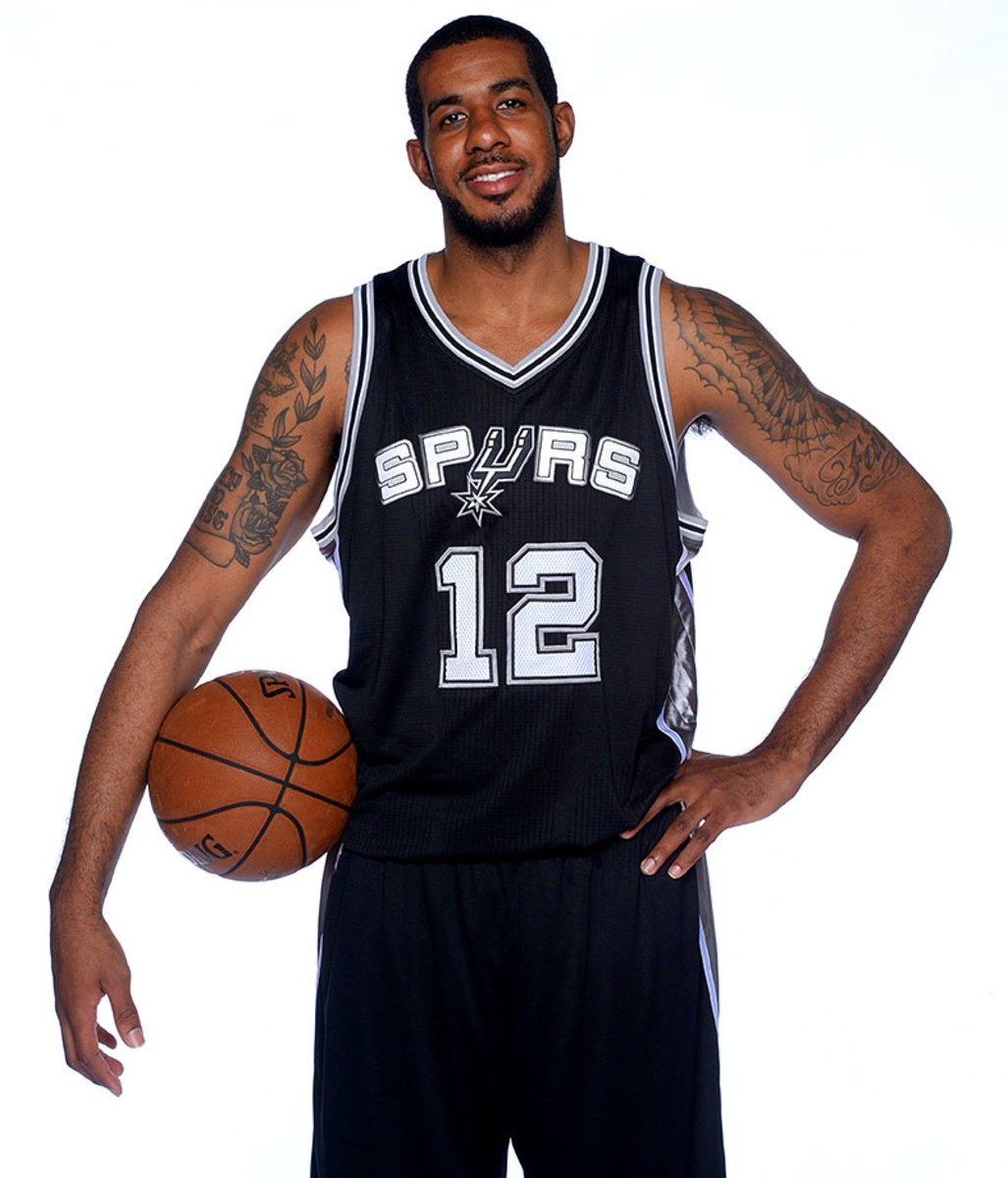
Spurs | Forward | Last year: 12
#11 — Tim Duncan
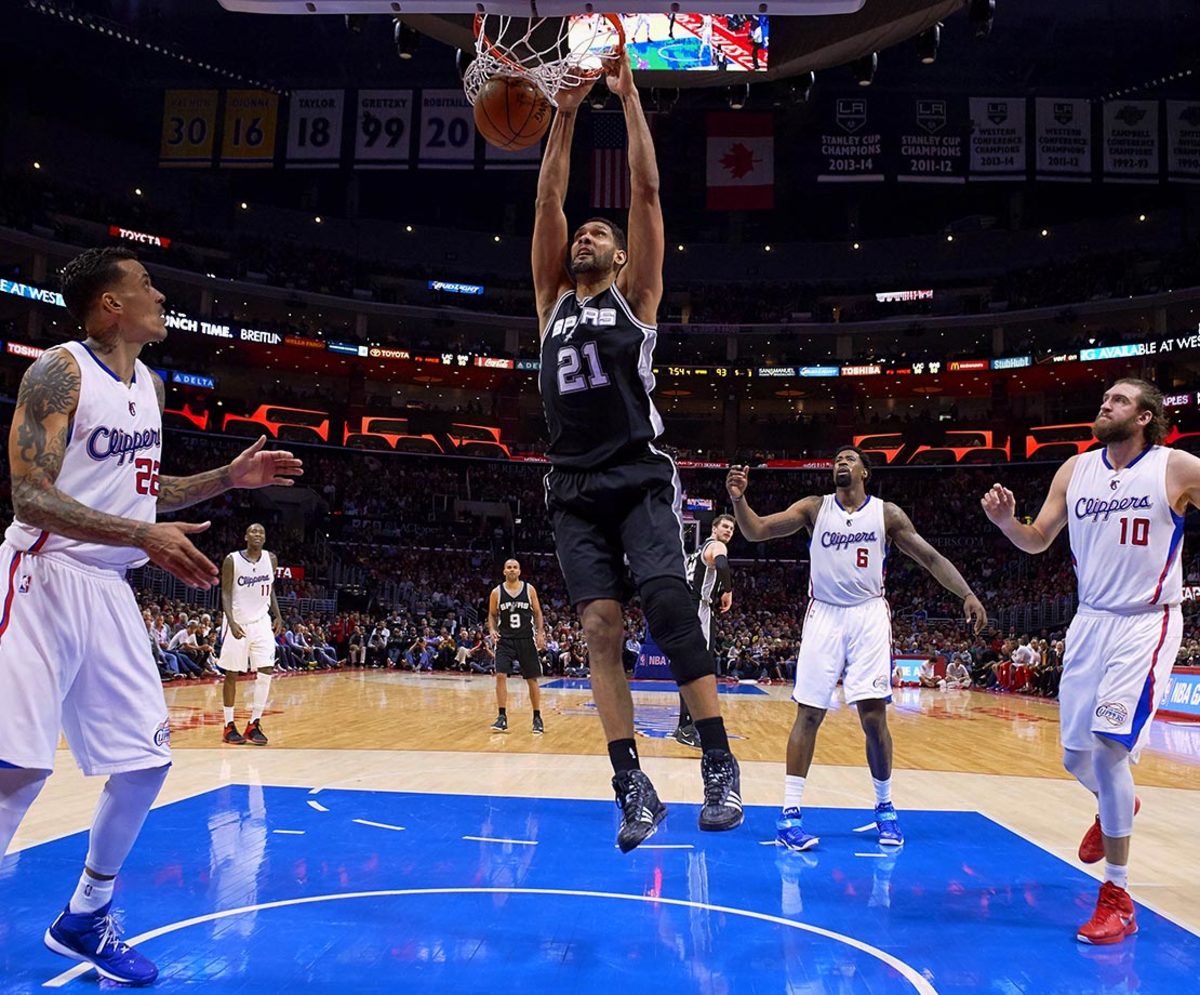
Spurs | Forward | Last year: 5
#10 — Kawhi Leonard
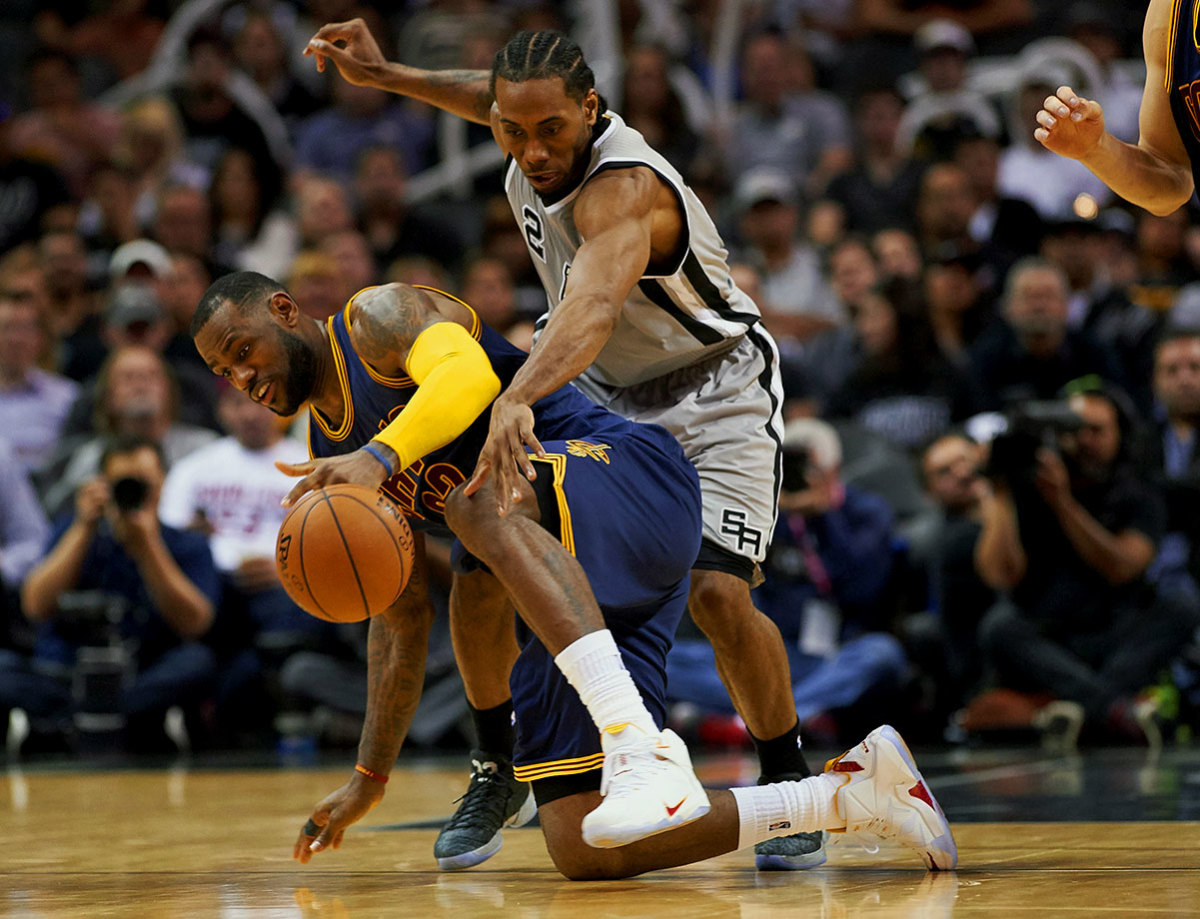
Spurs | Forward | Last year: 28
#9 — Marc Gasol
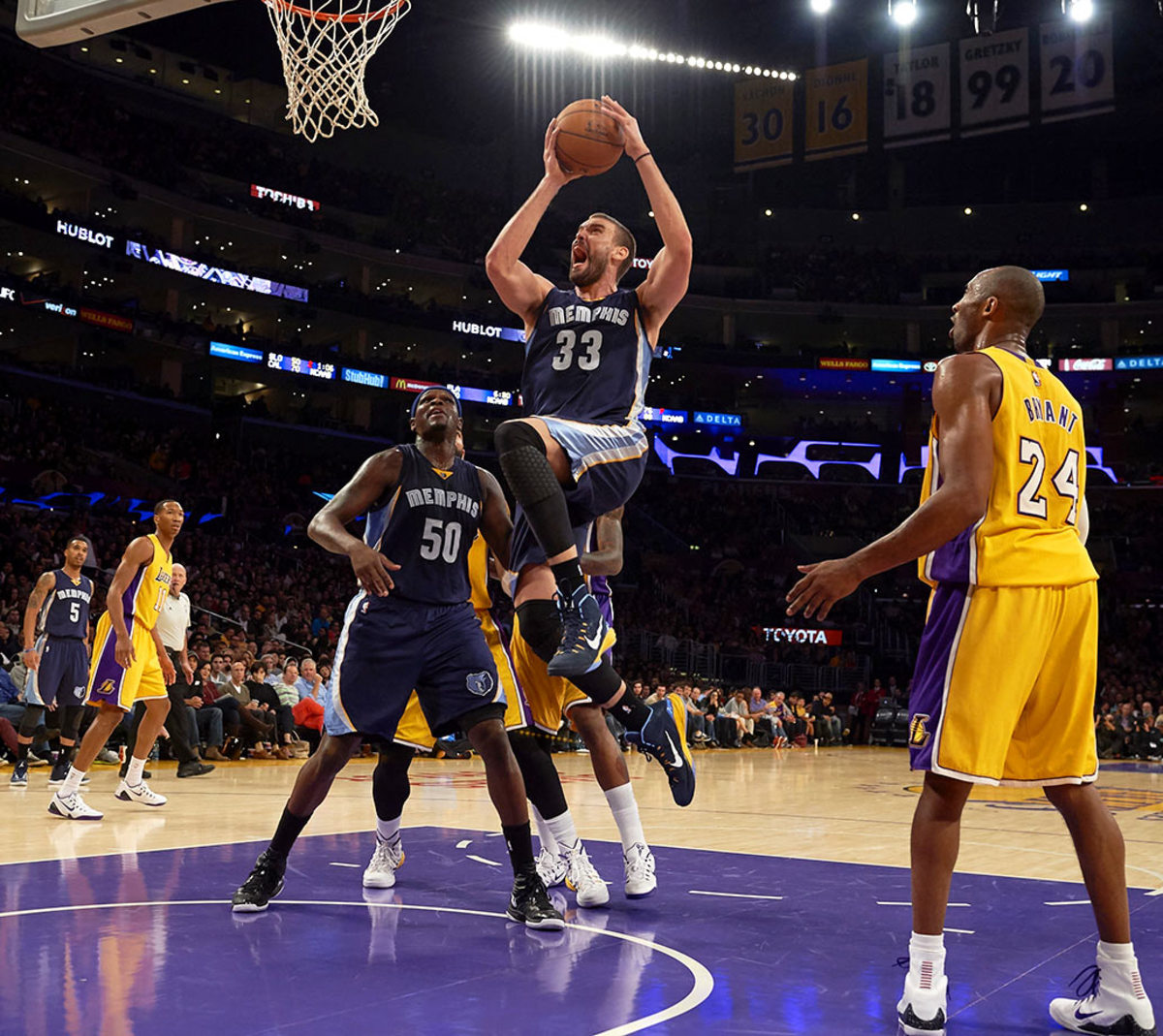
Grizzlies | Center | Last year: 16
#8 — Blake Griffin
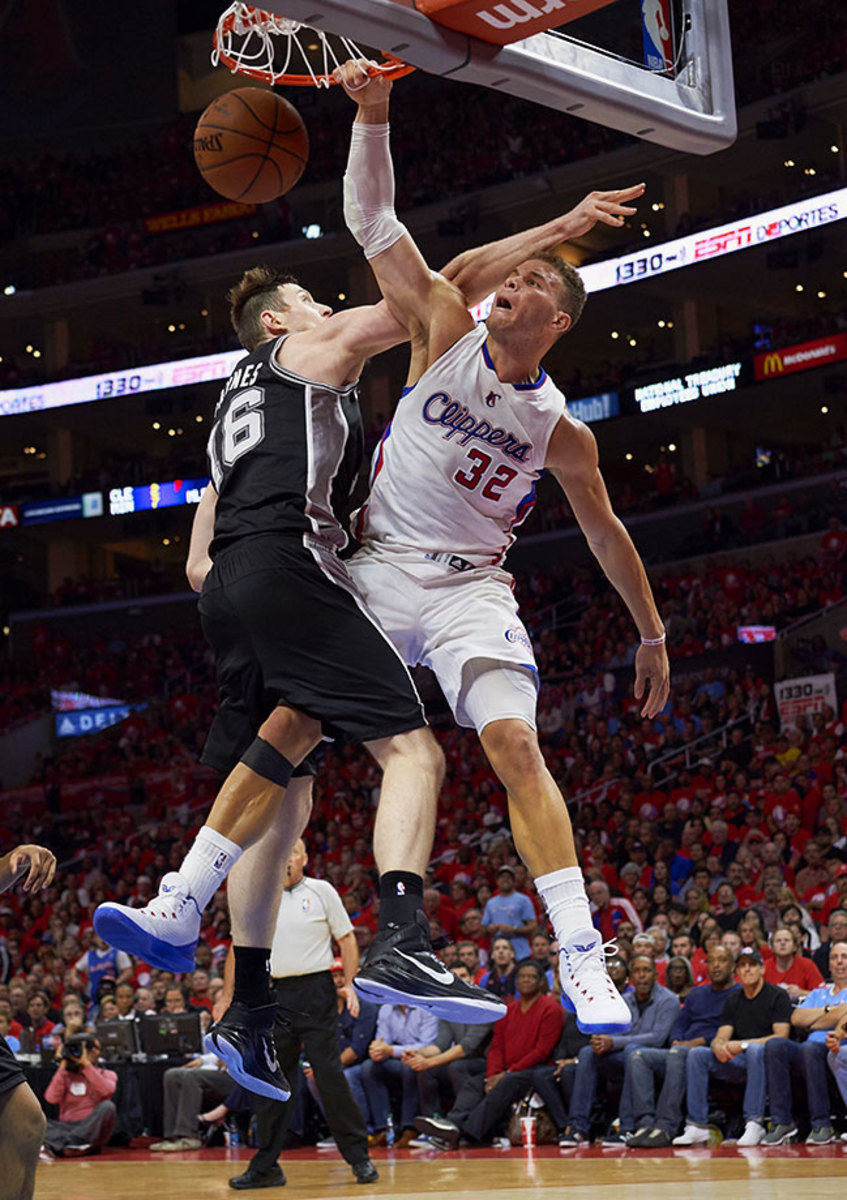
Clippers | Forward | Last year: 10
#7 — Russell Westbrook
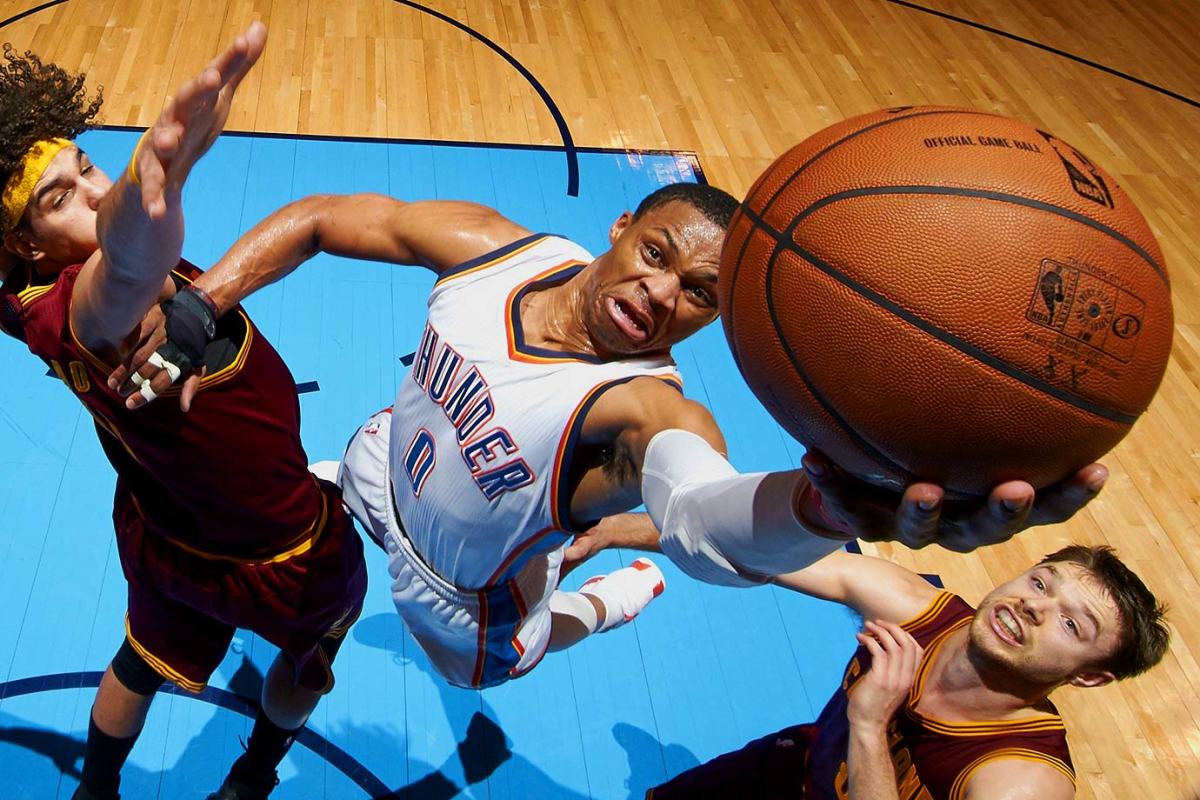
Thunder | Guard | Last year: 4
#6 — Chris Paul
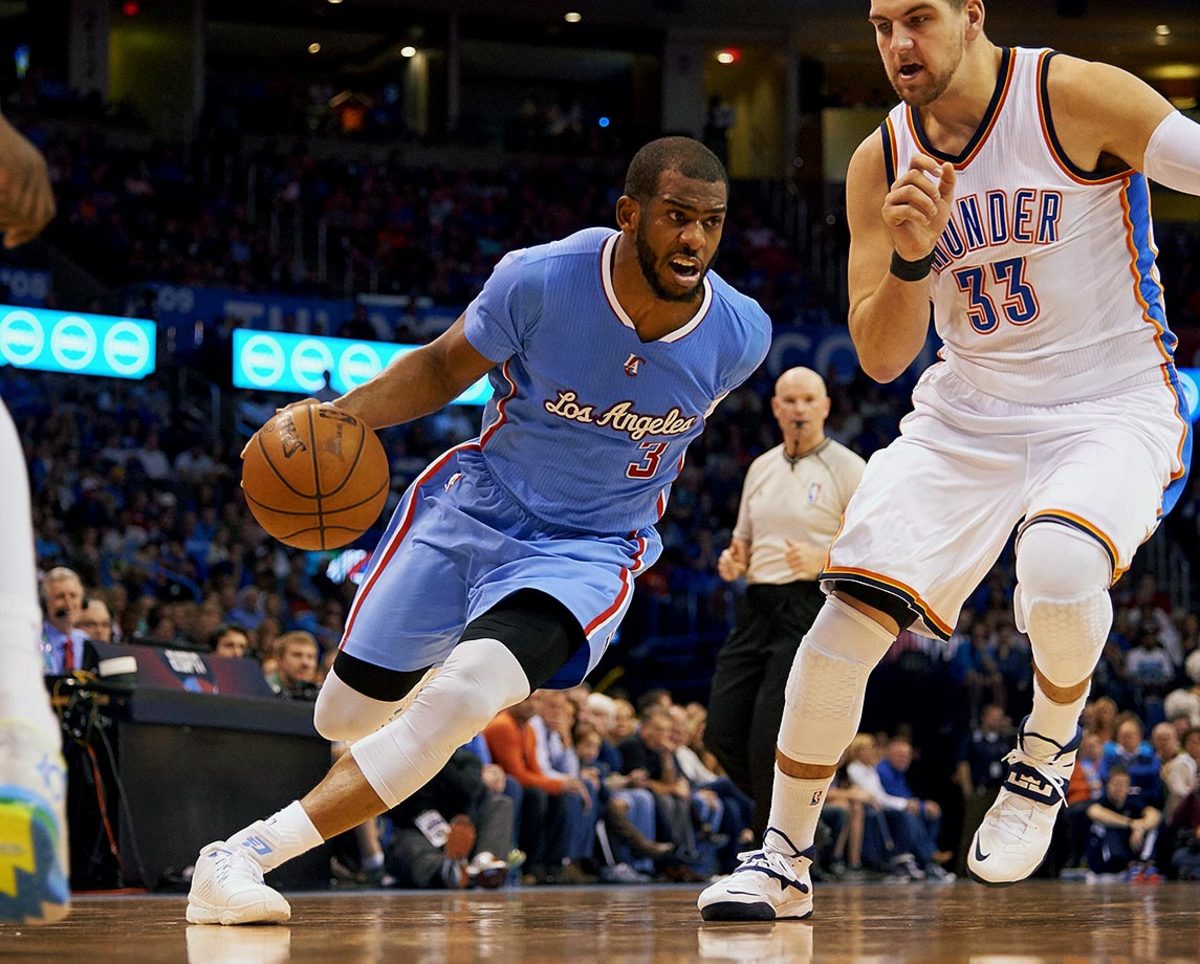
Clippers | Guard | Last year: 3
#5 — James Harden
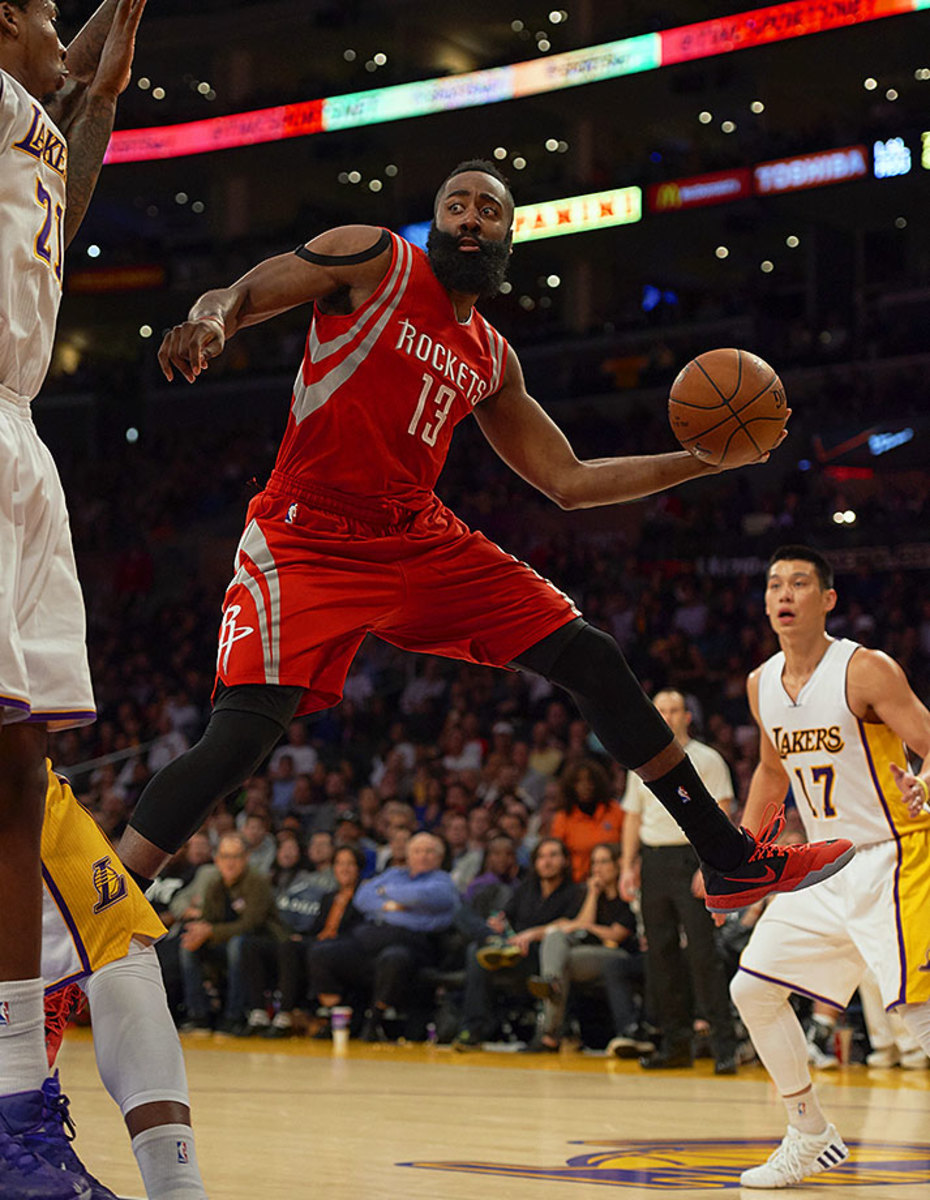
Rockets | Guard | Last year: 13
#4 — Stephen-Curry
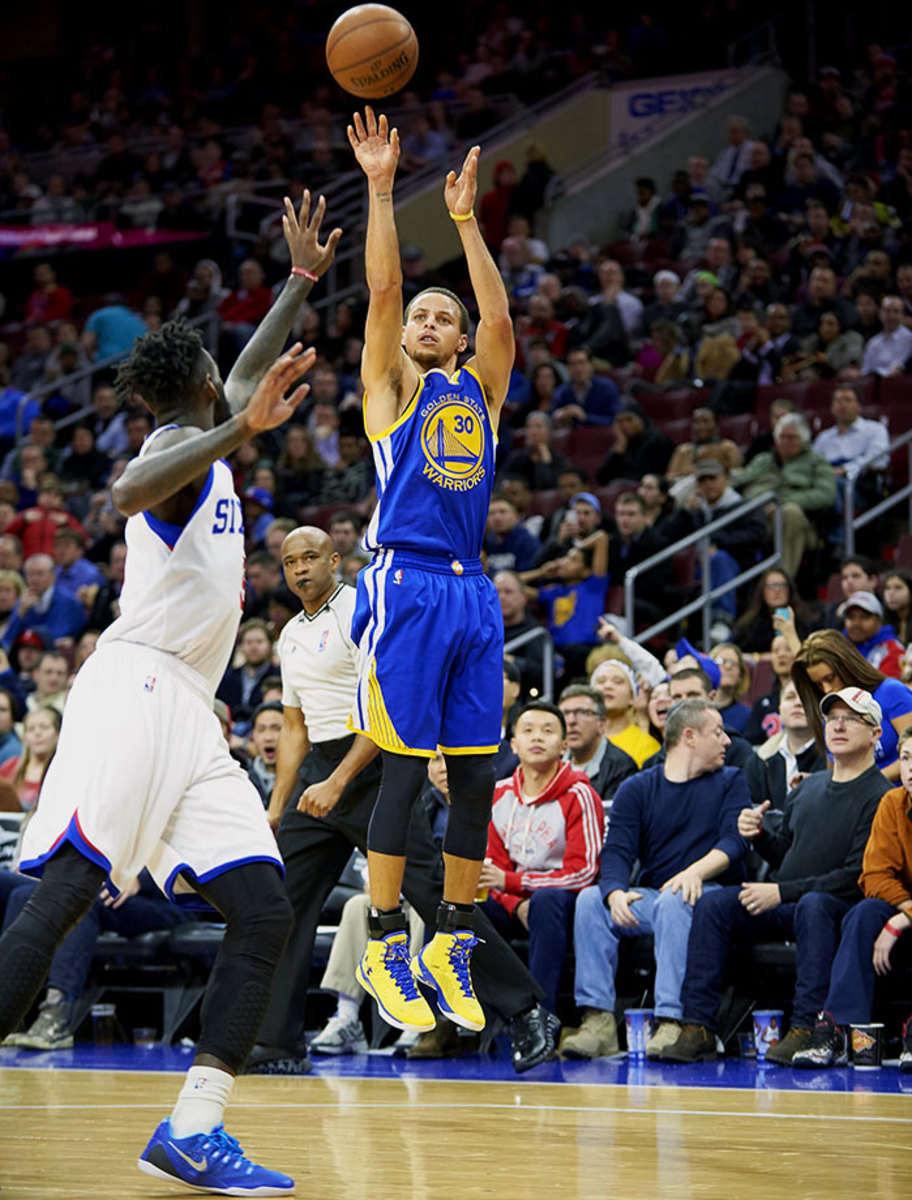
Warriors | Guard | Last year: 8
#3 — Anthony Davis
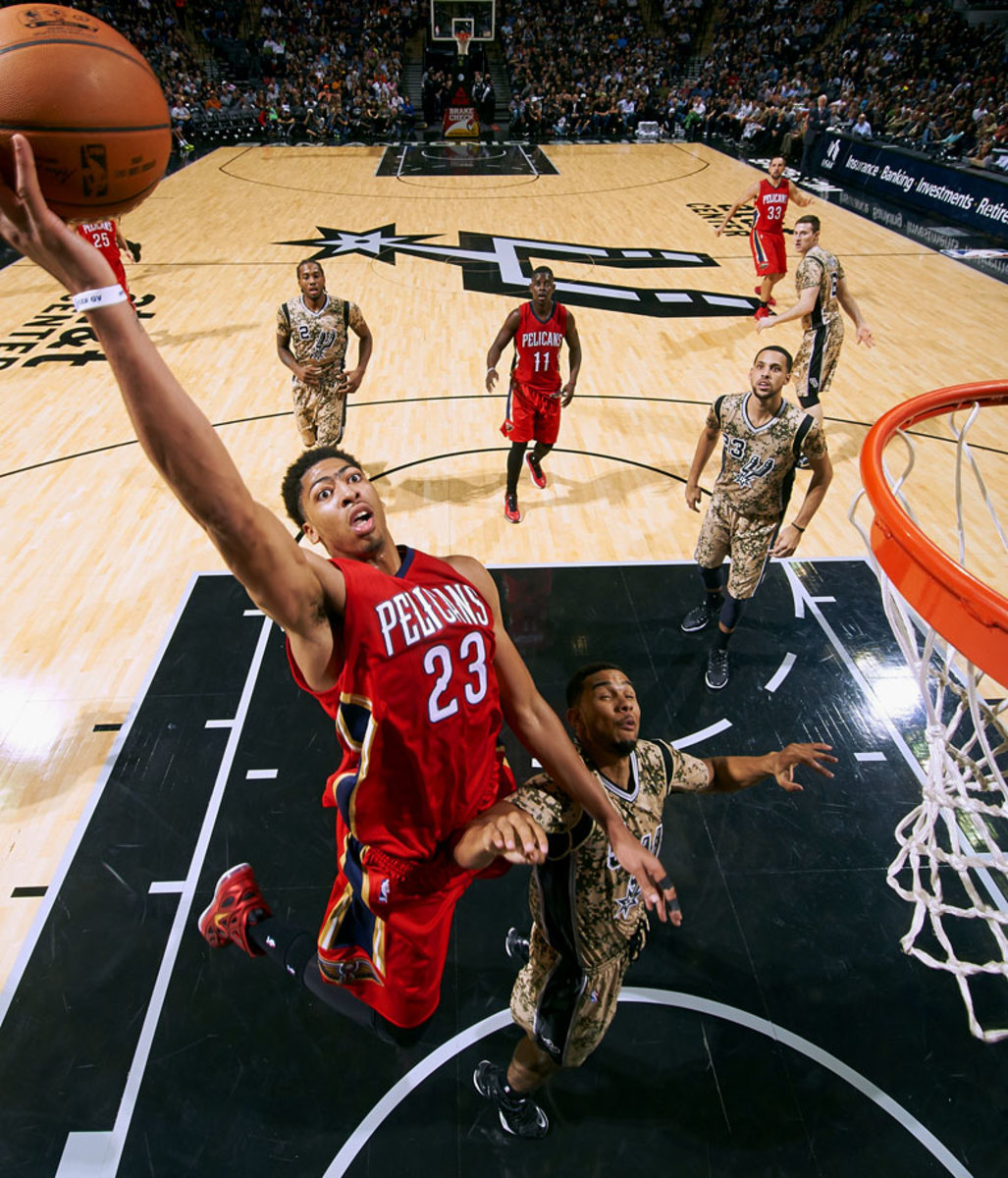
Pelicans | Forward | Last year: 4
#2 — Kevin Durant
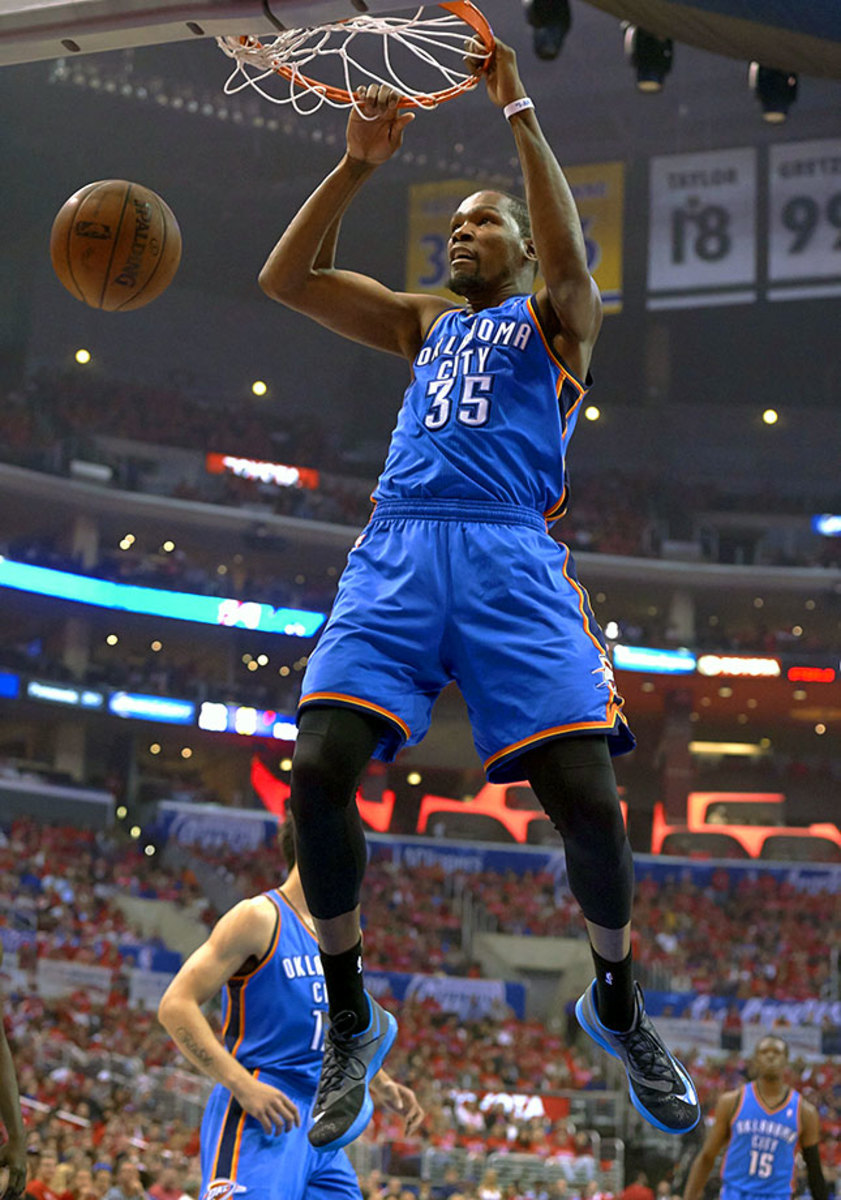
Thunder | Forward | Last year: 2
#1 — LeBron James
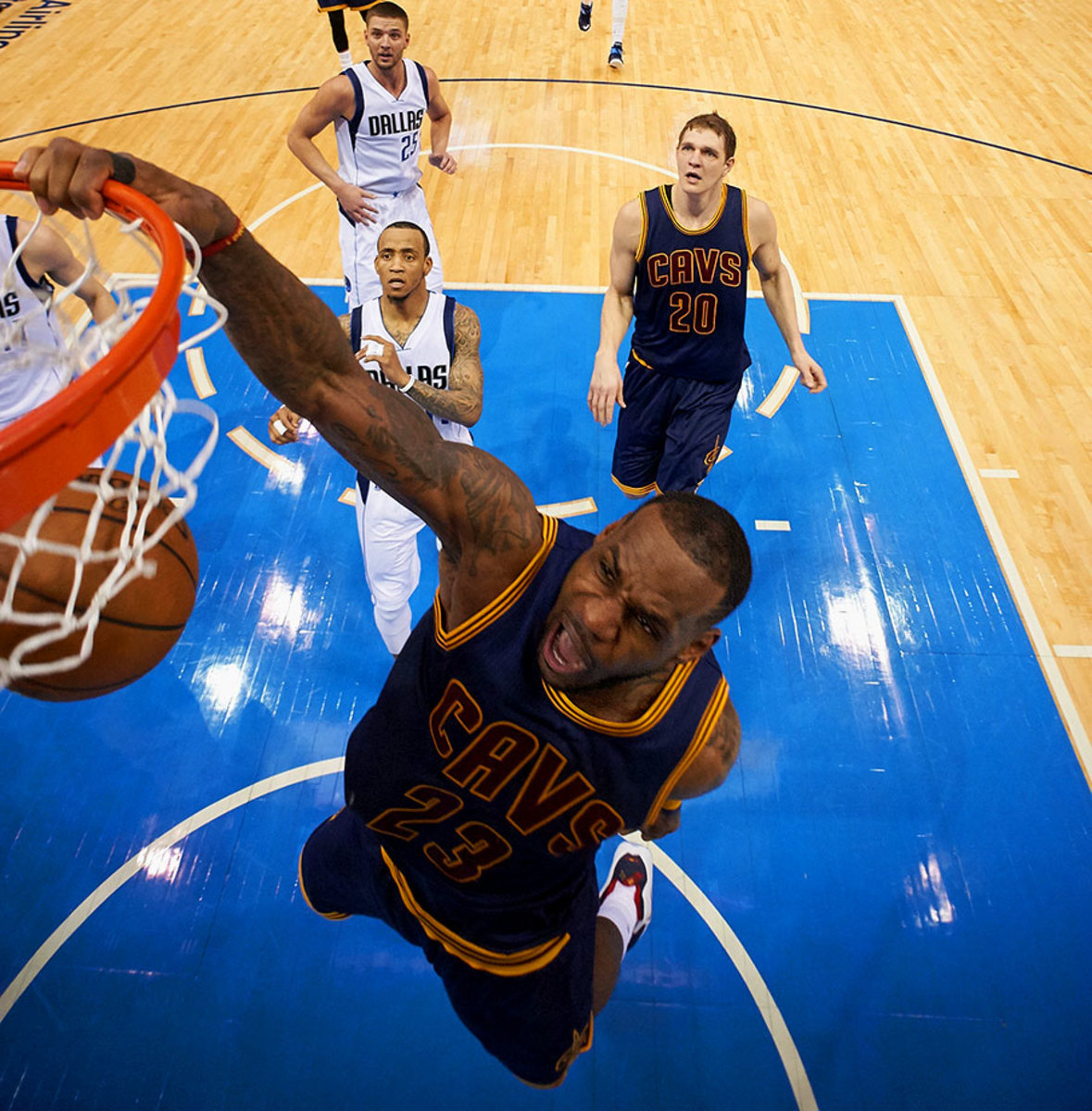
Cavaliers | Forward | Last year: 1
